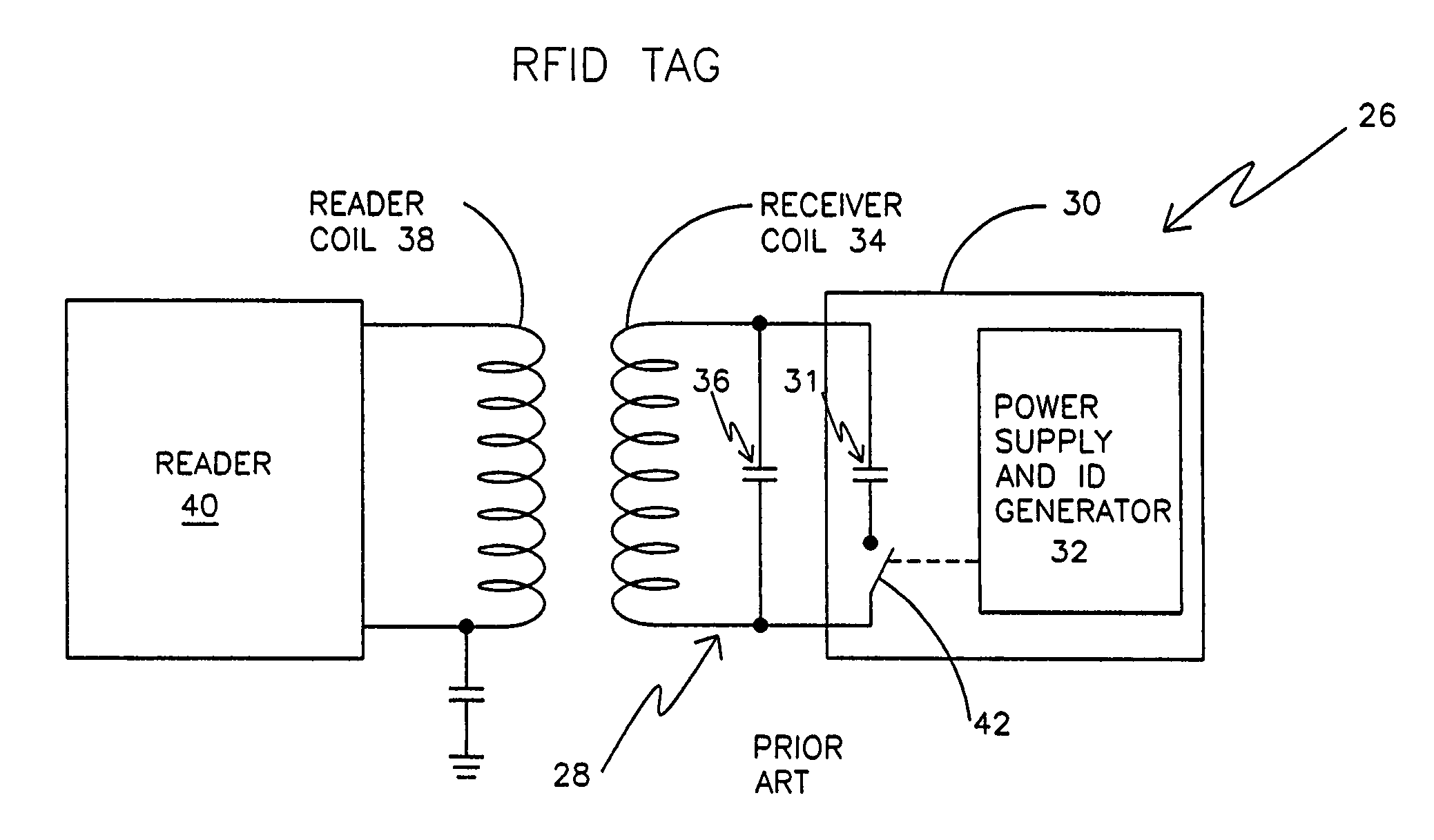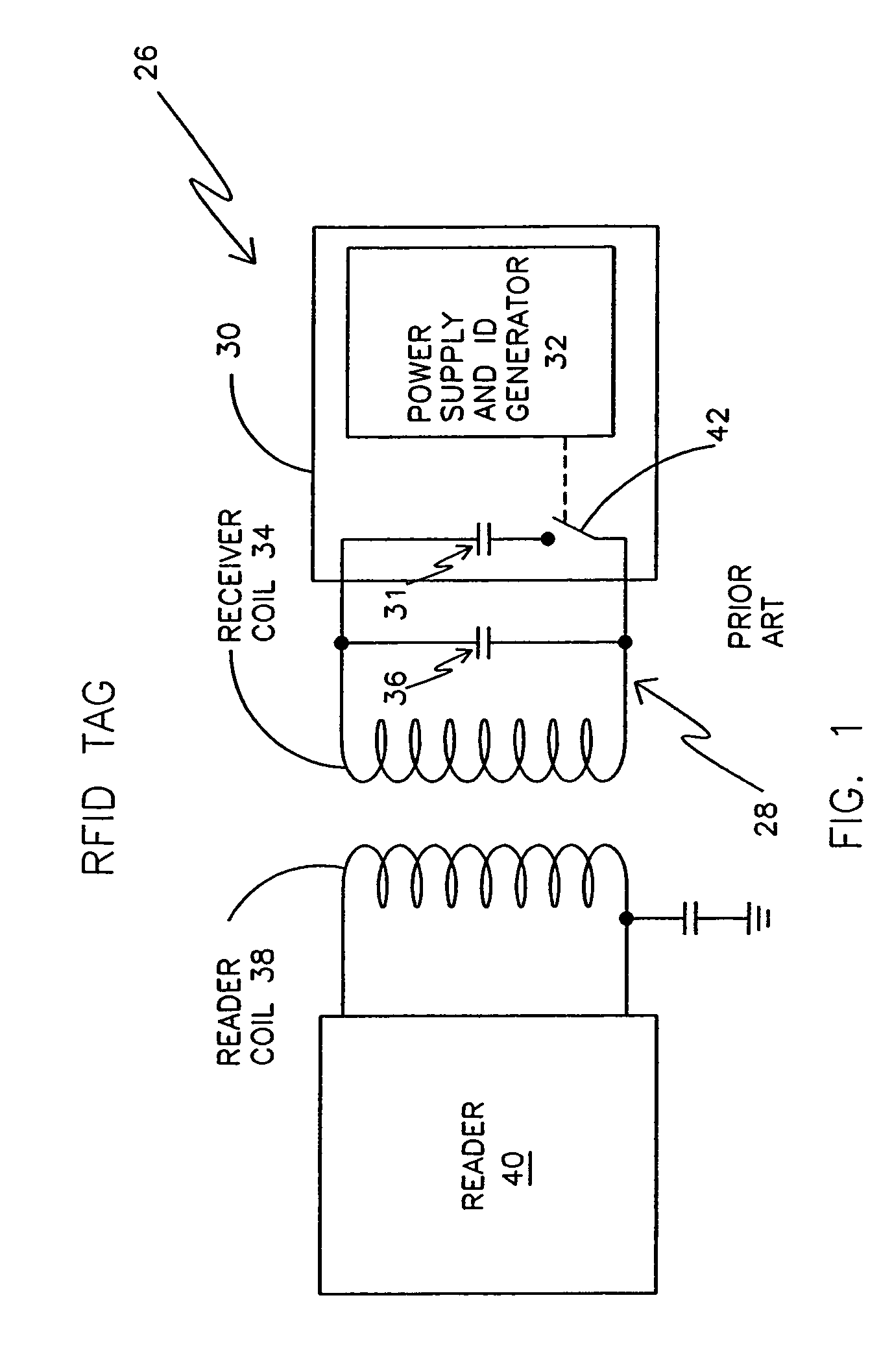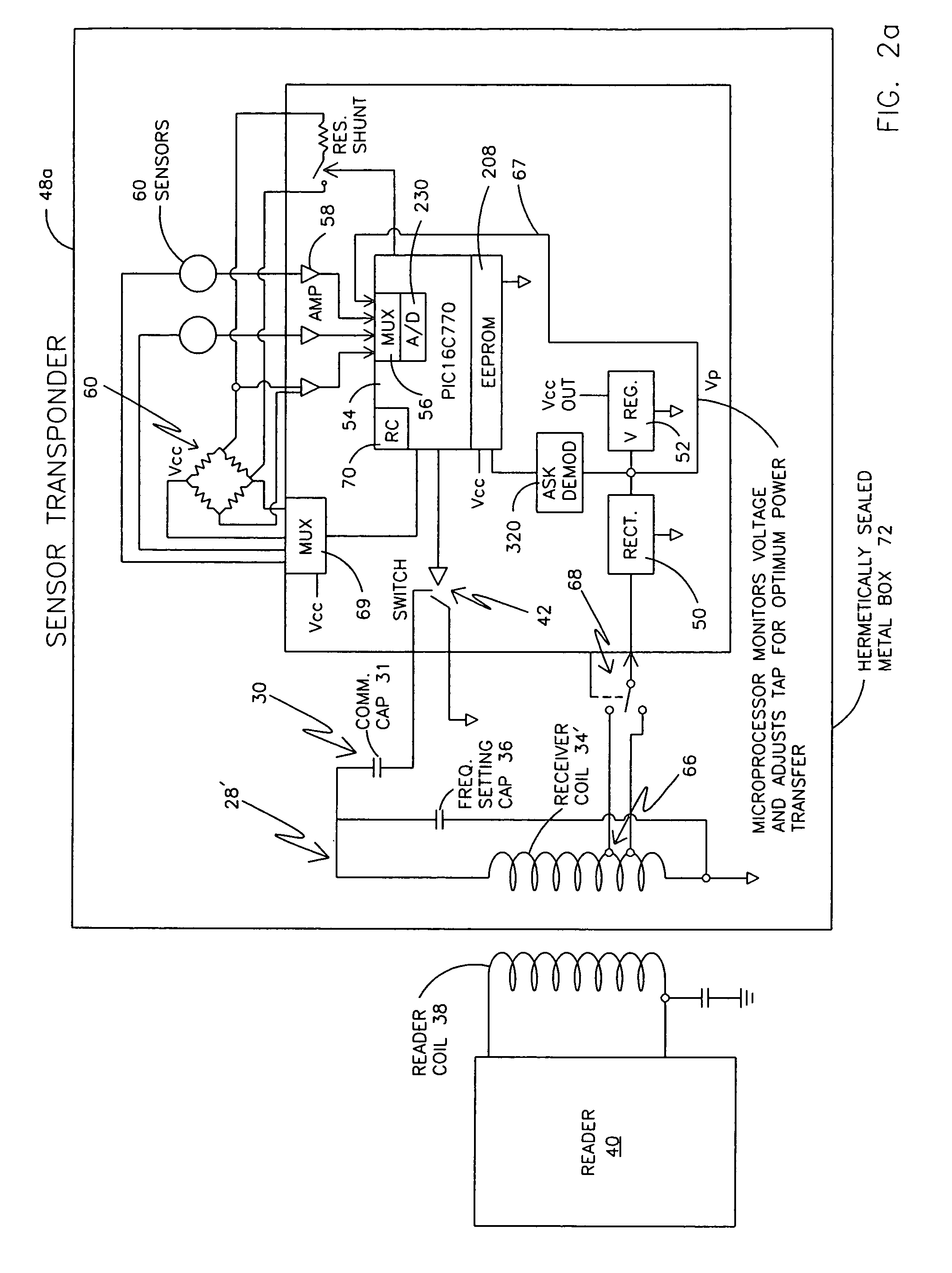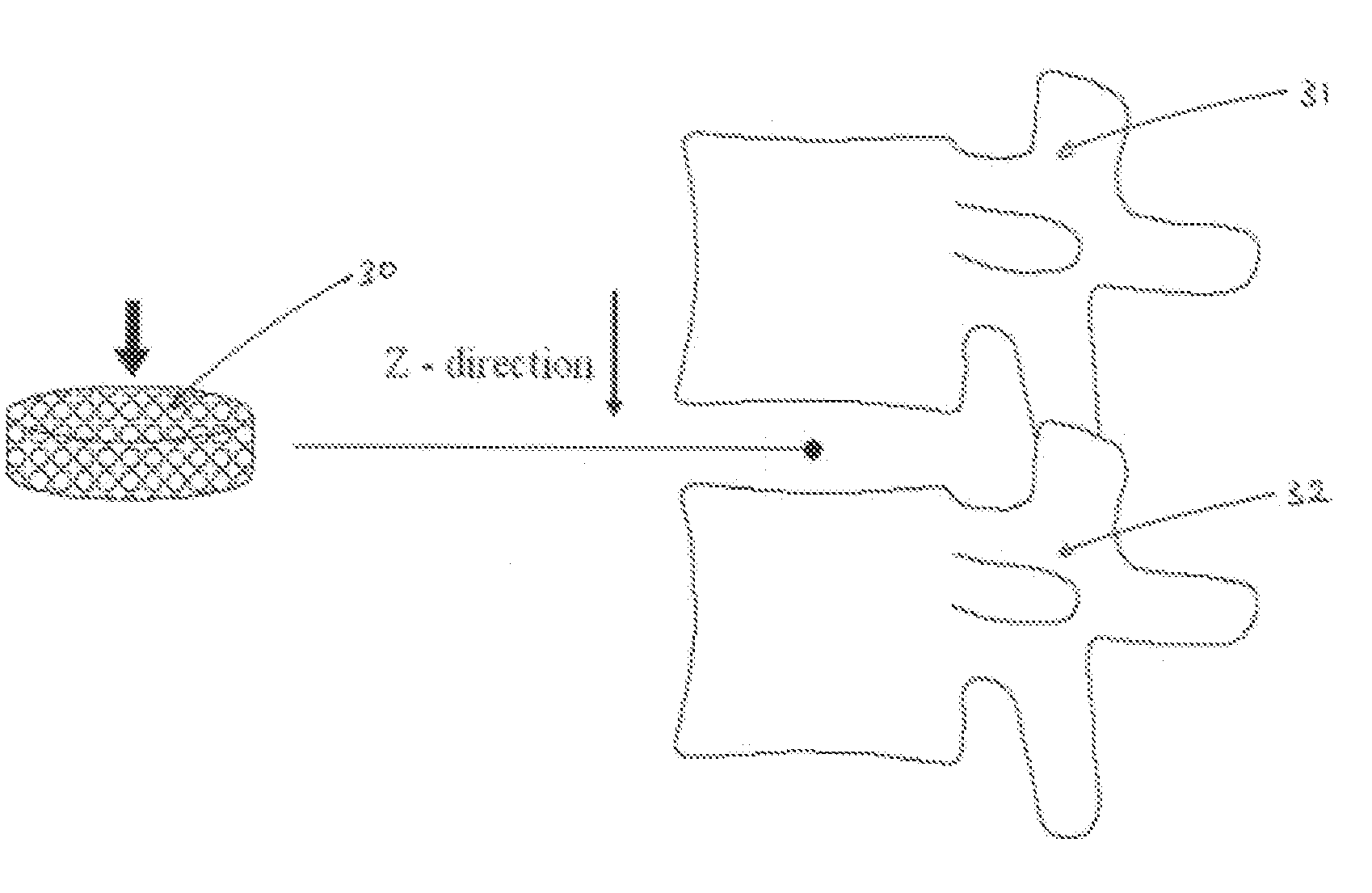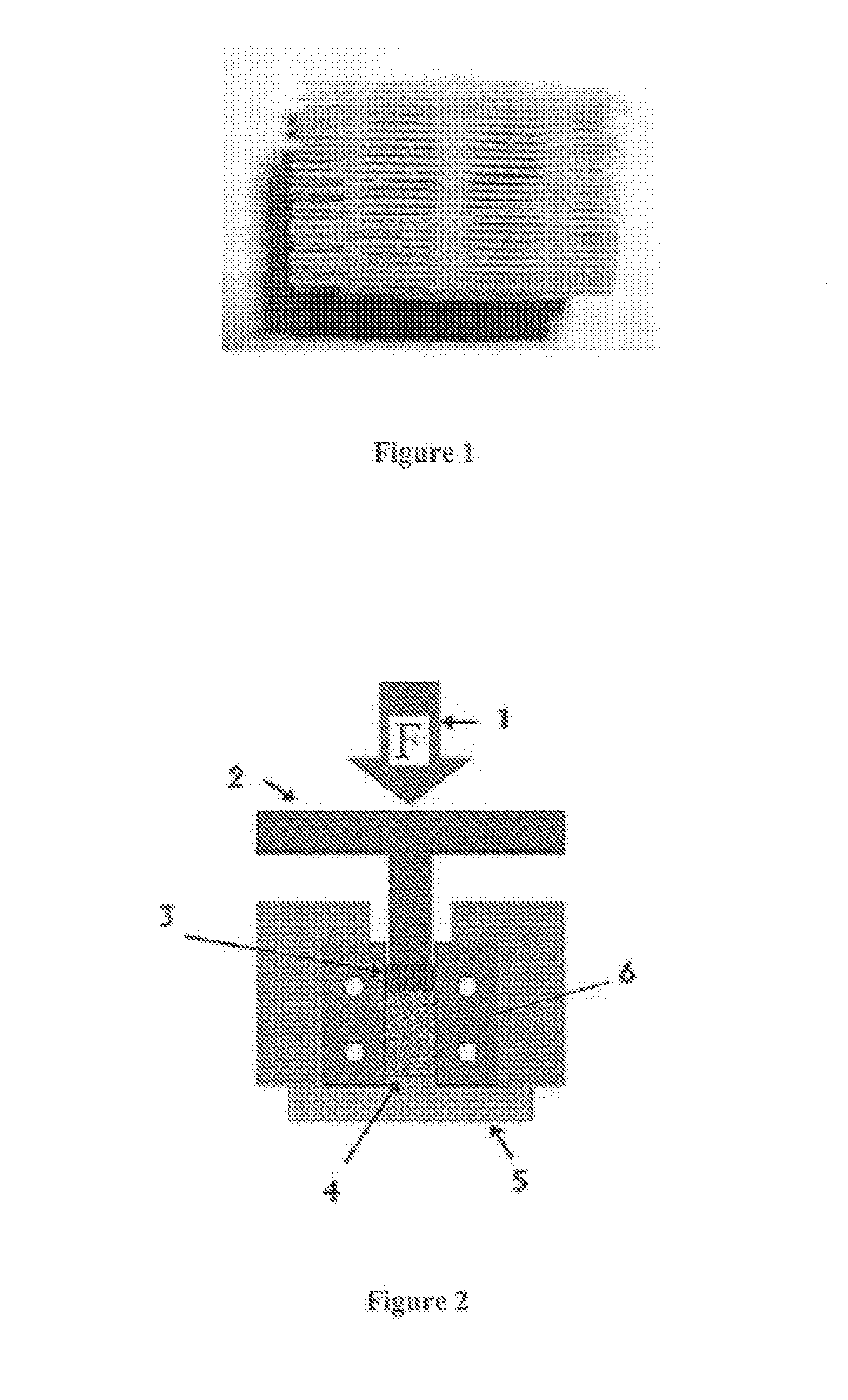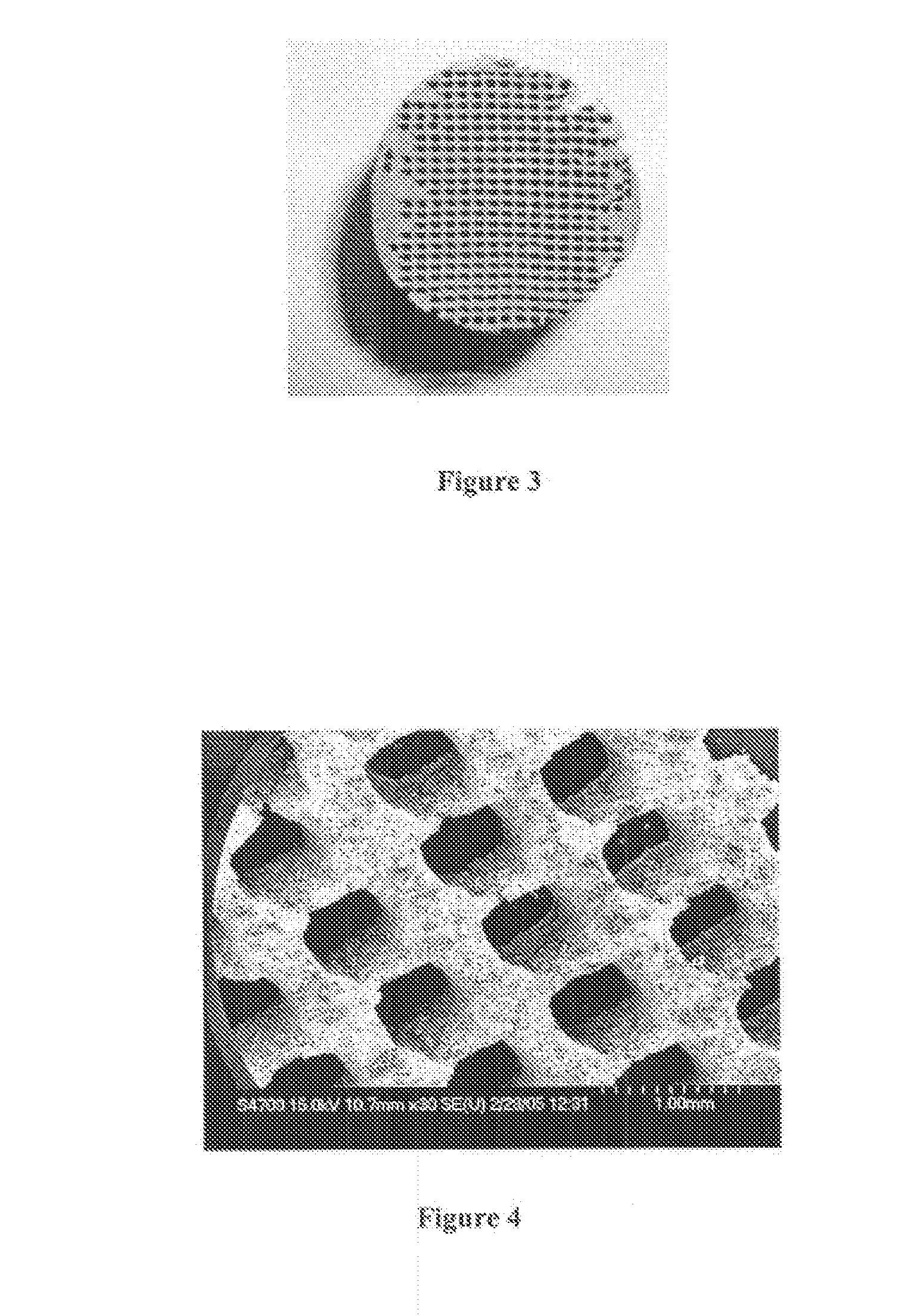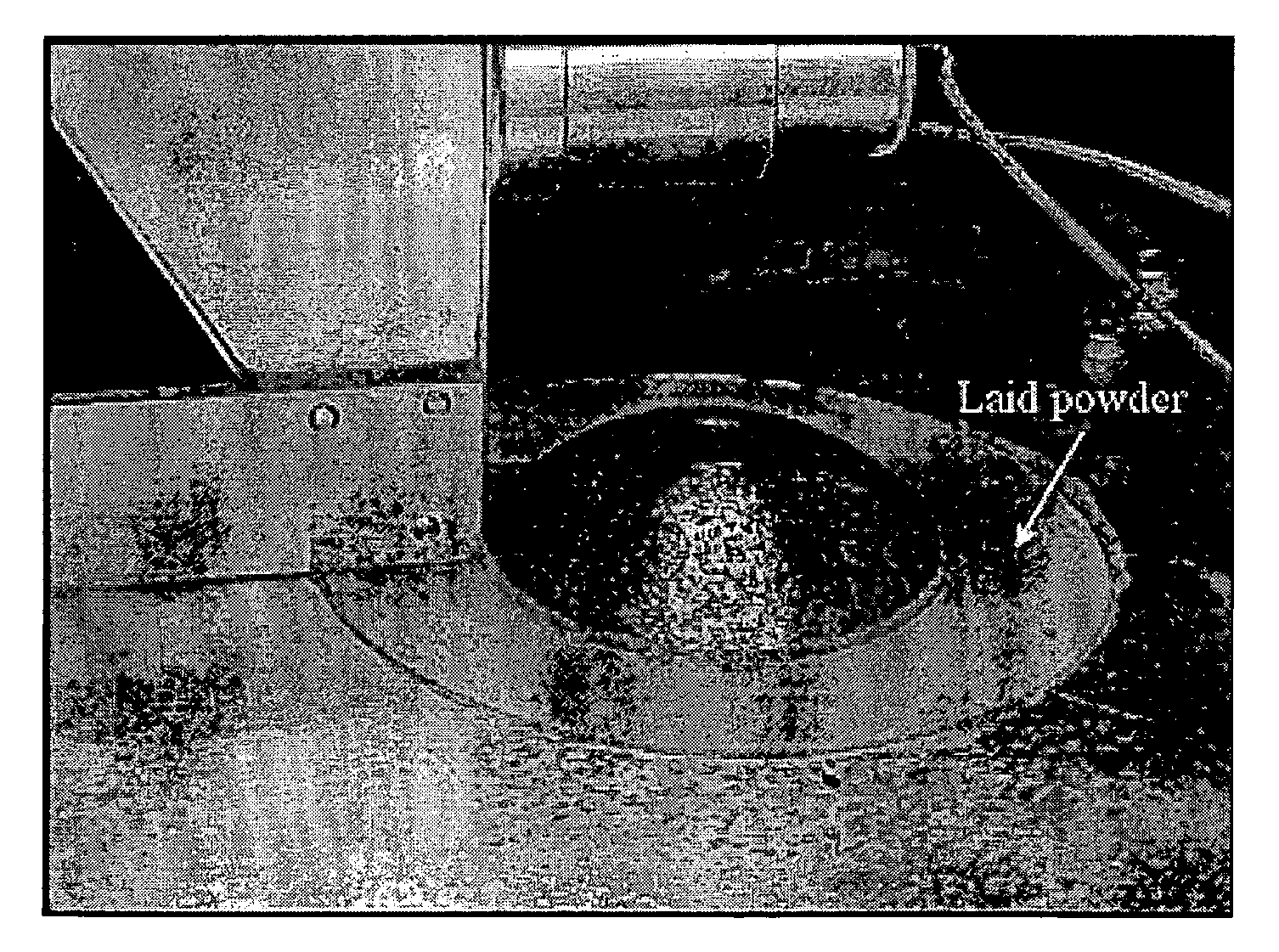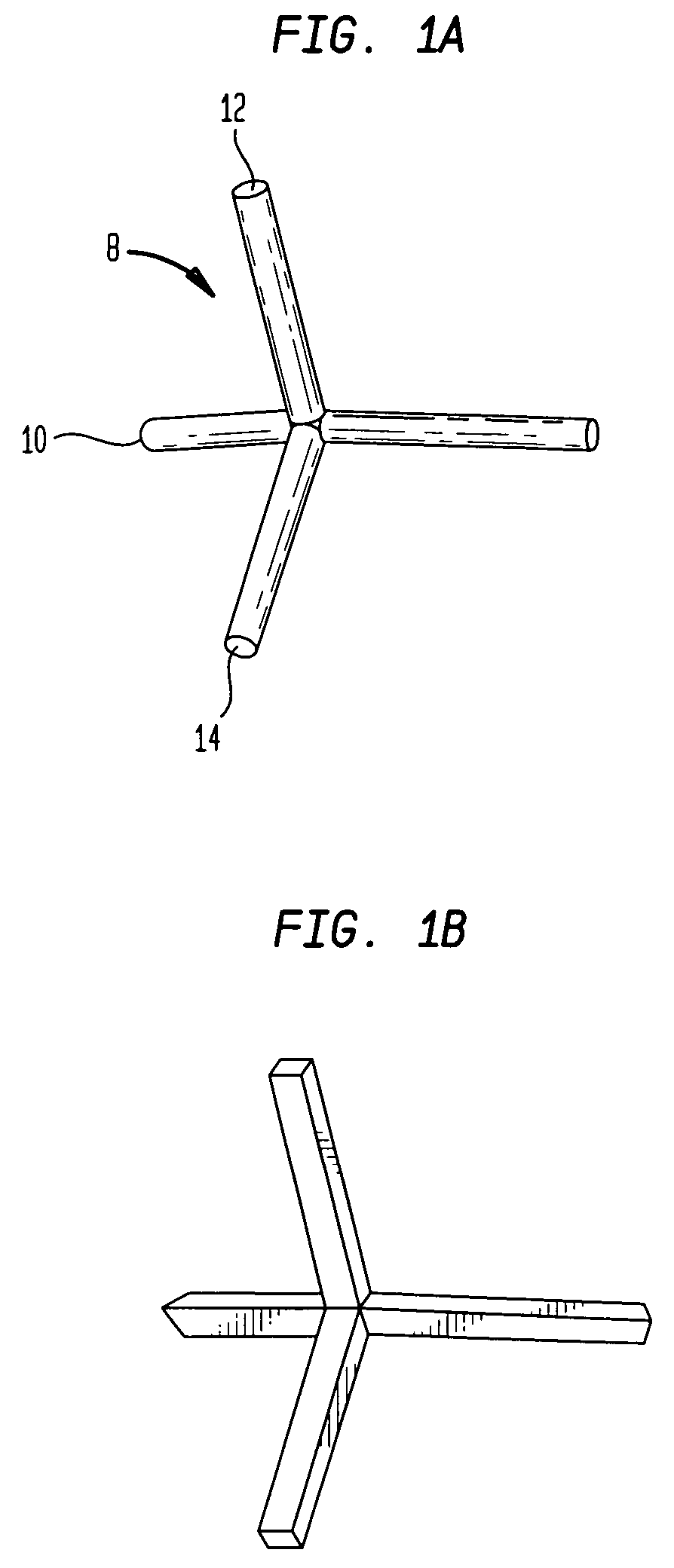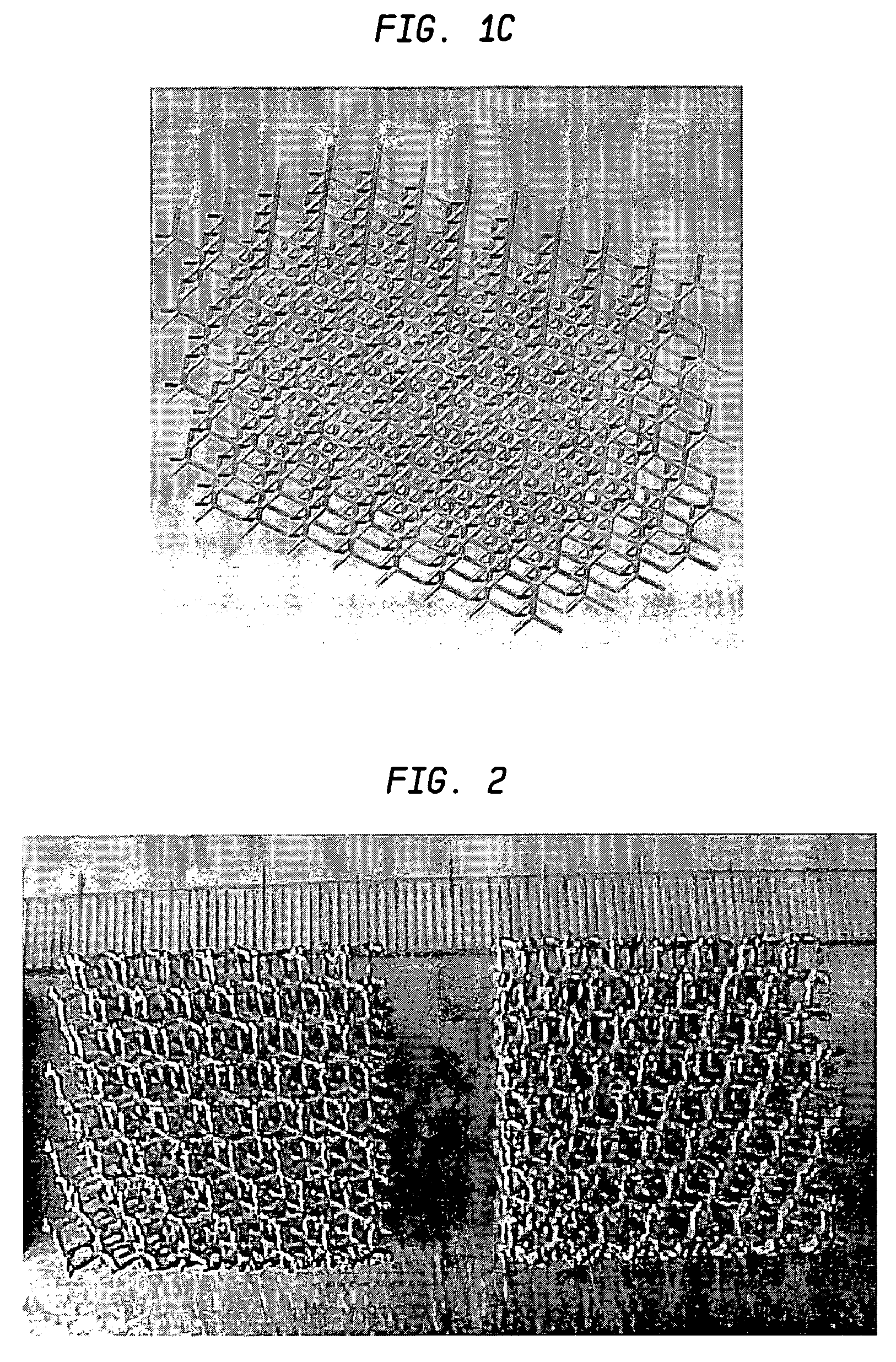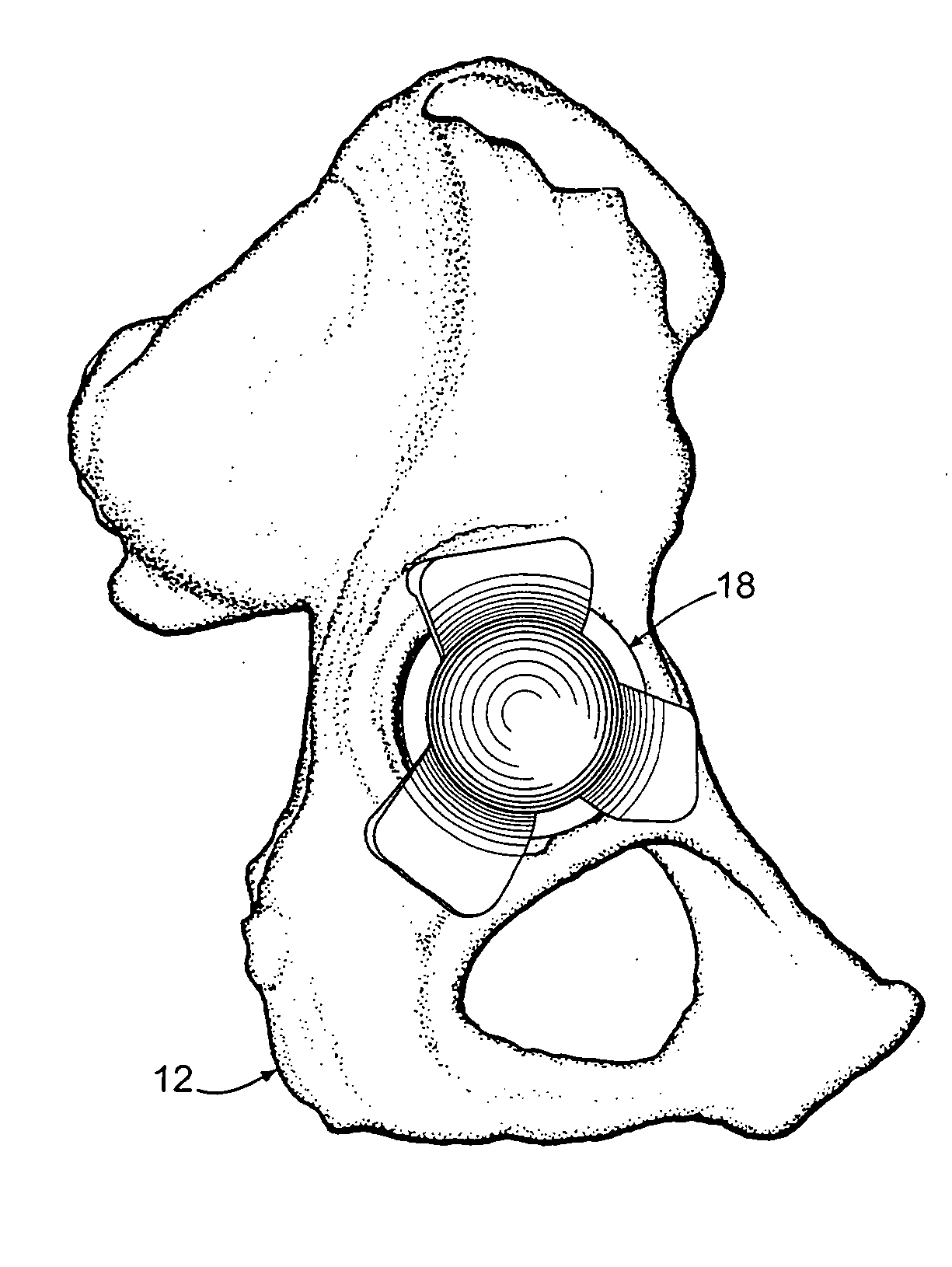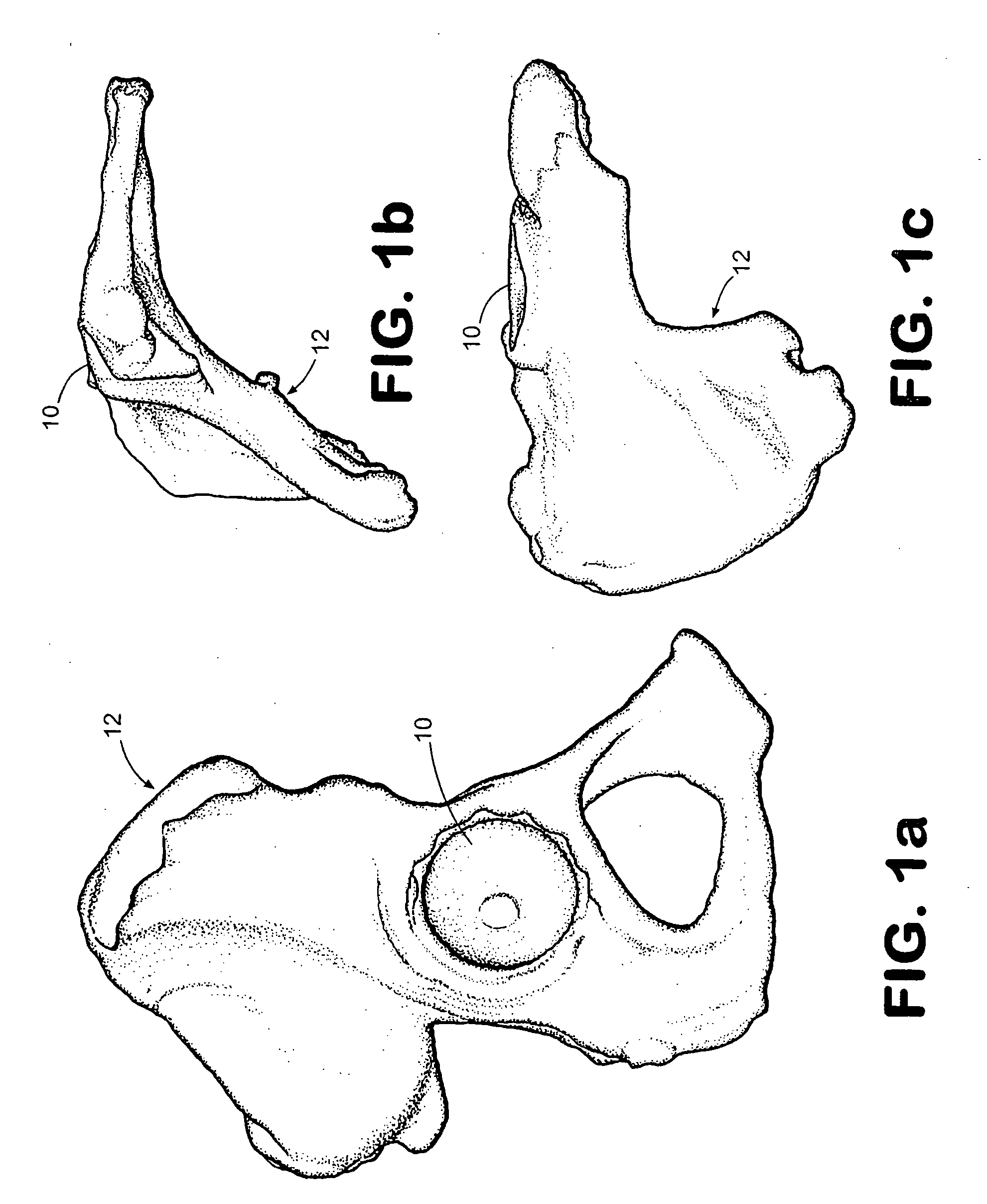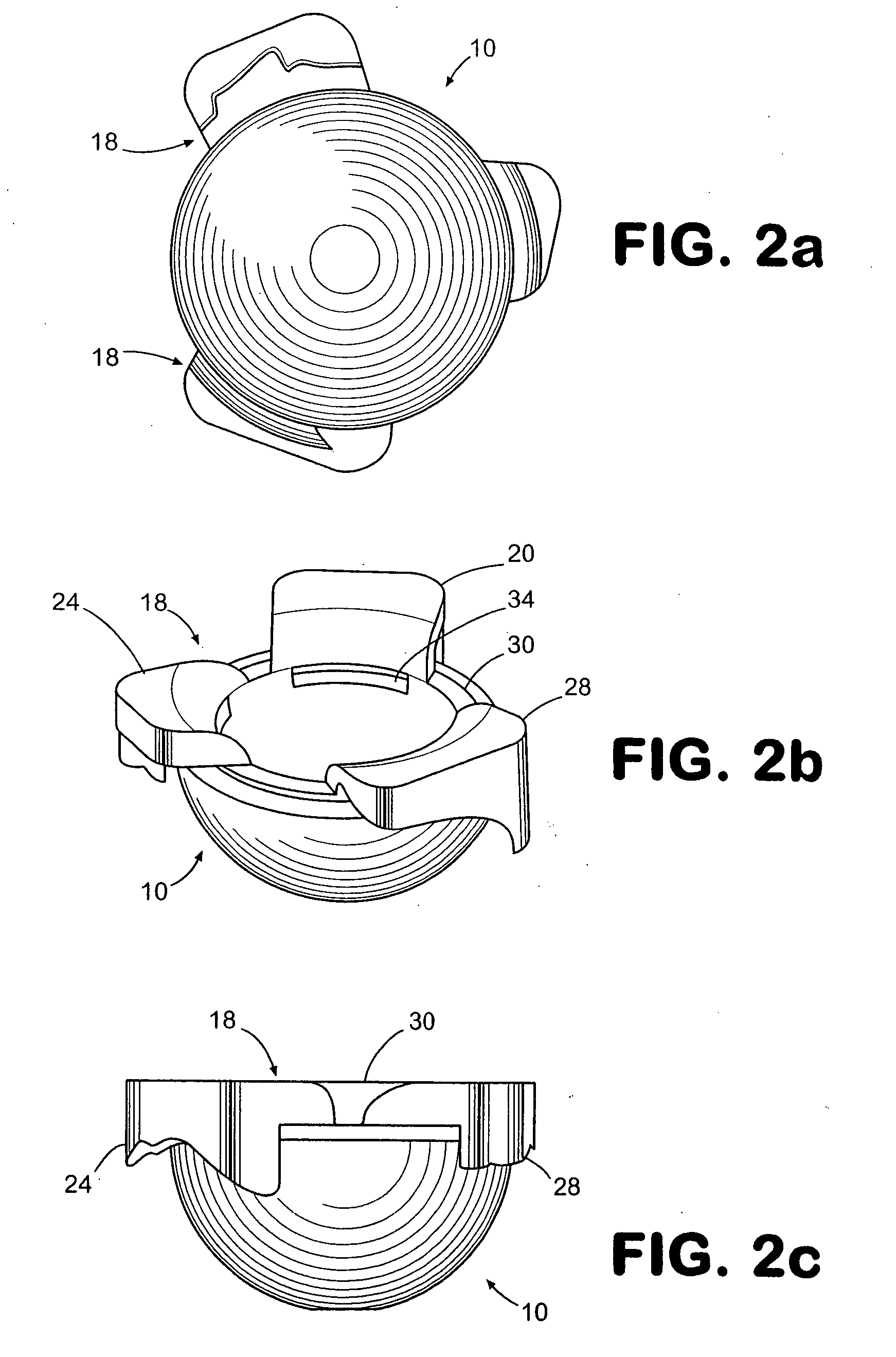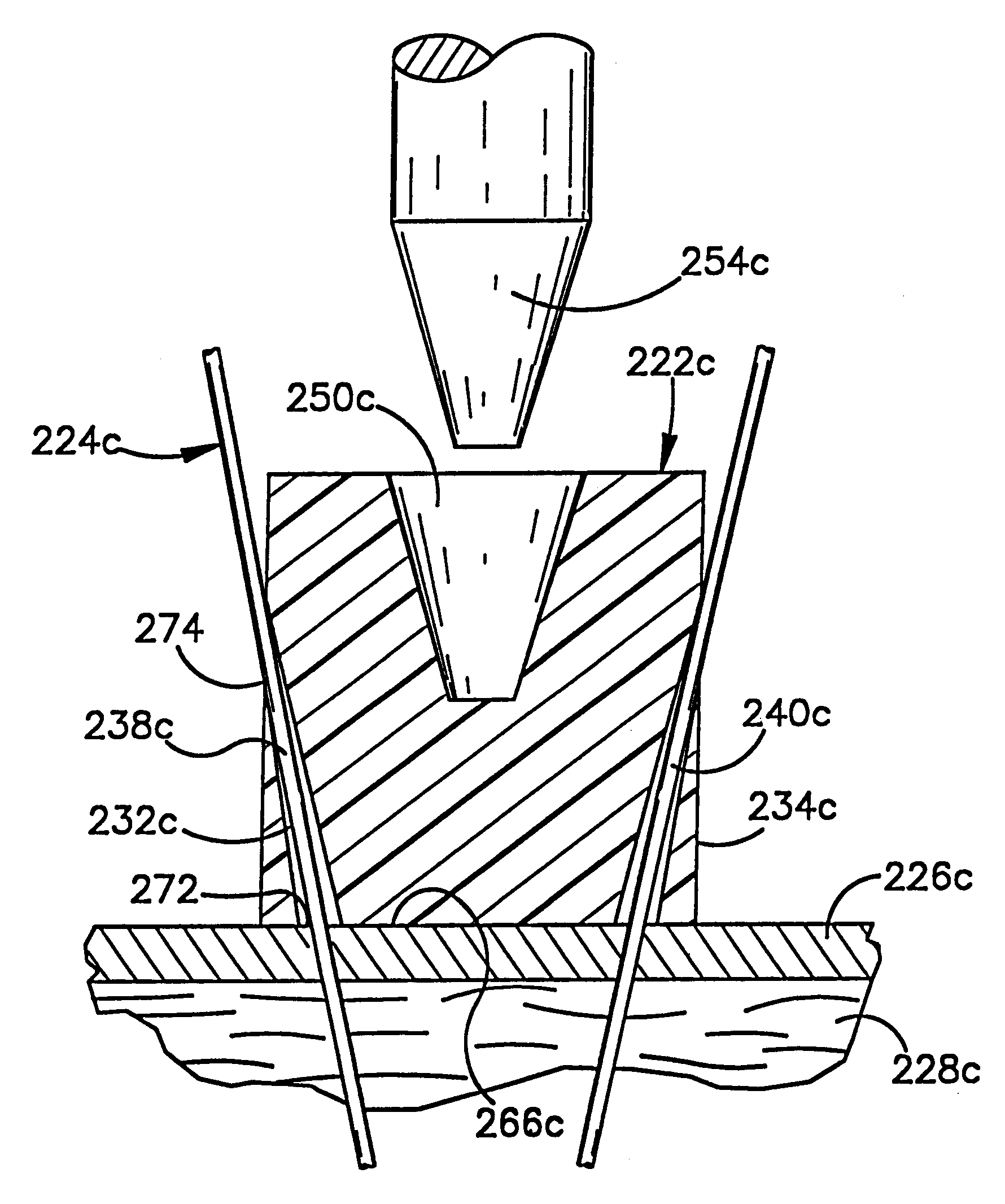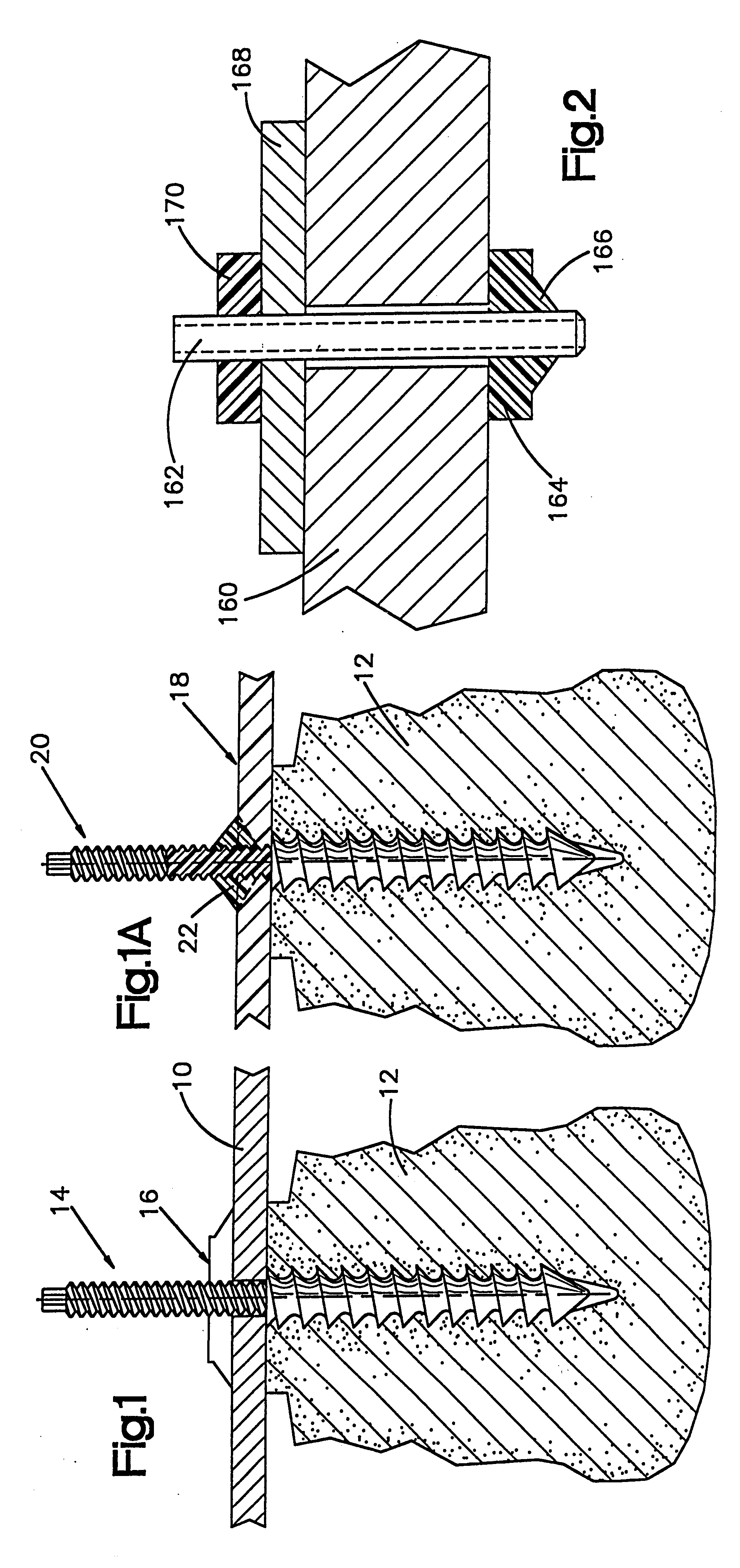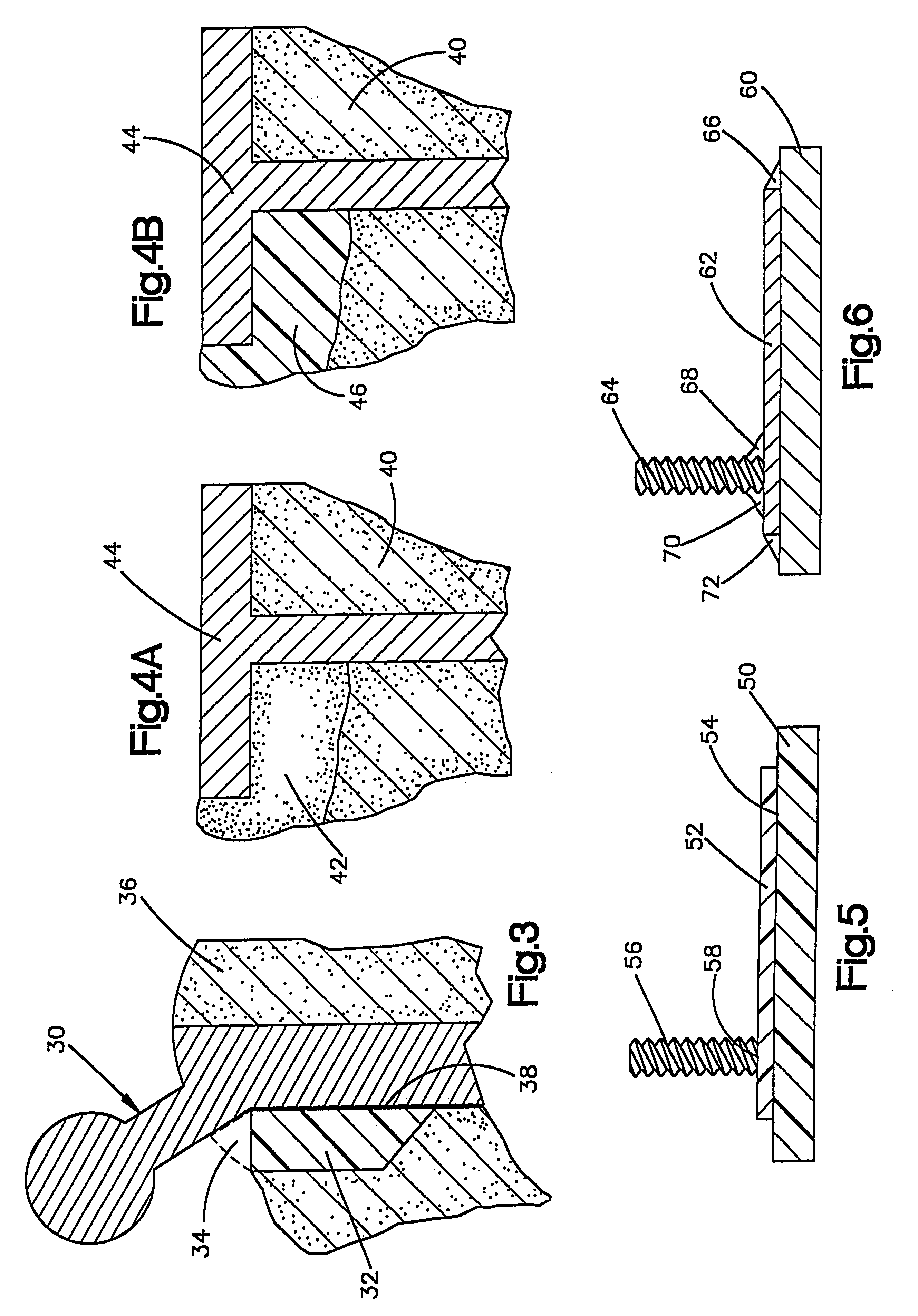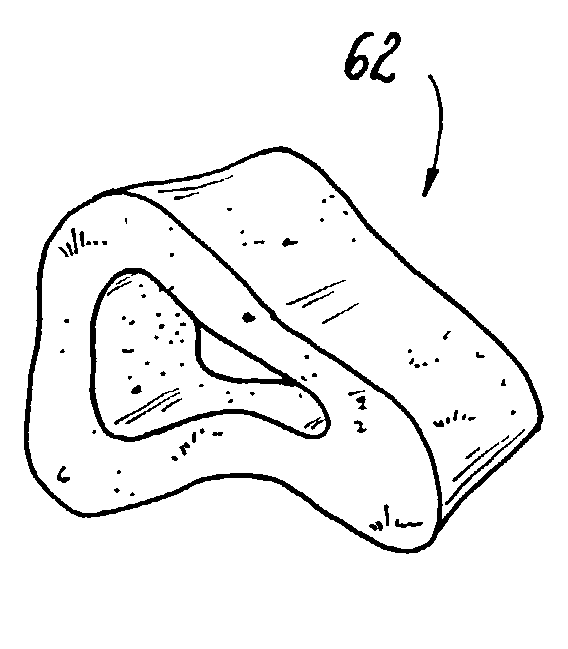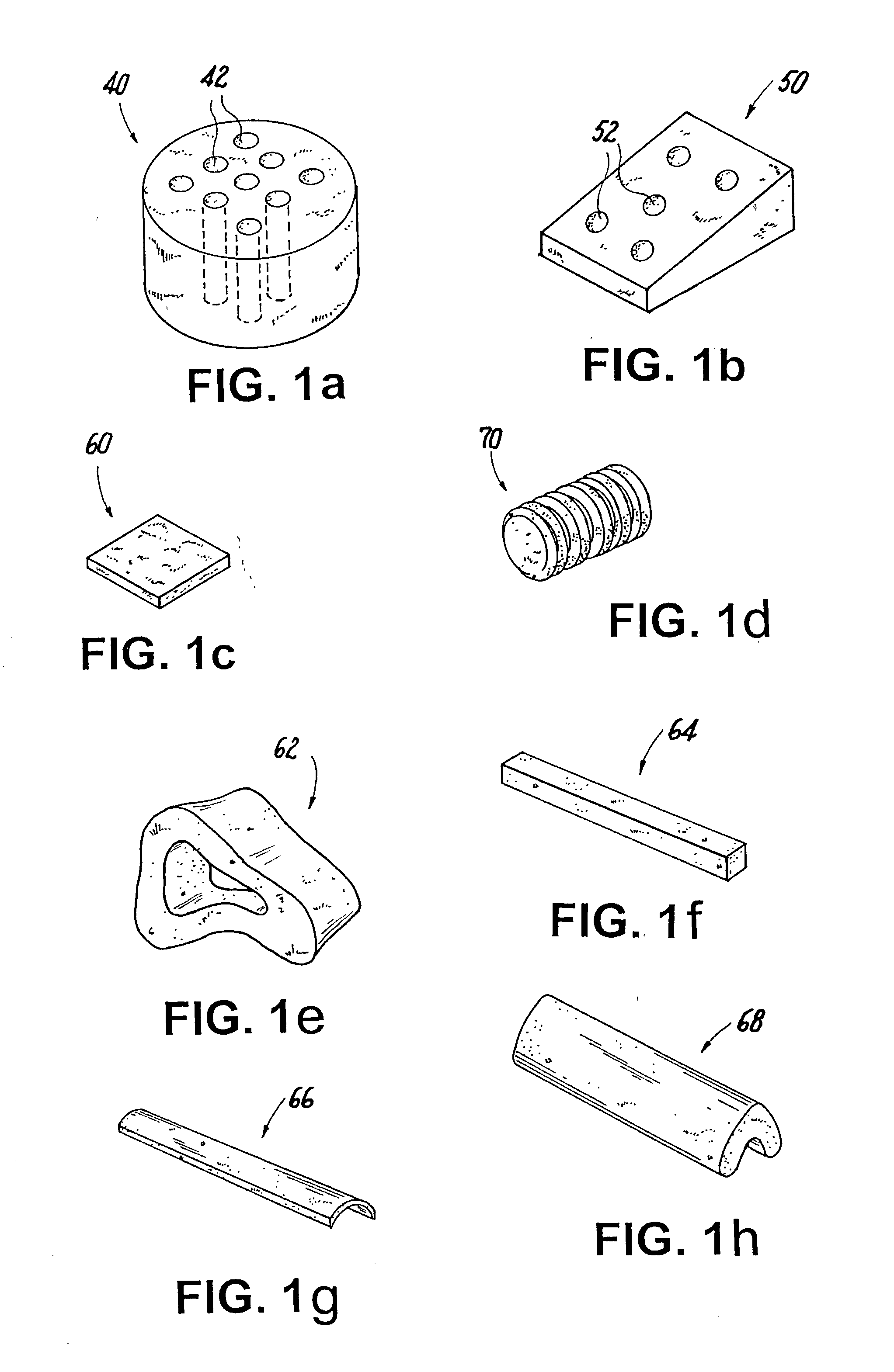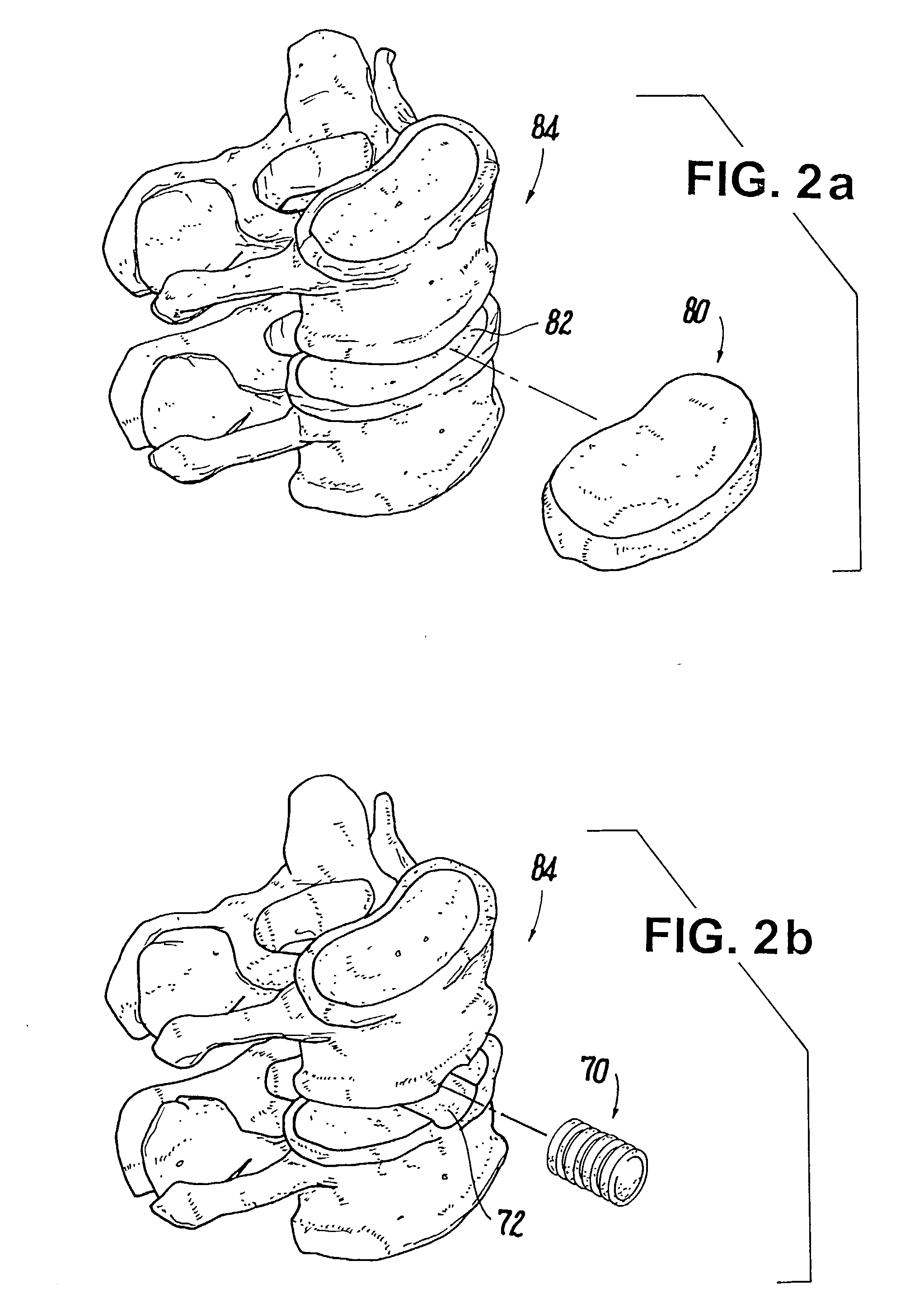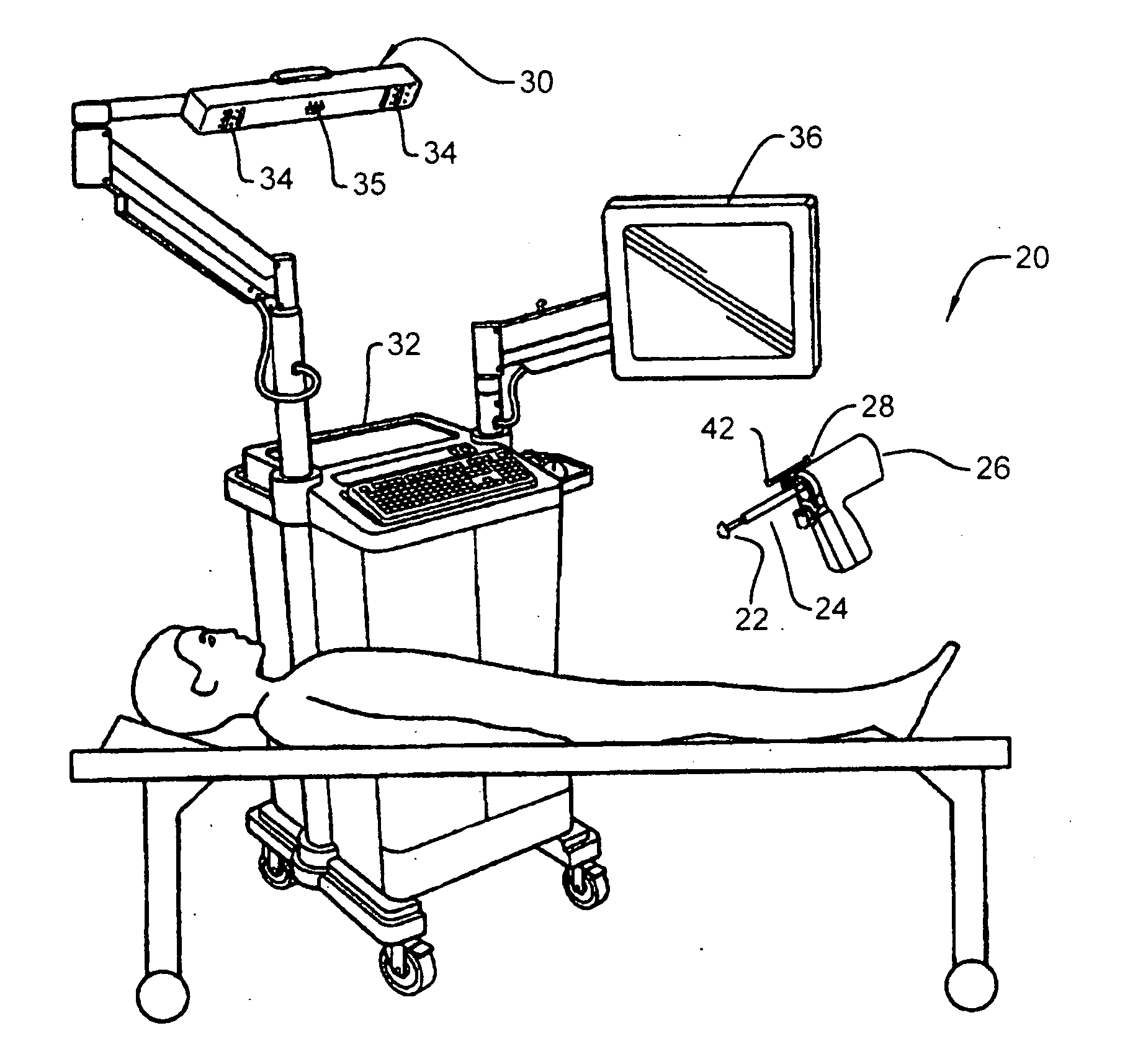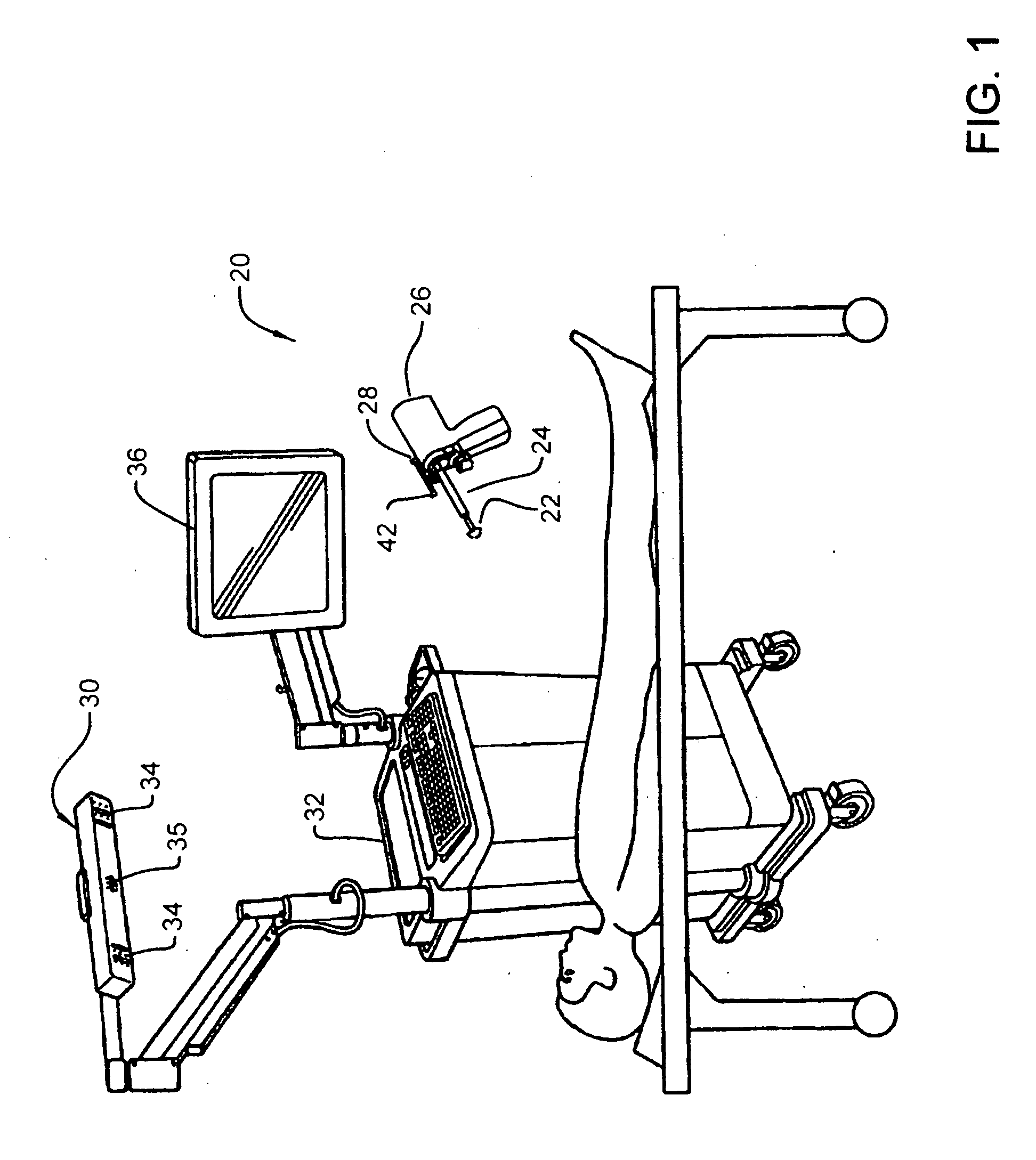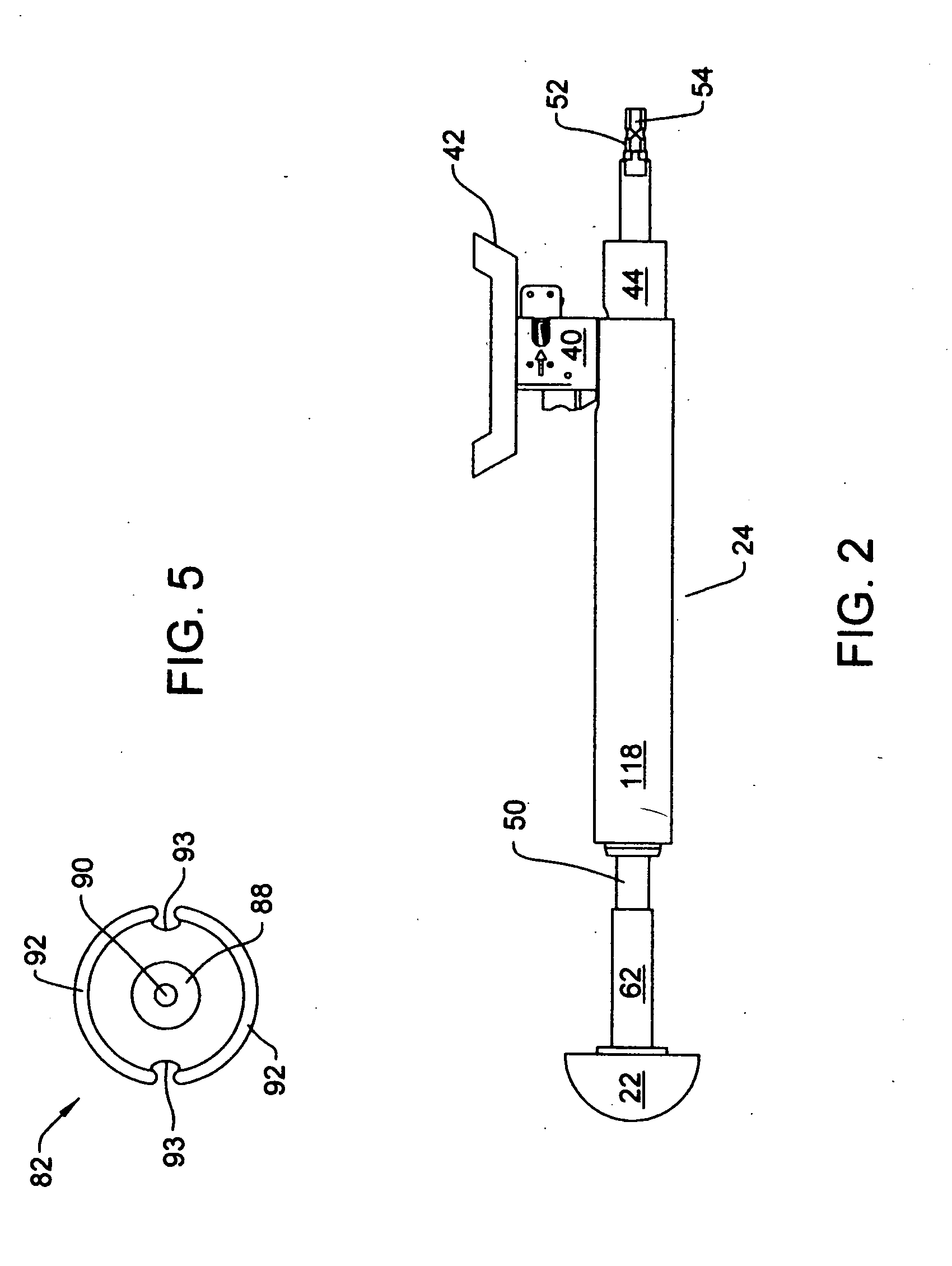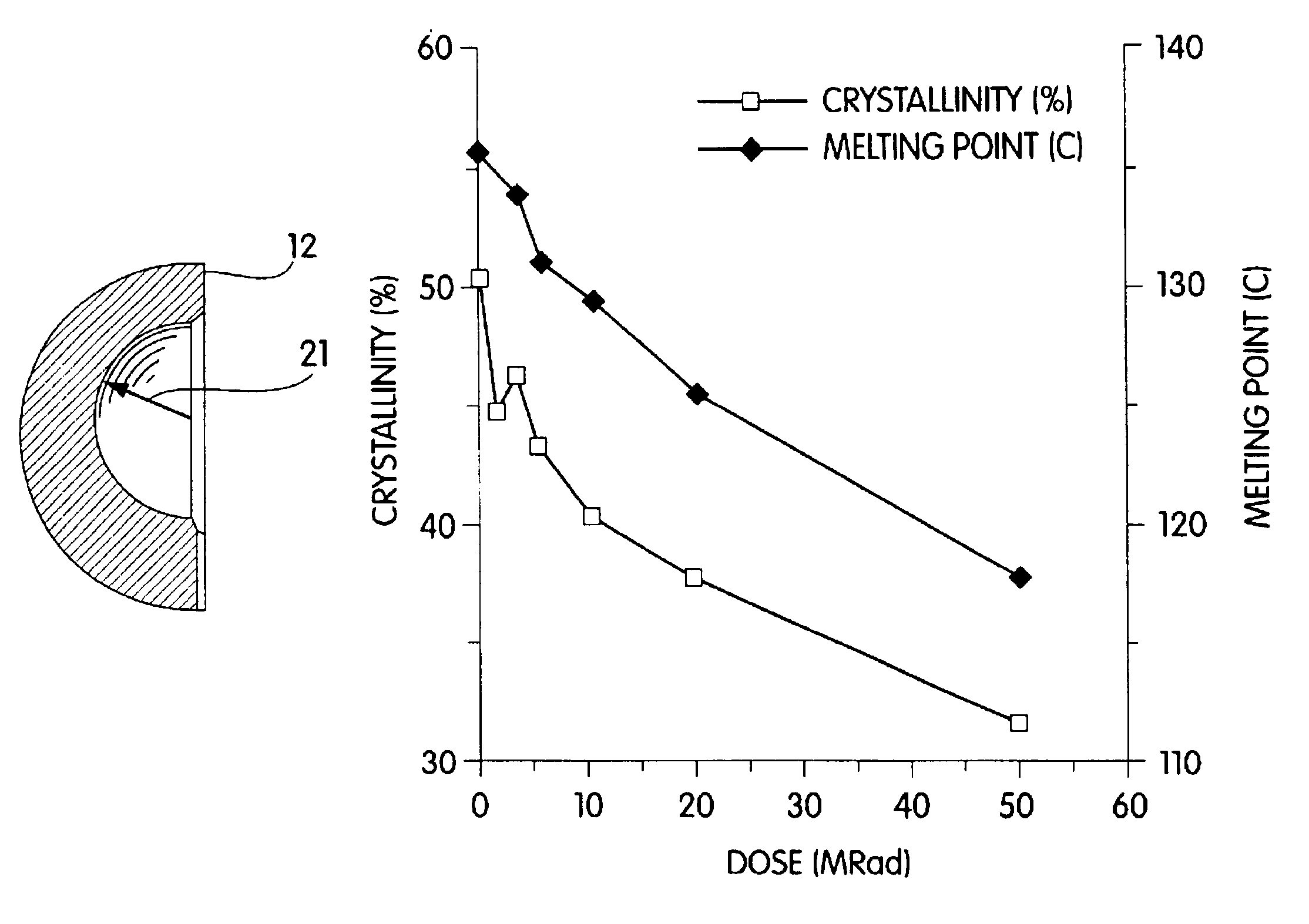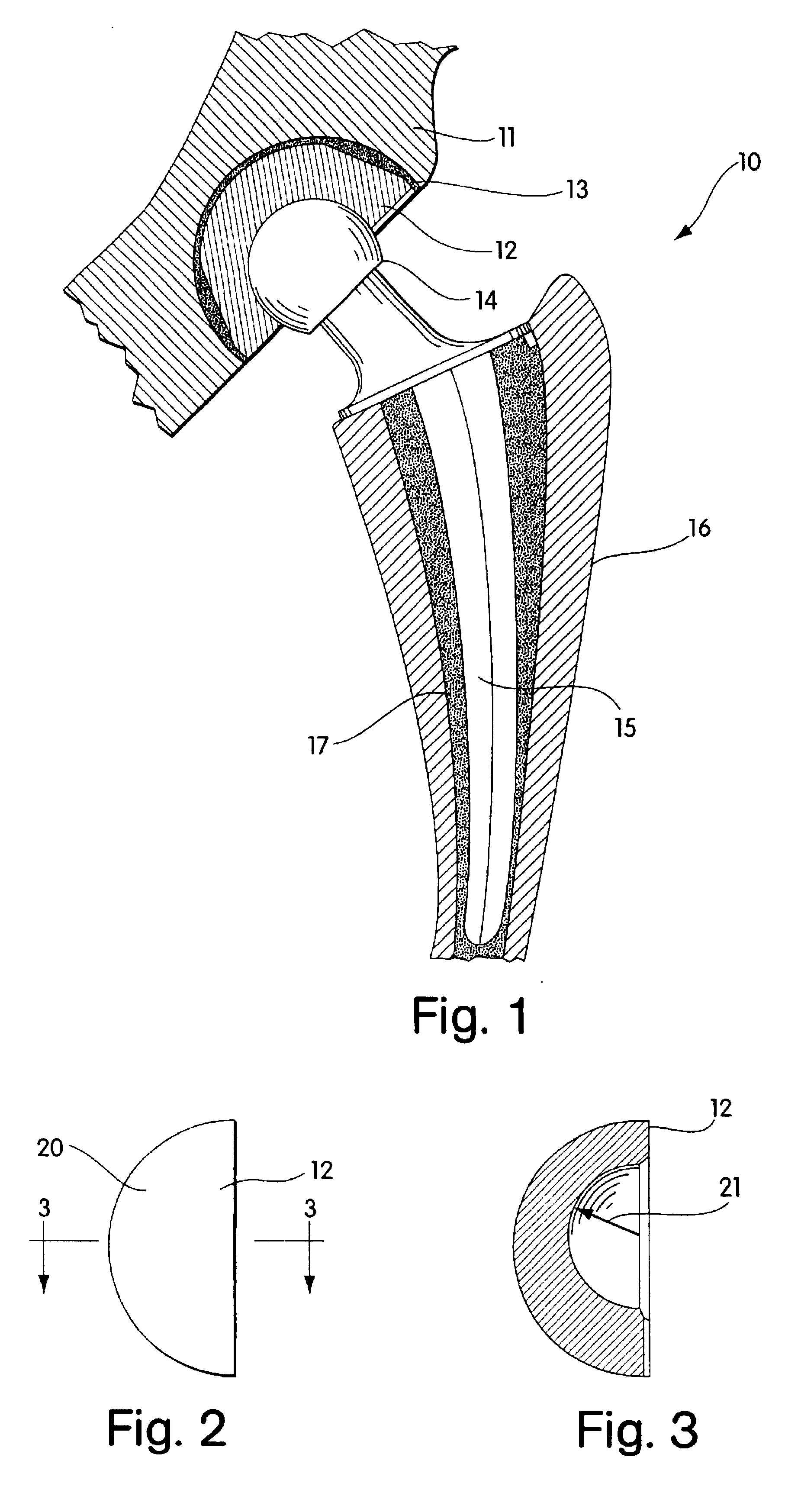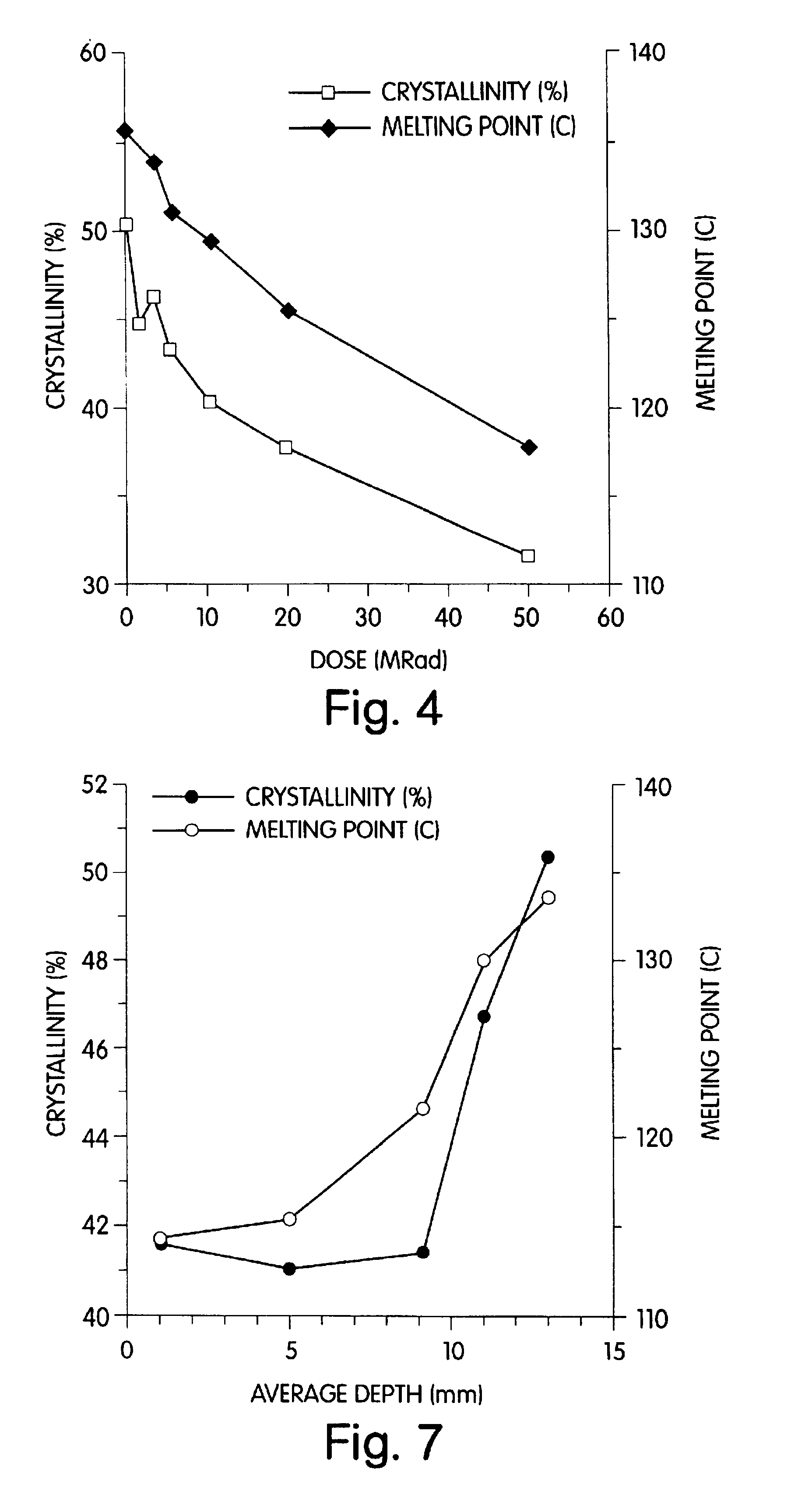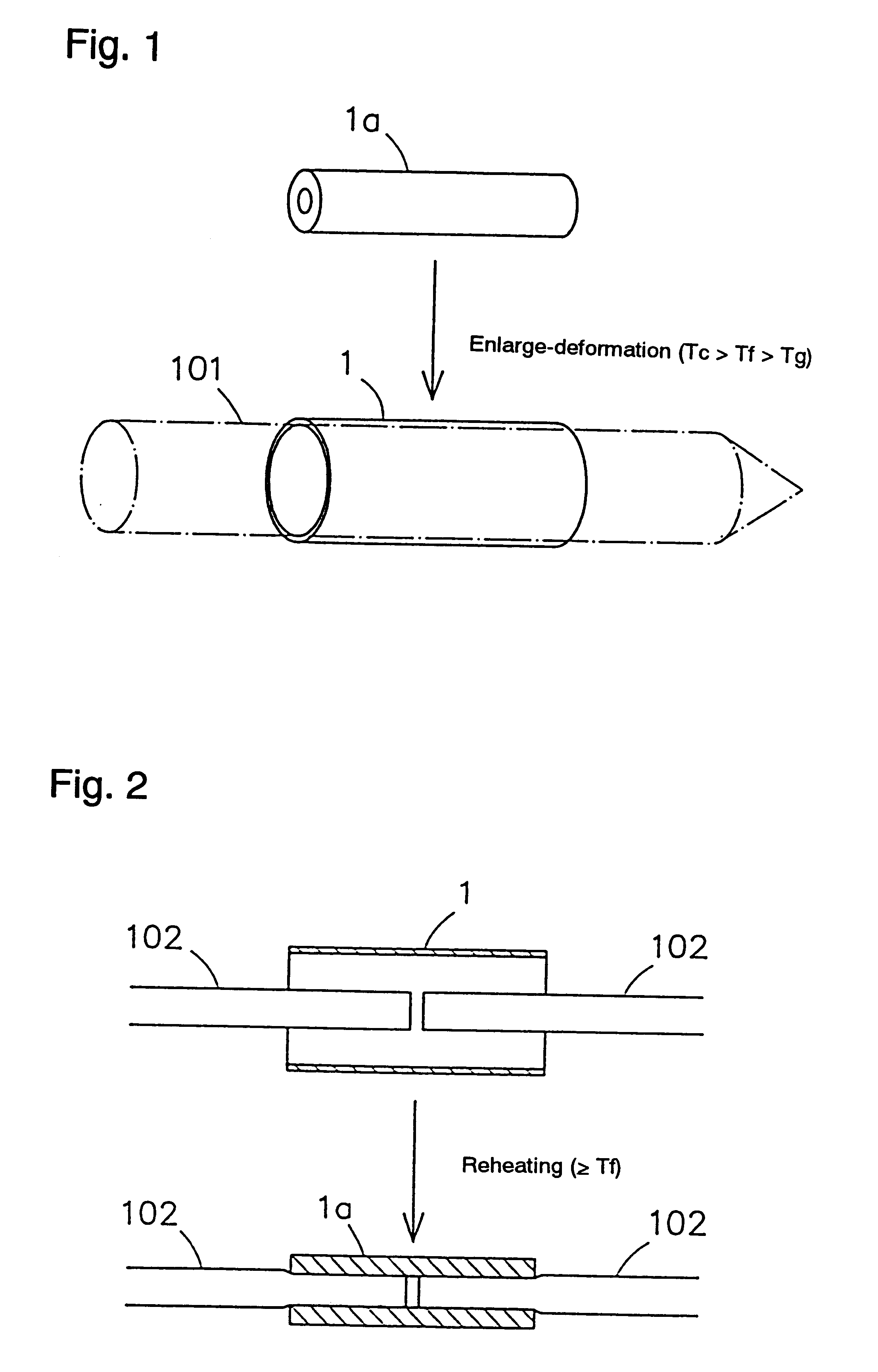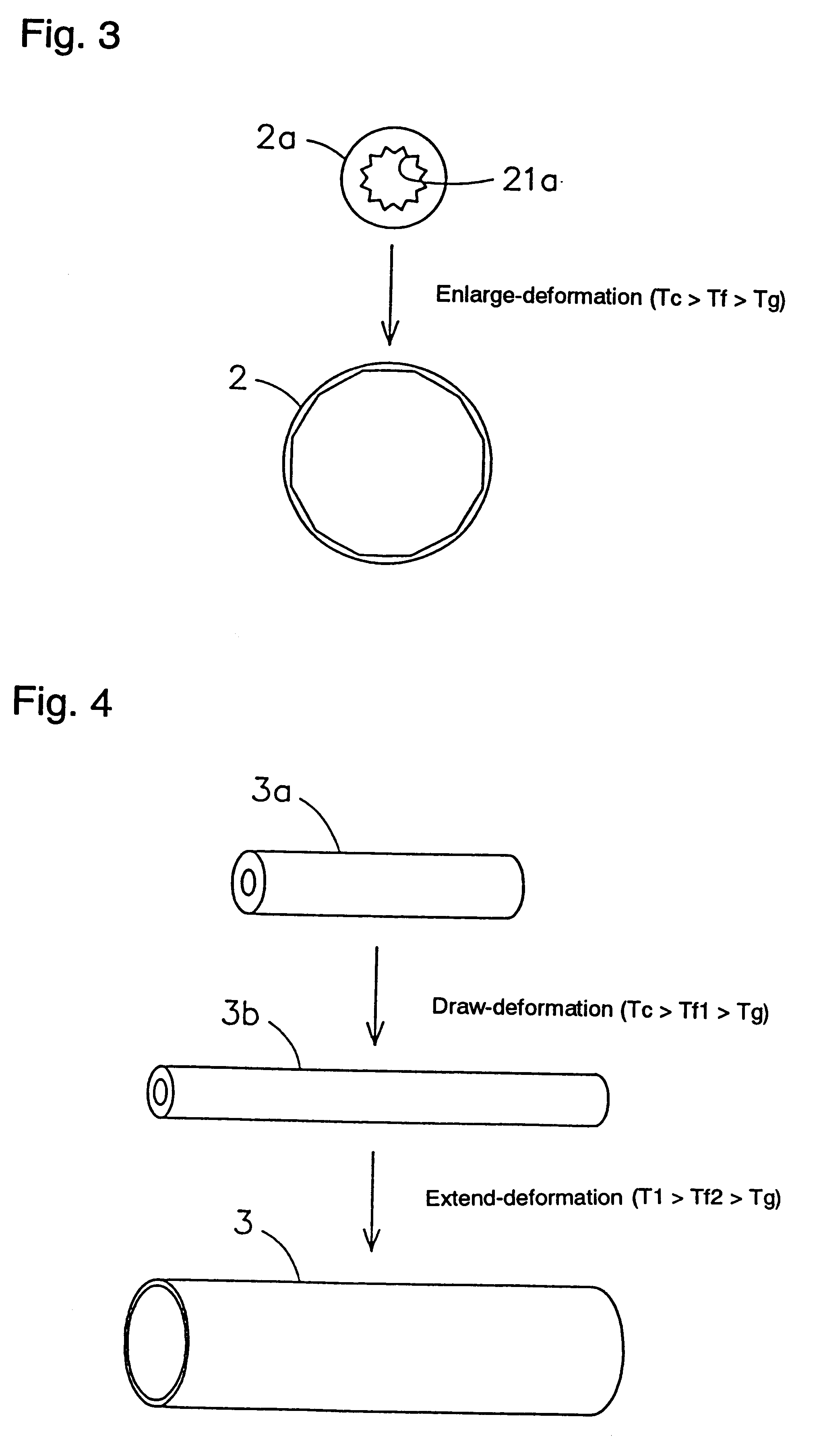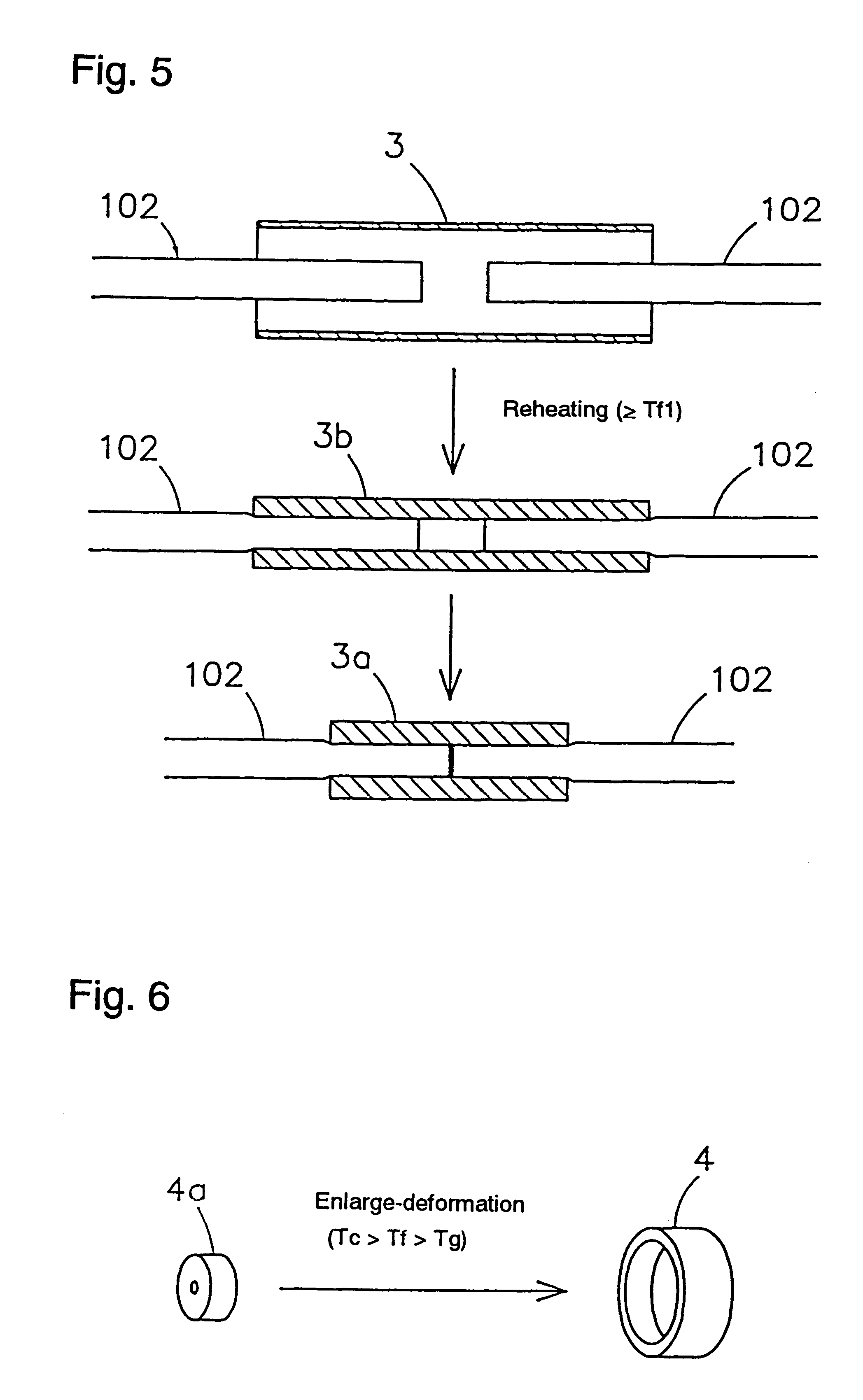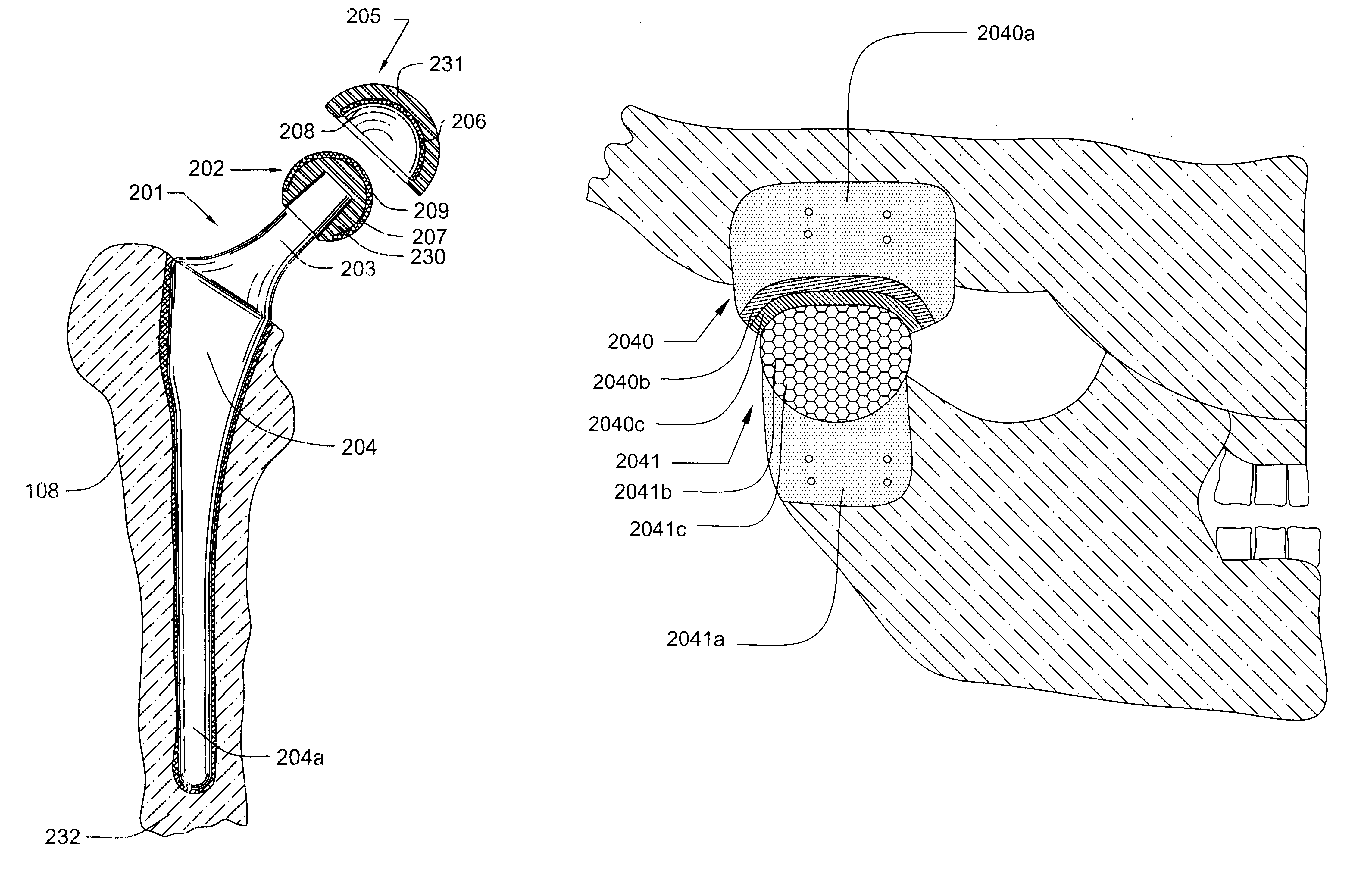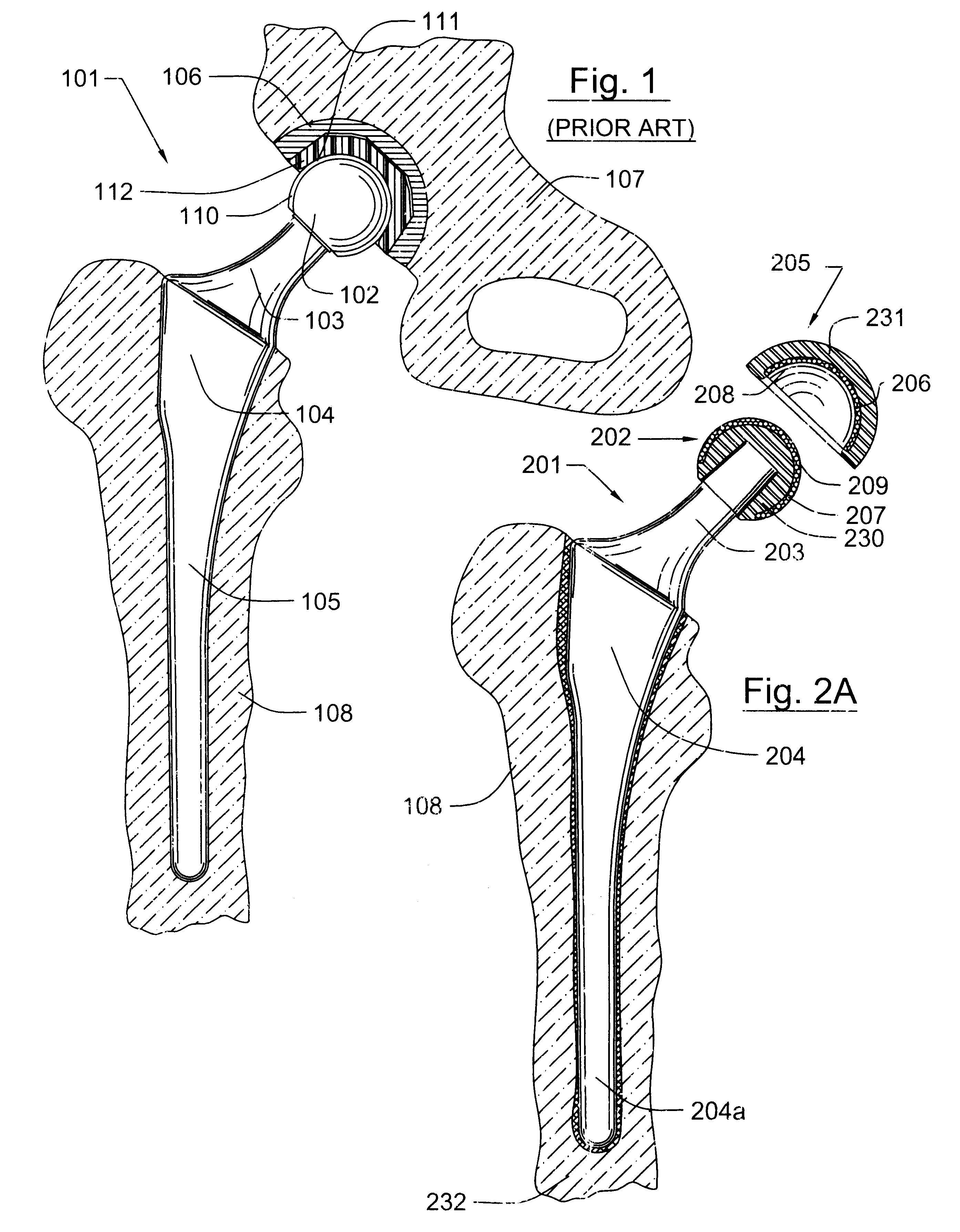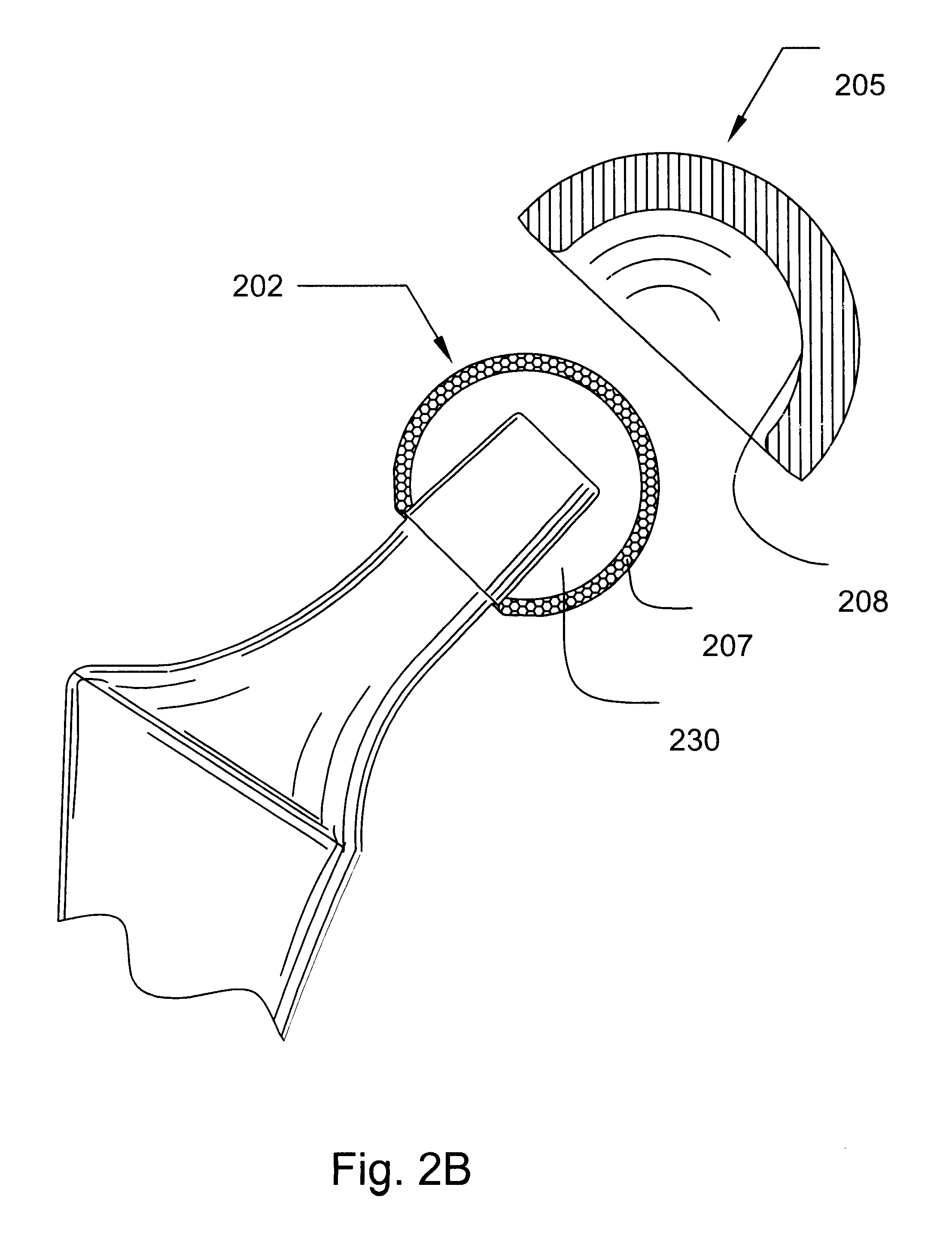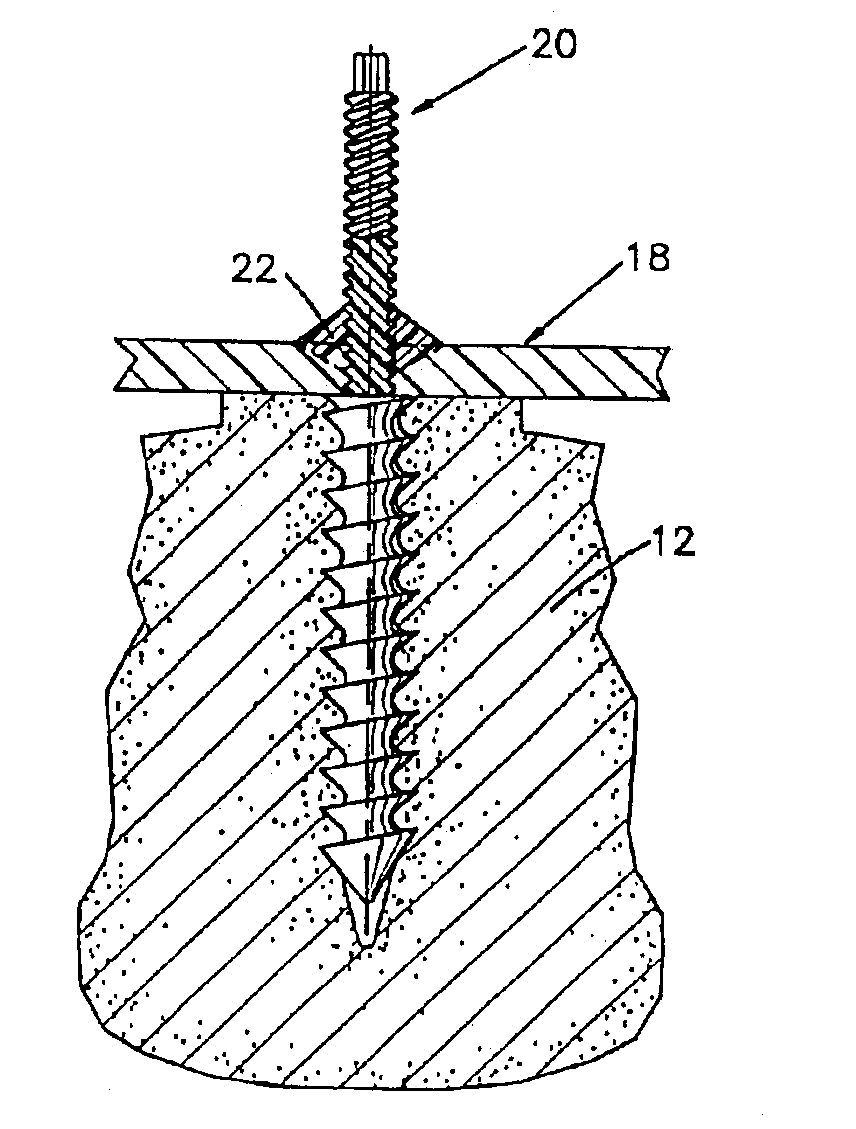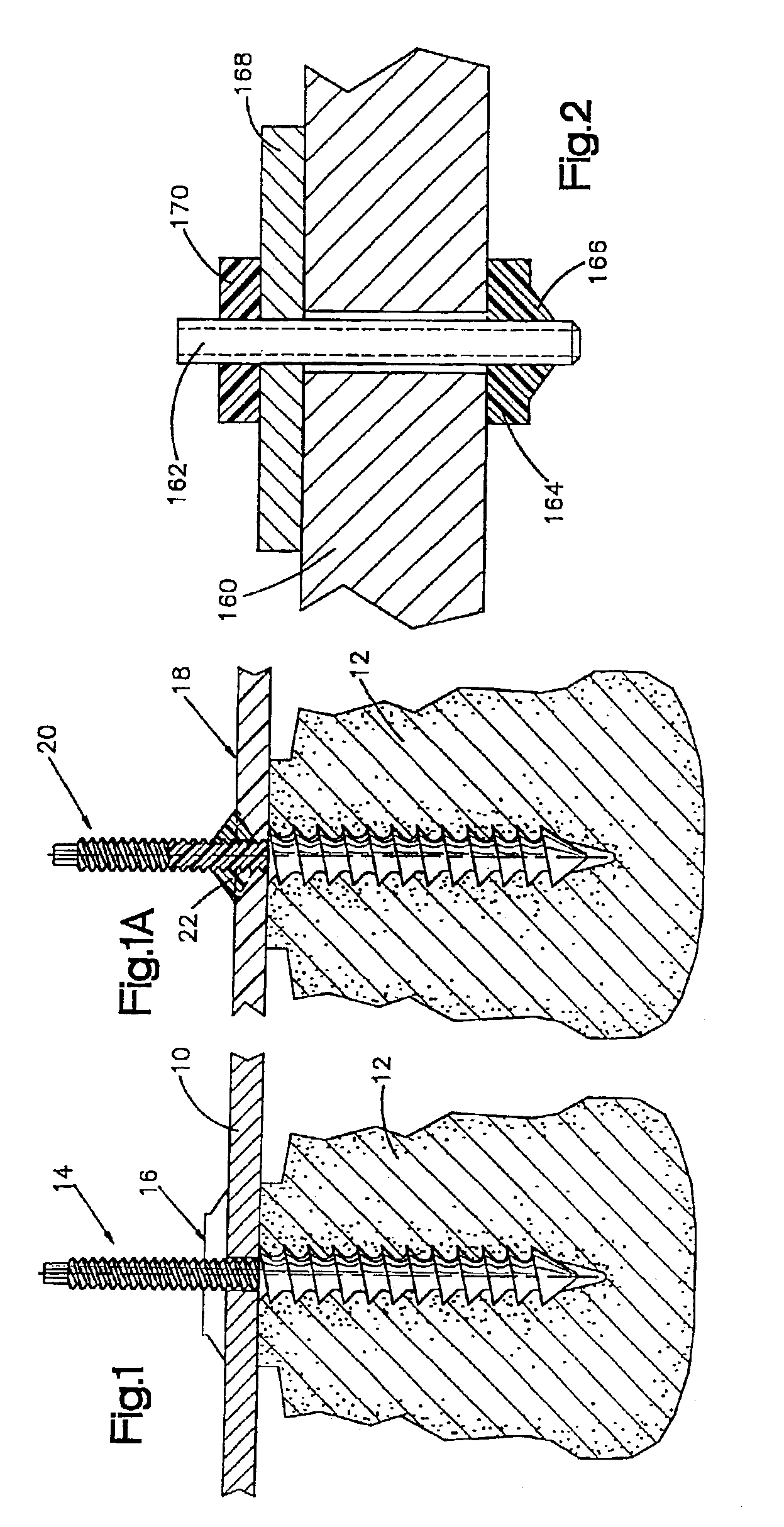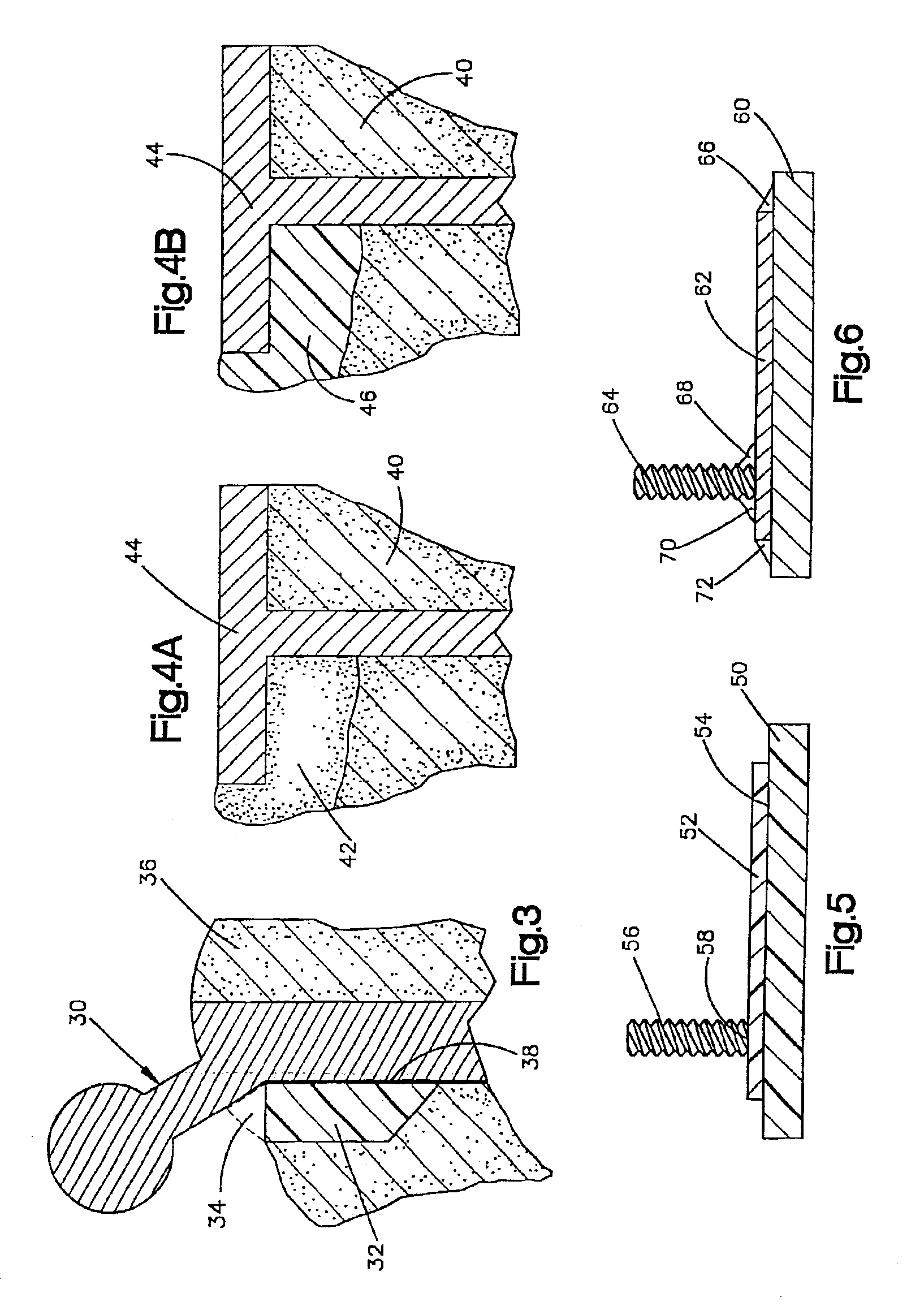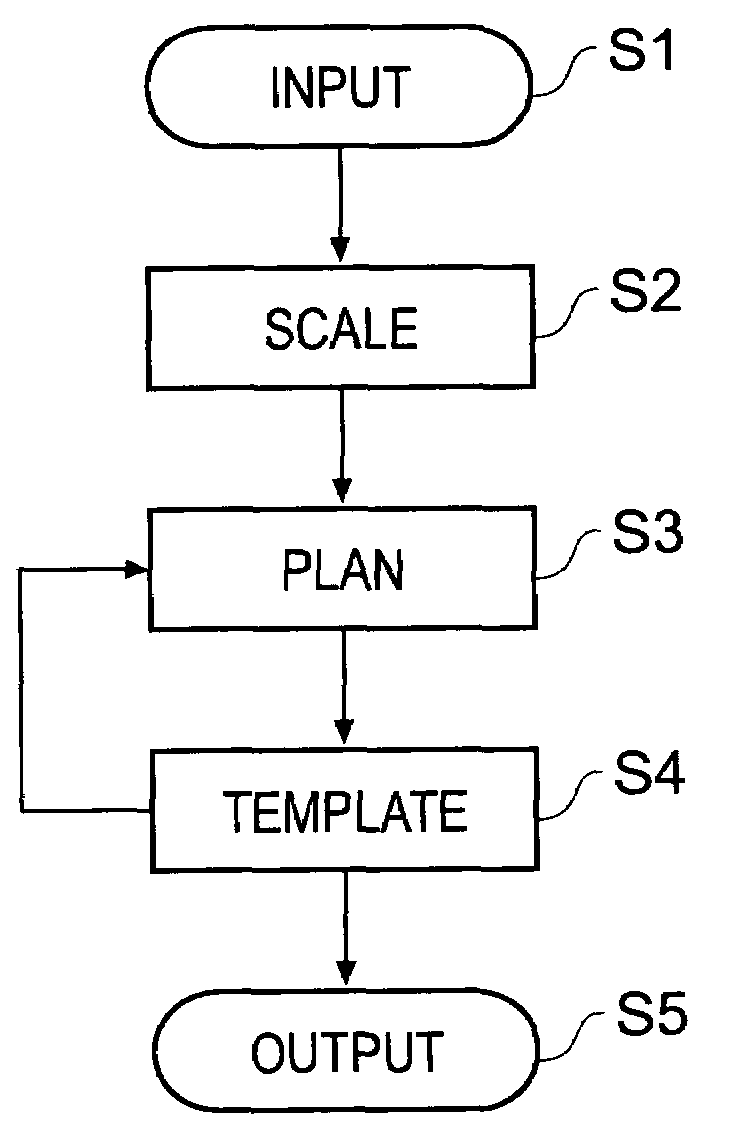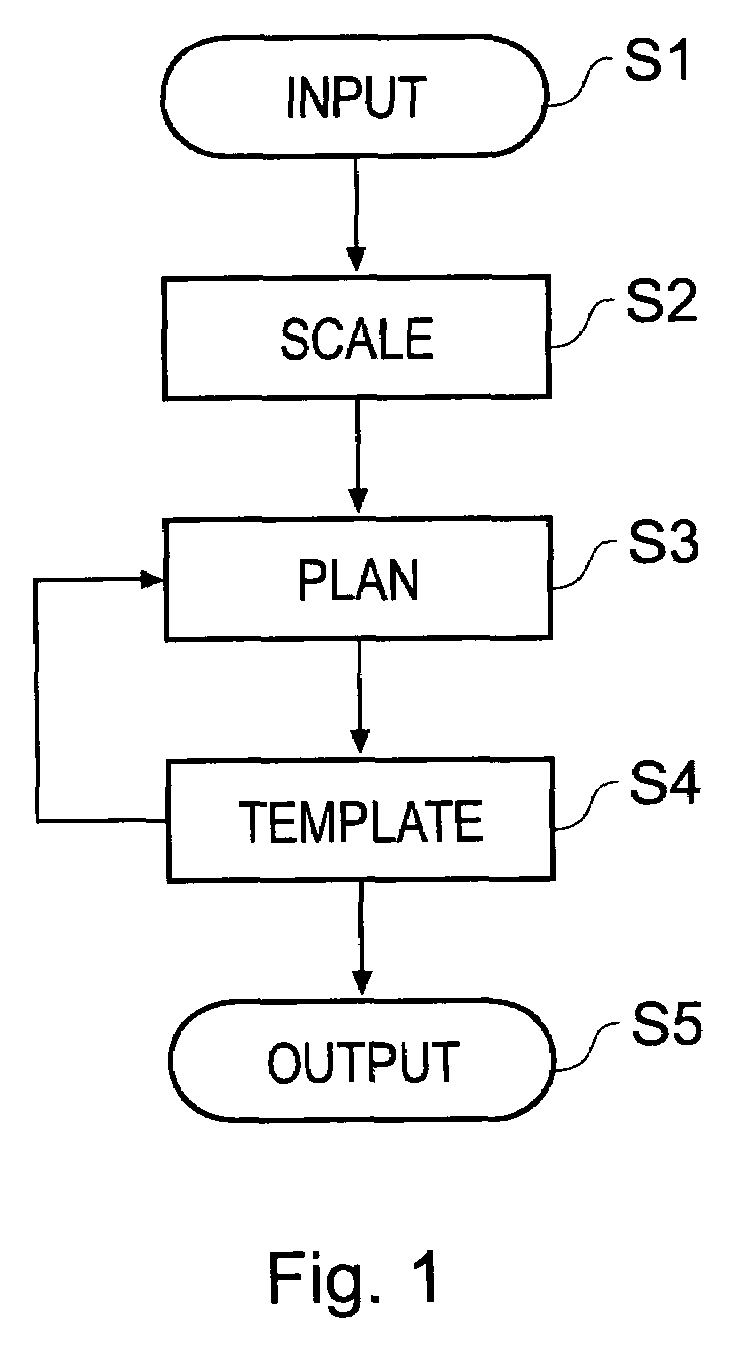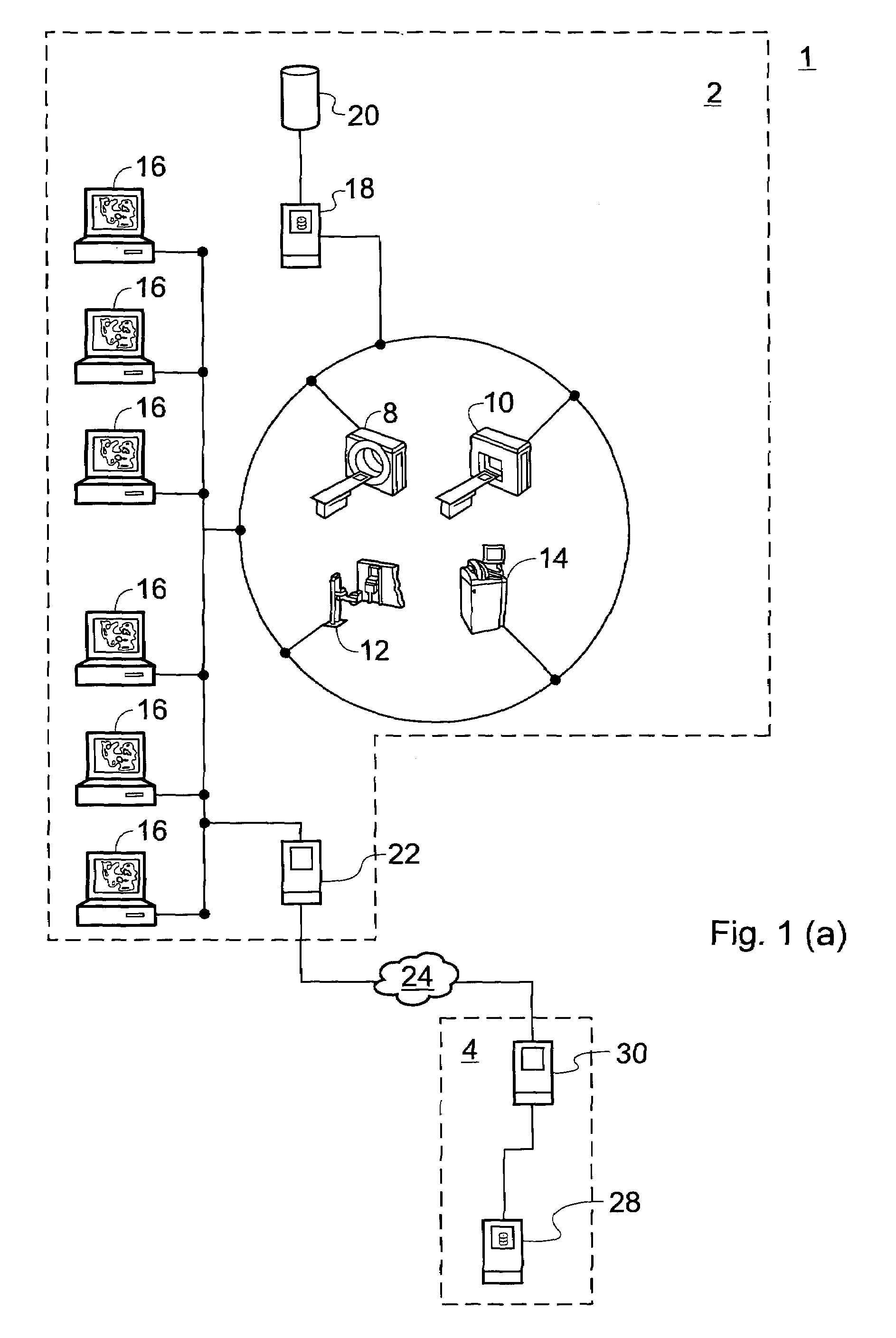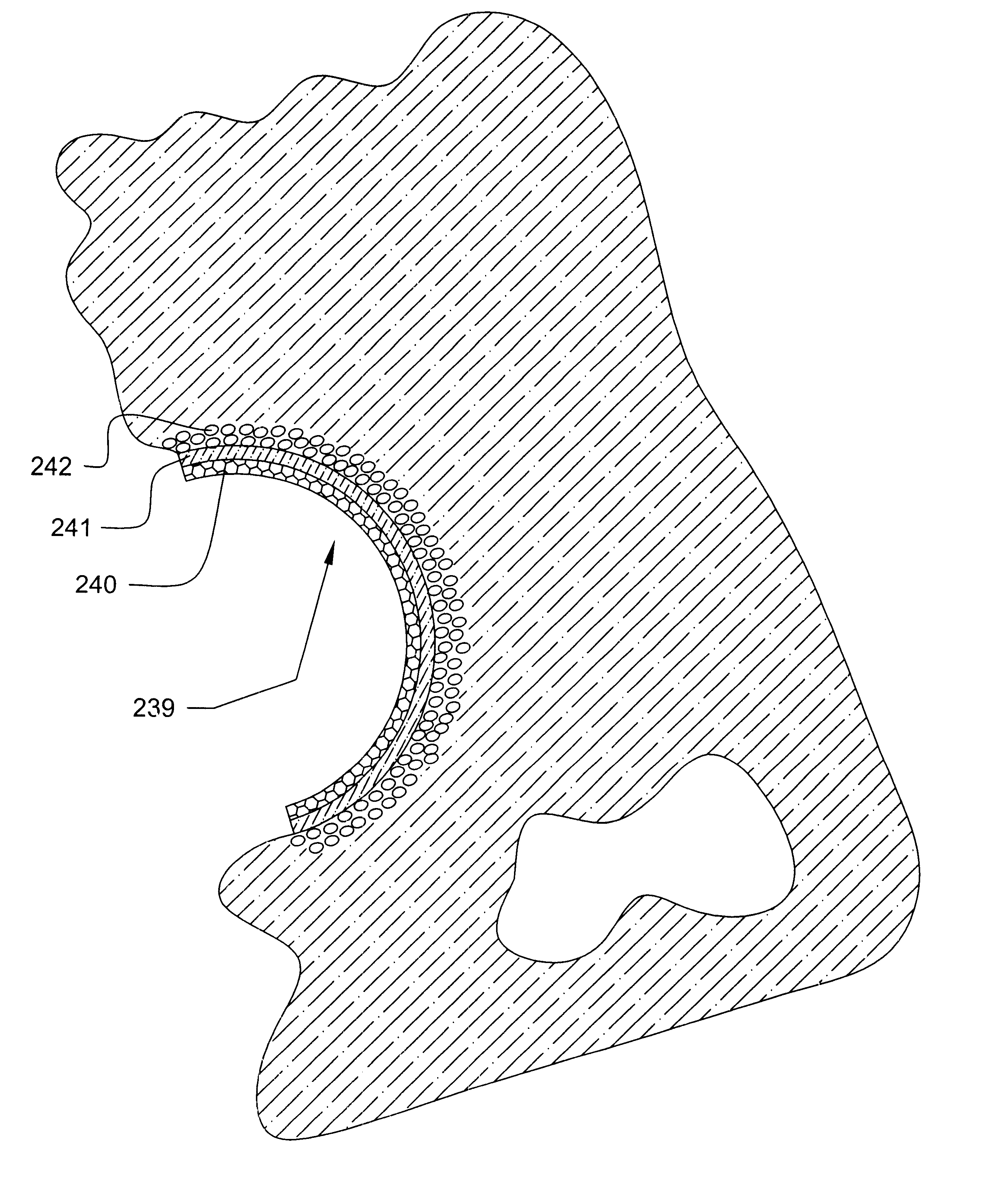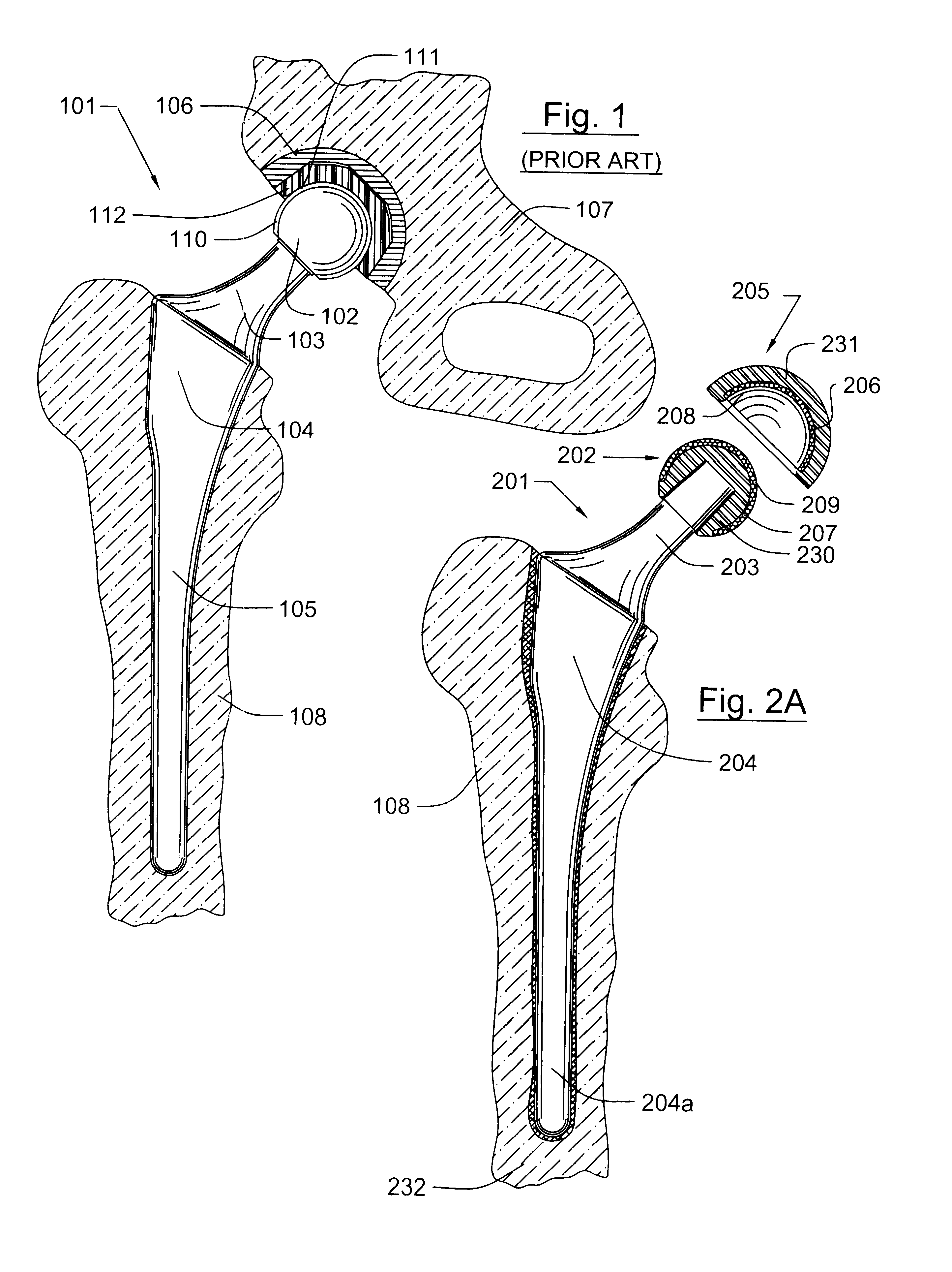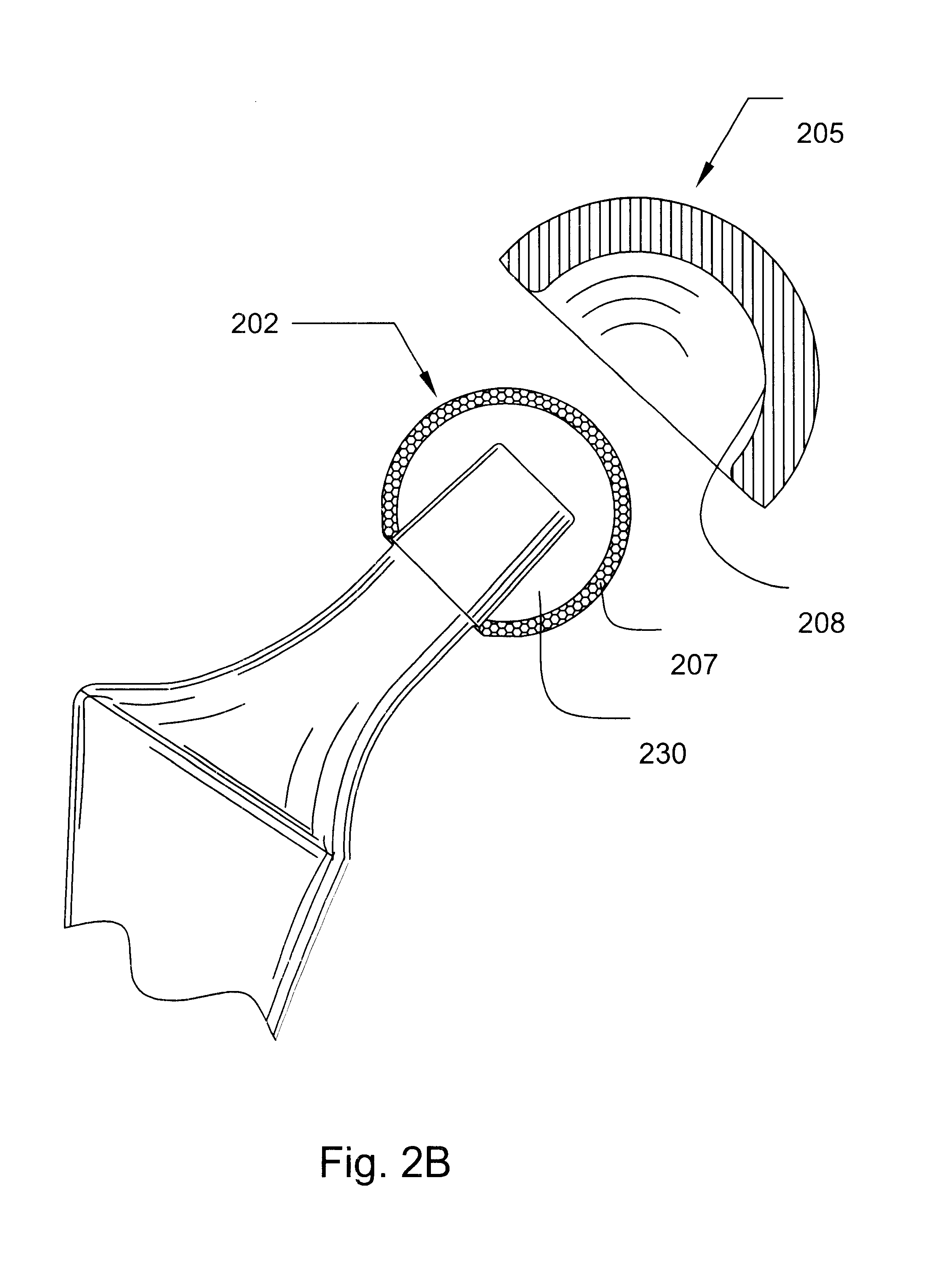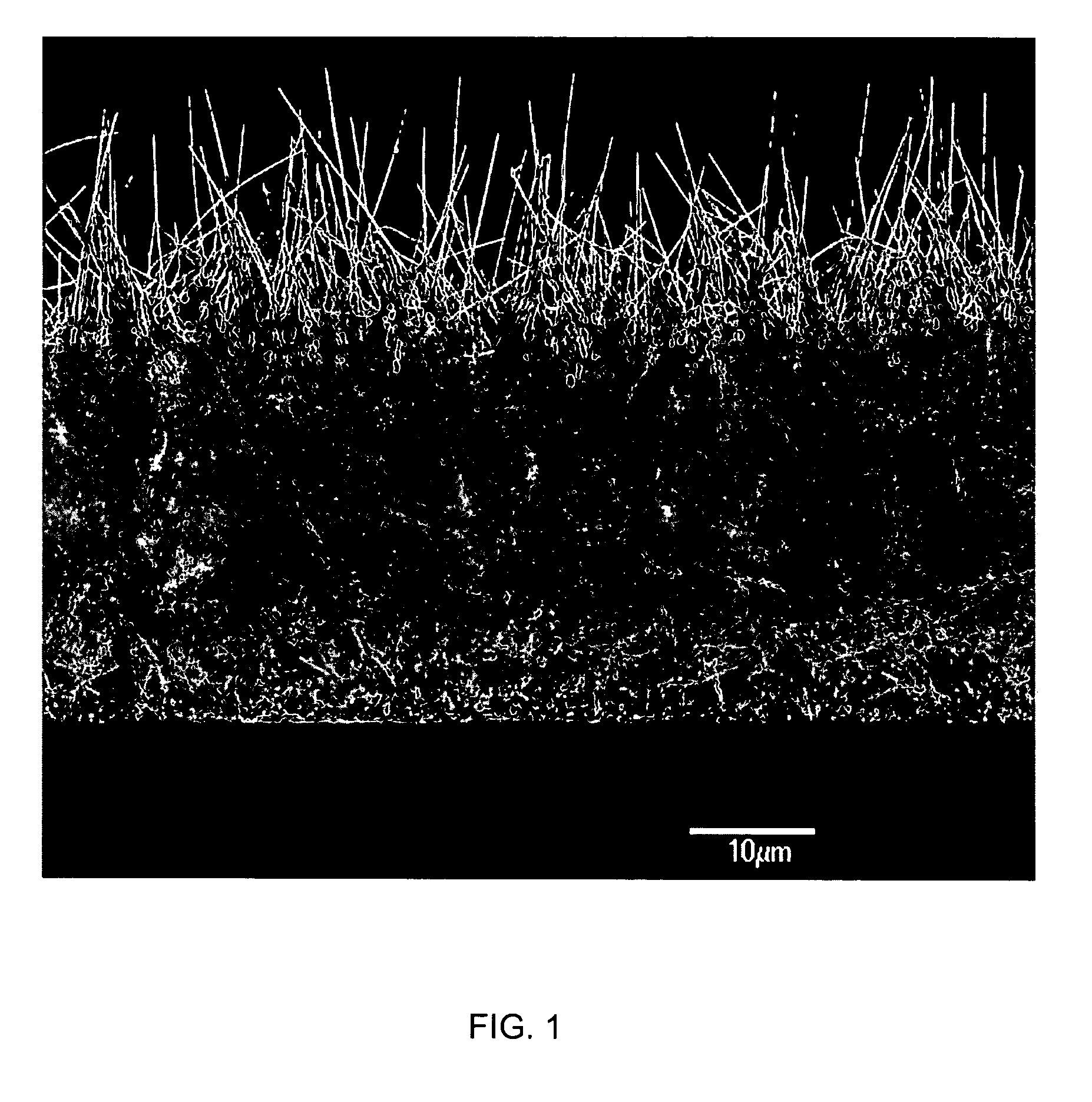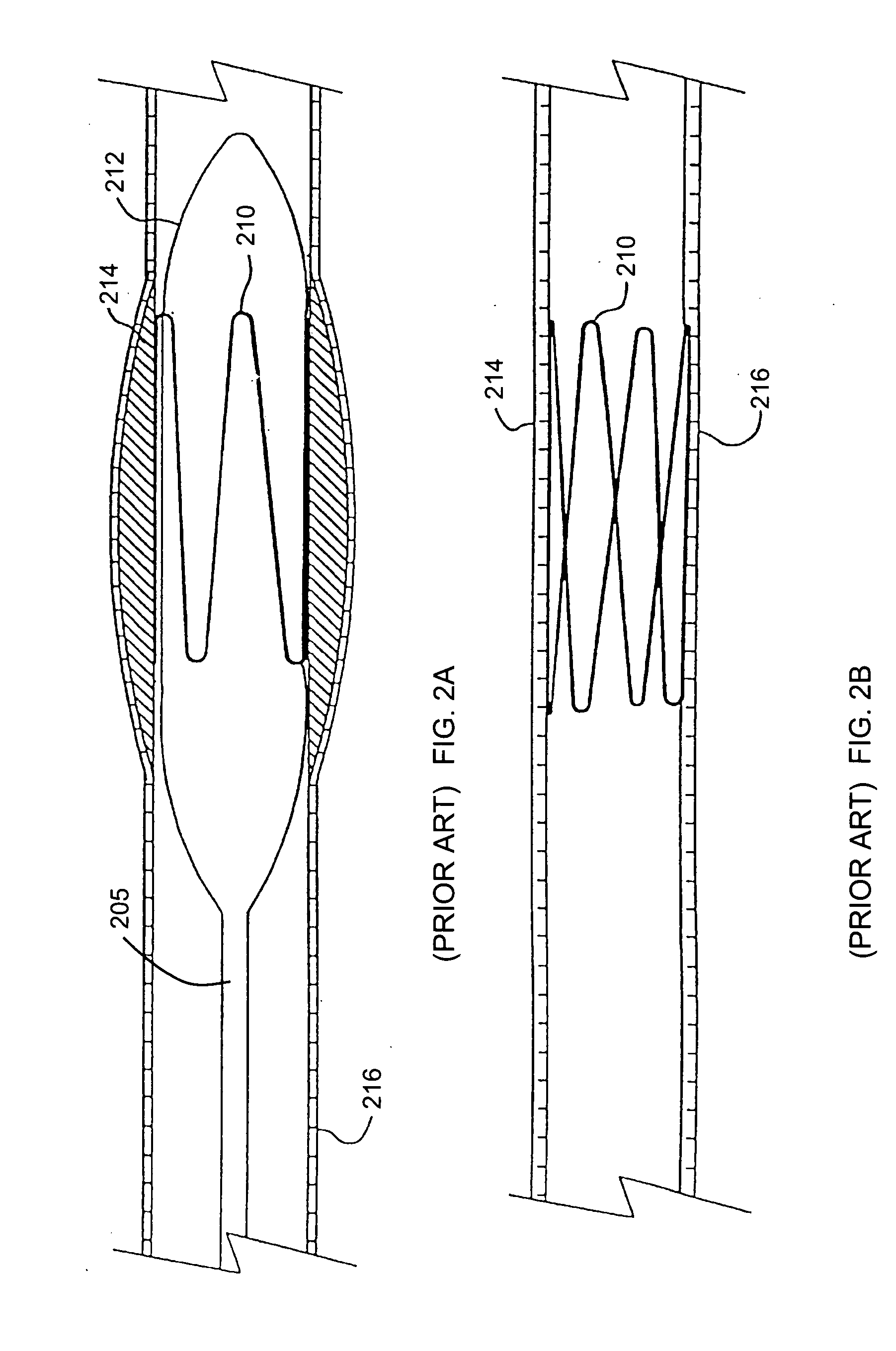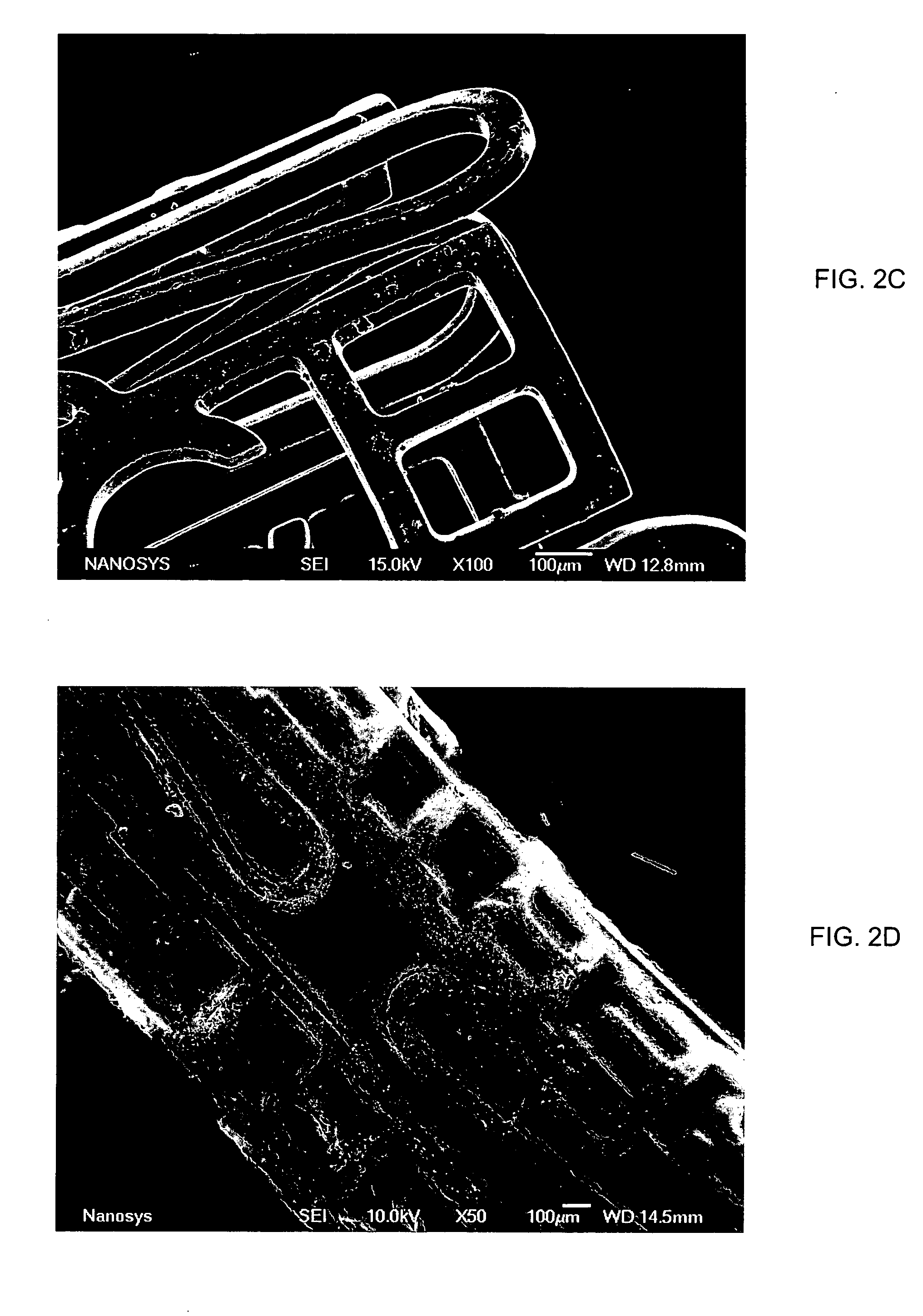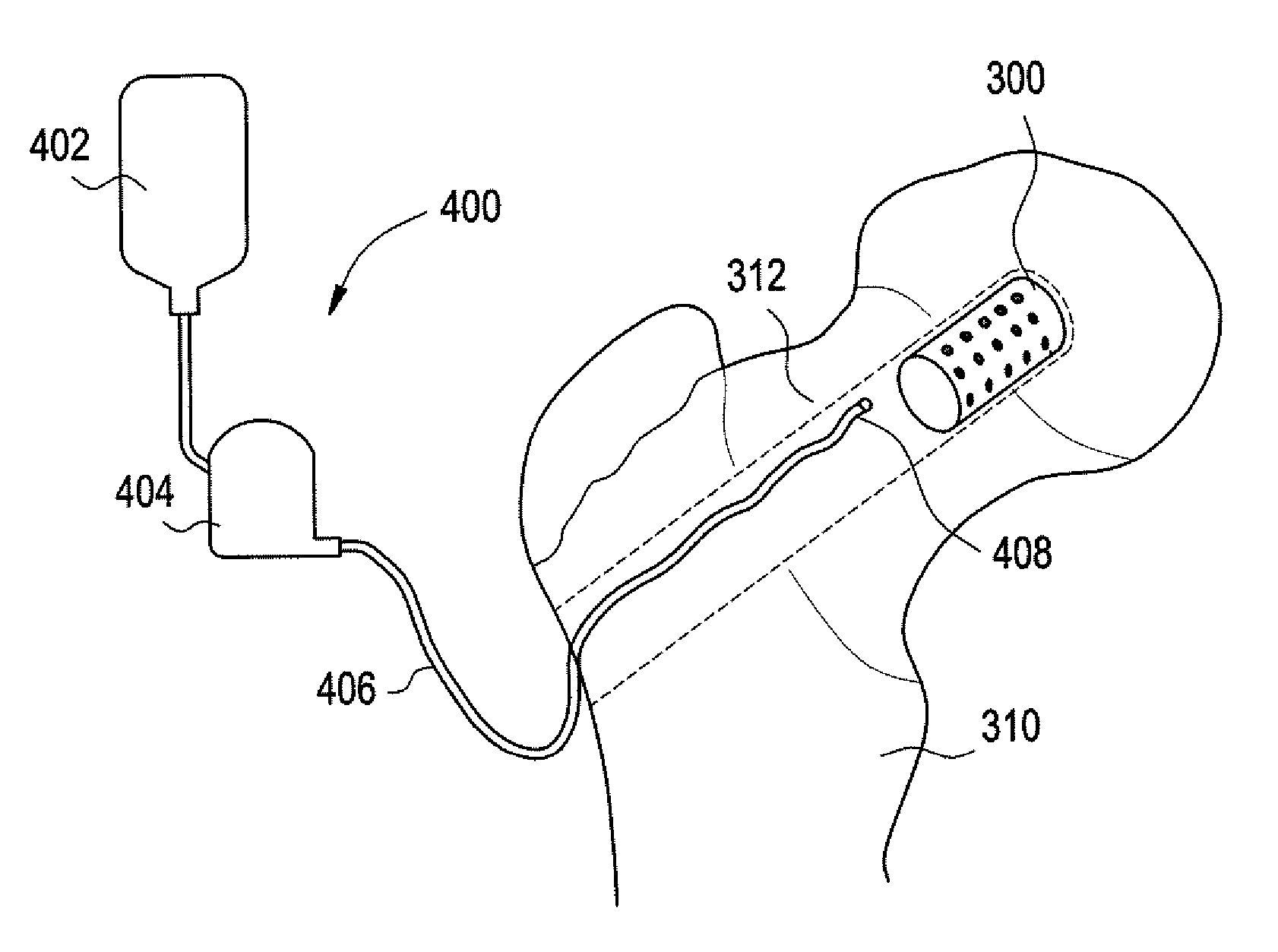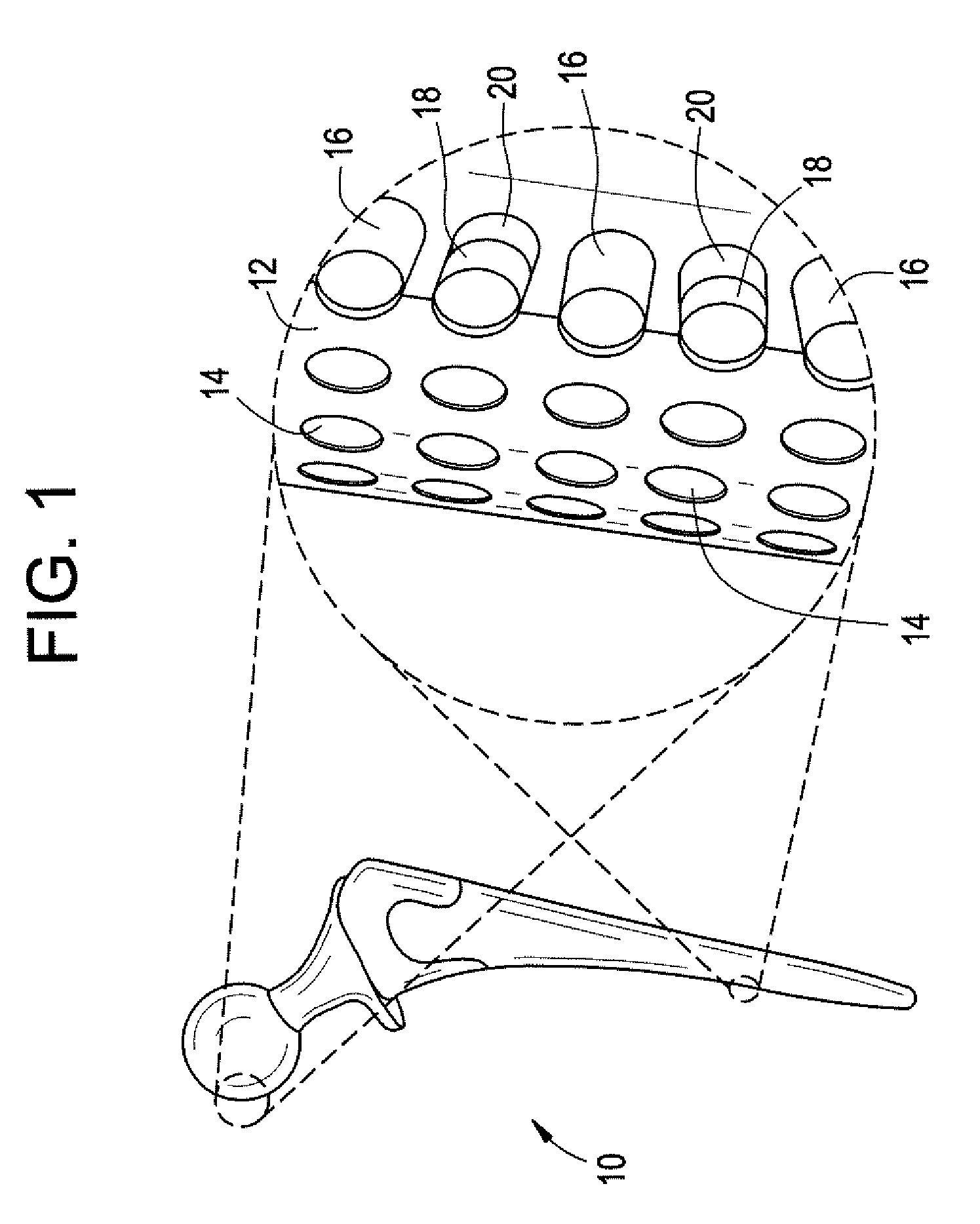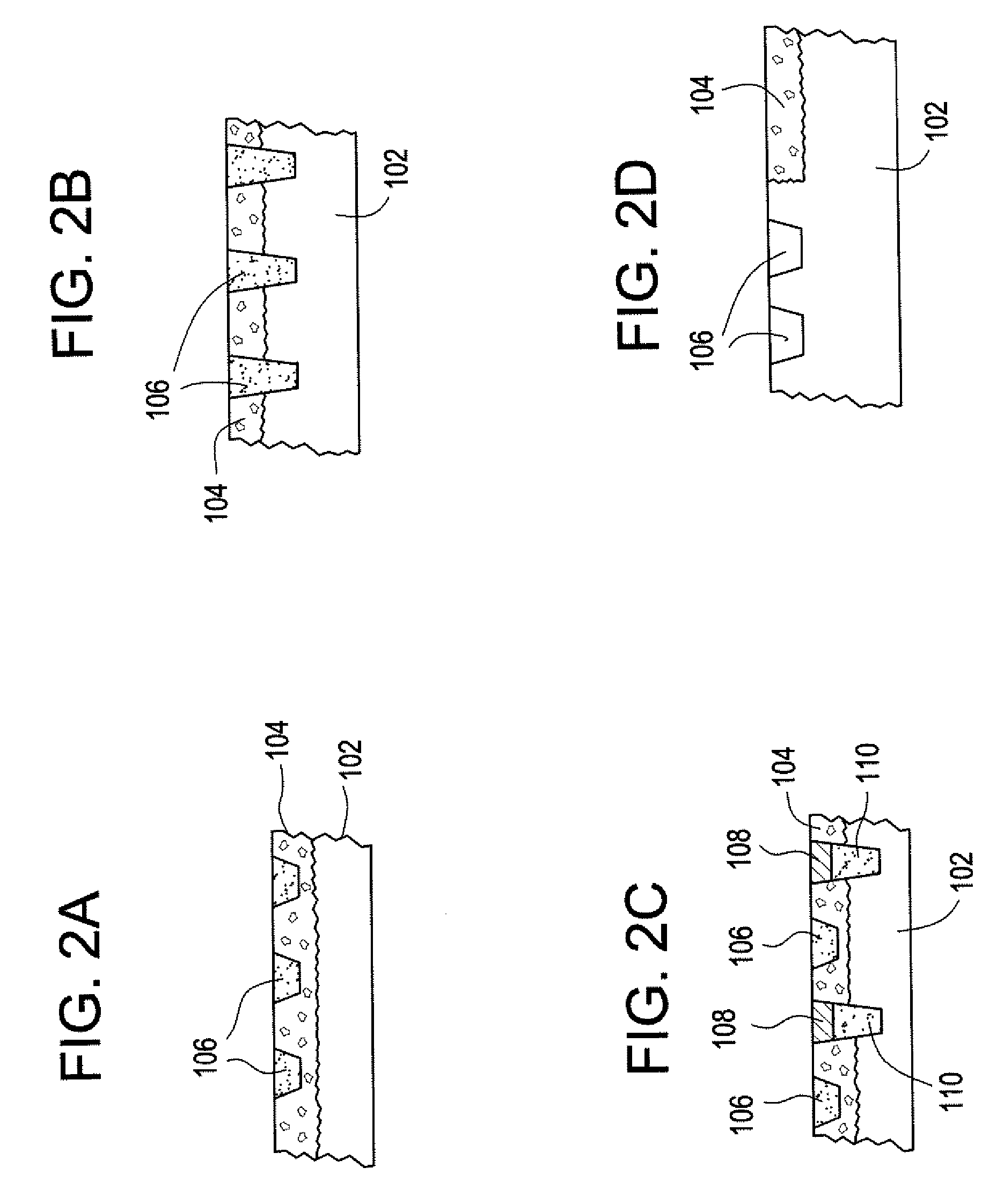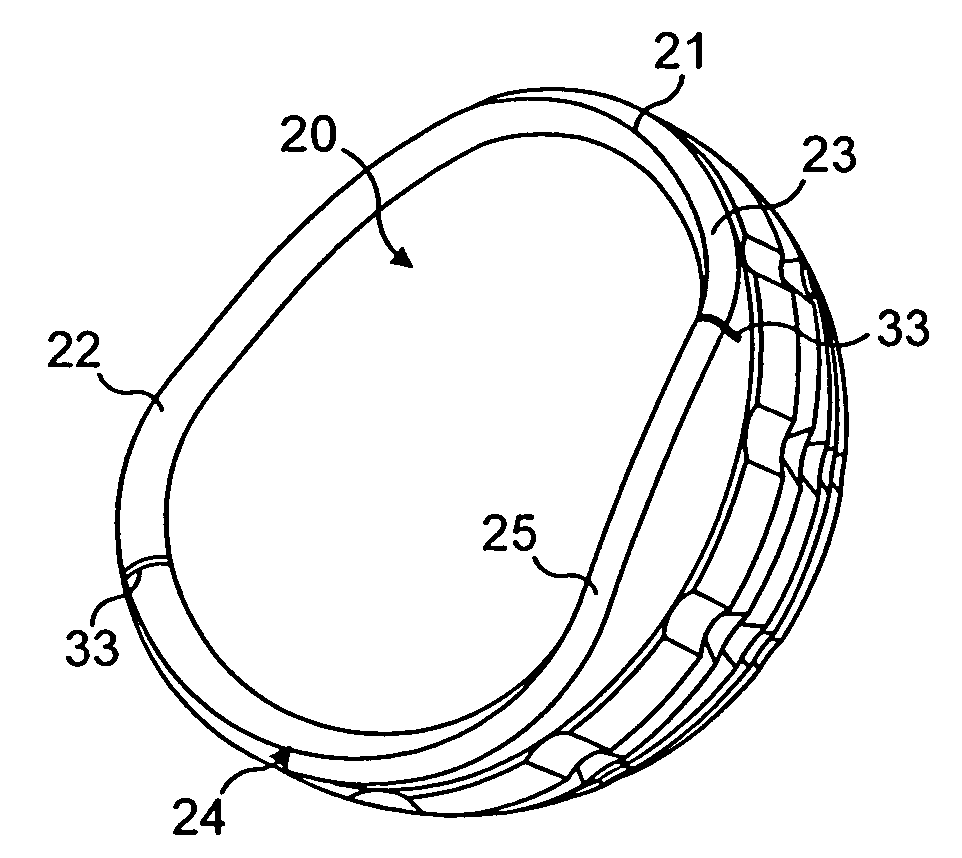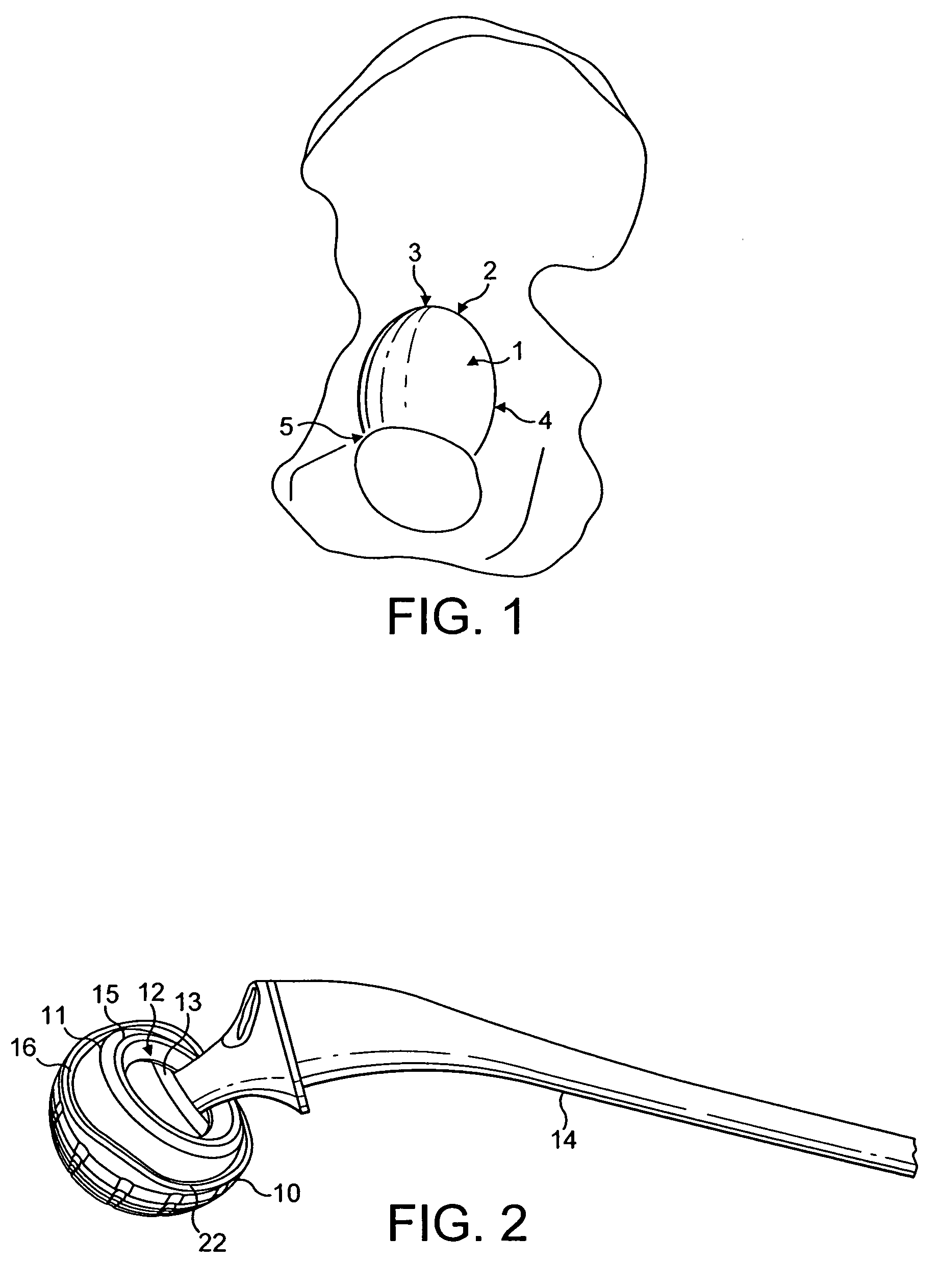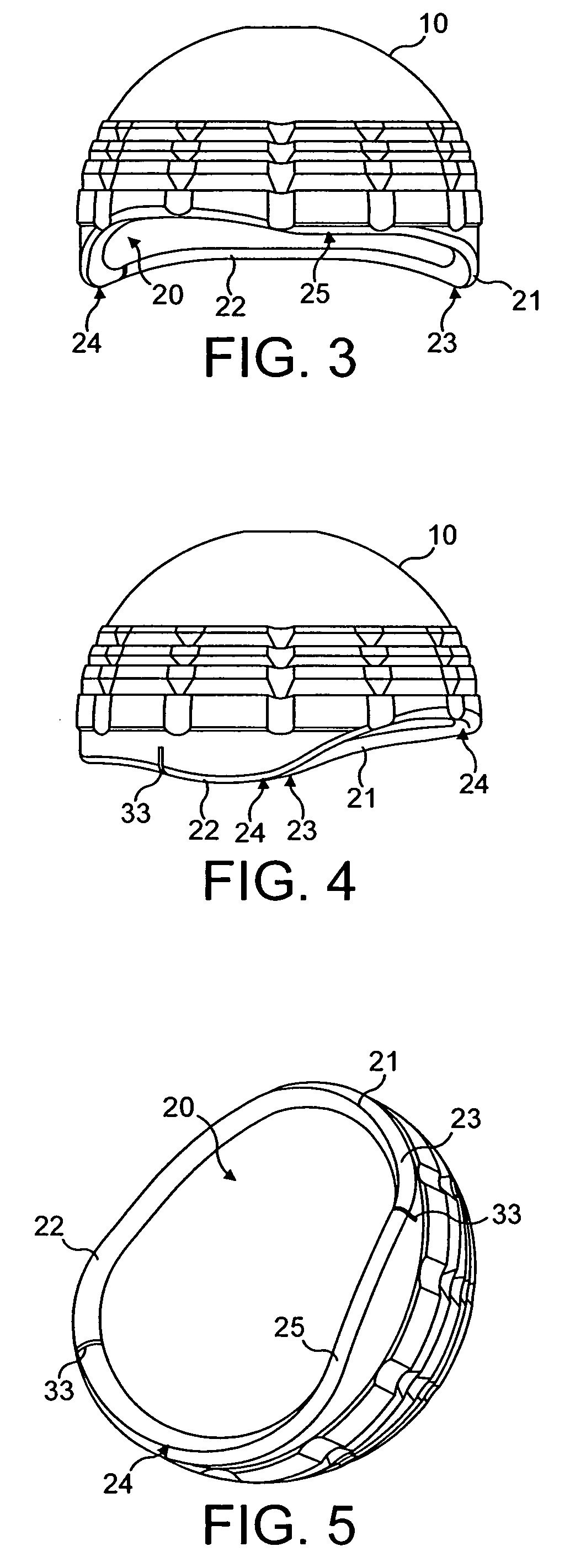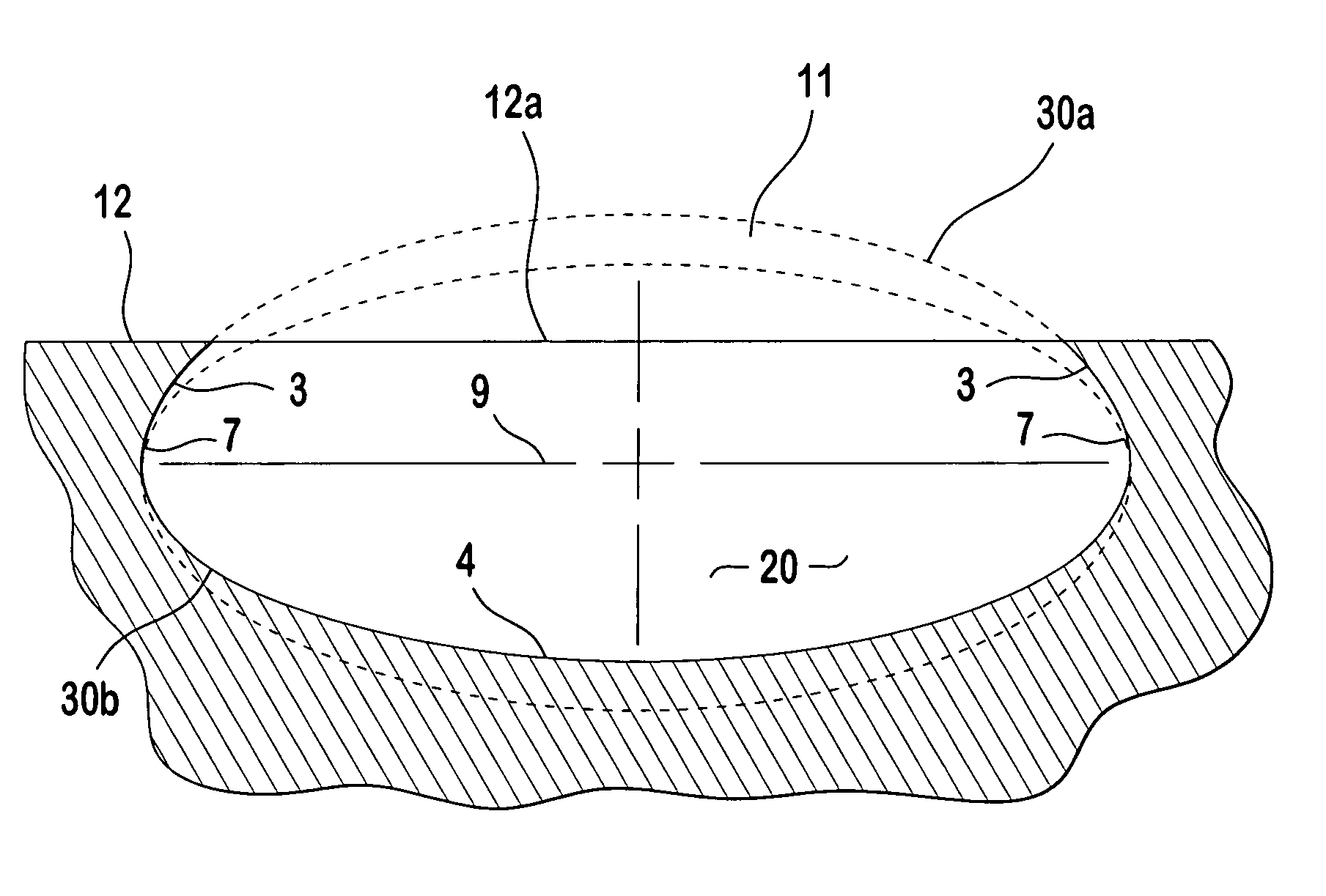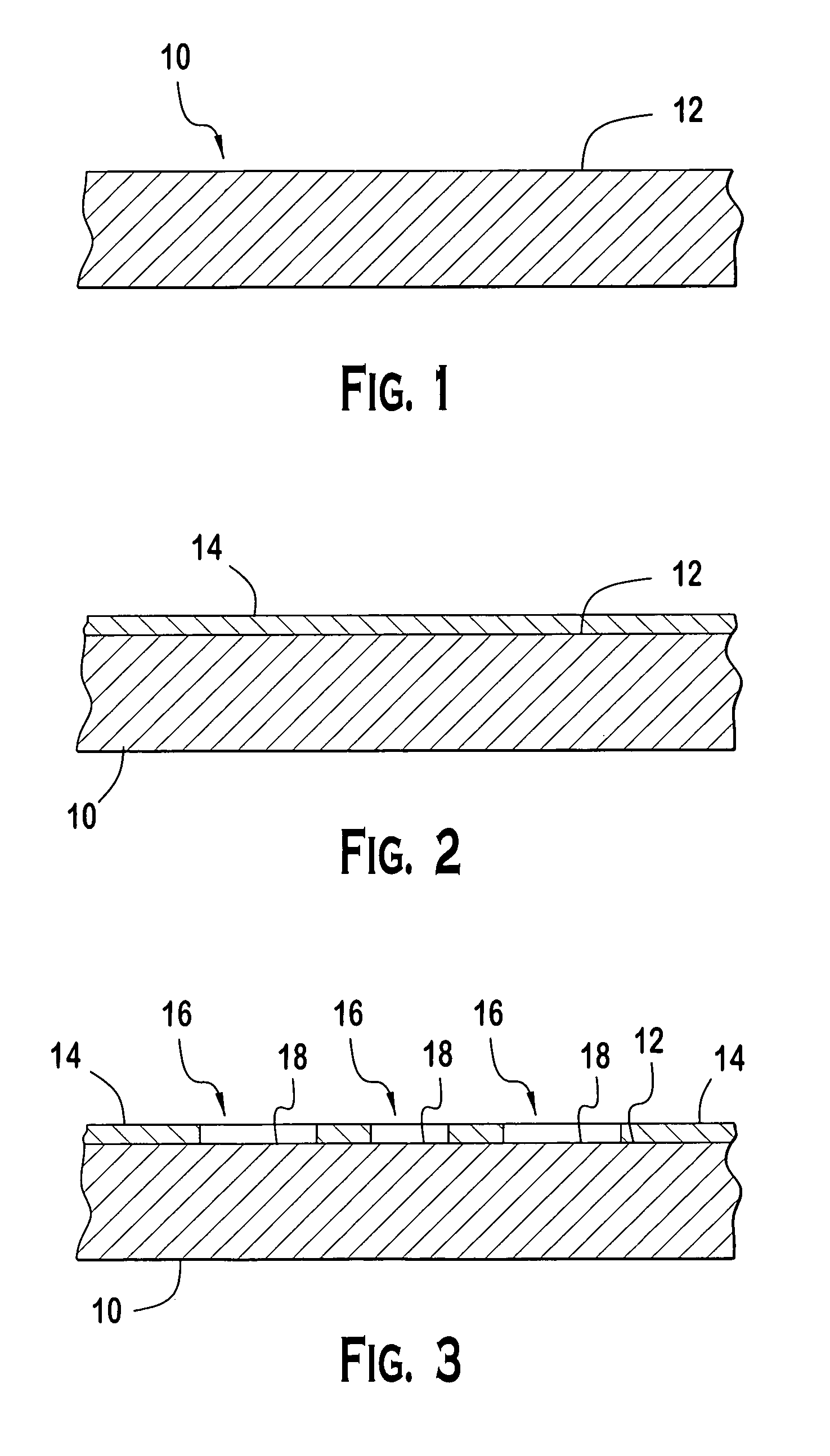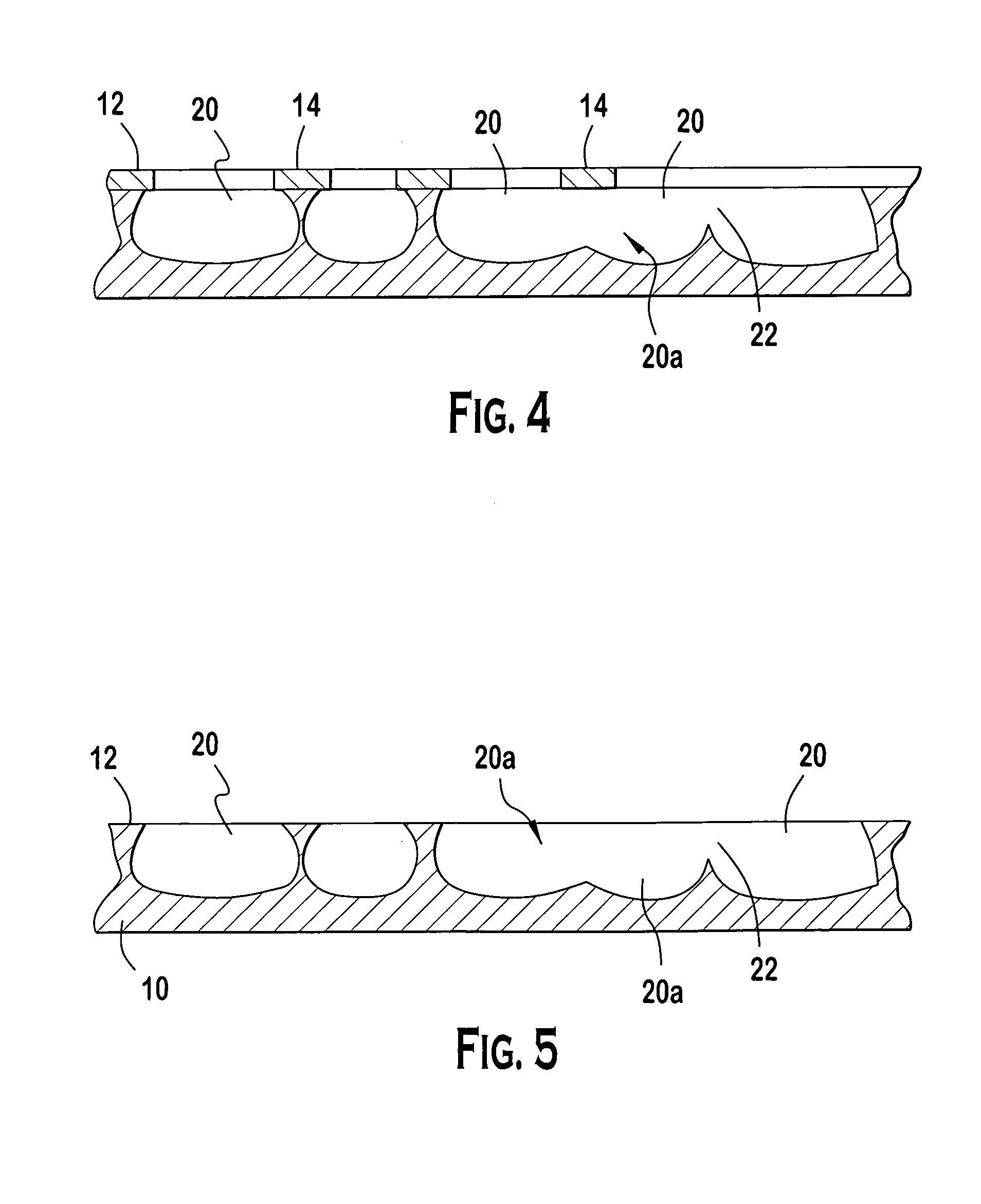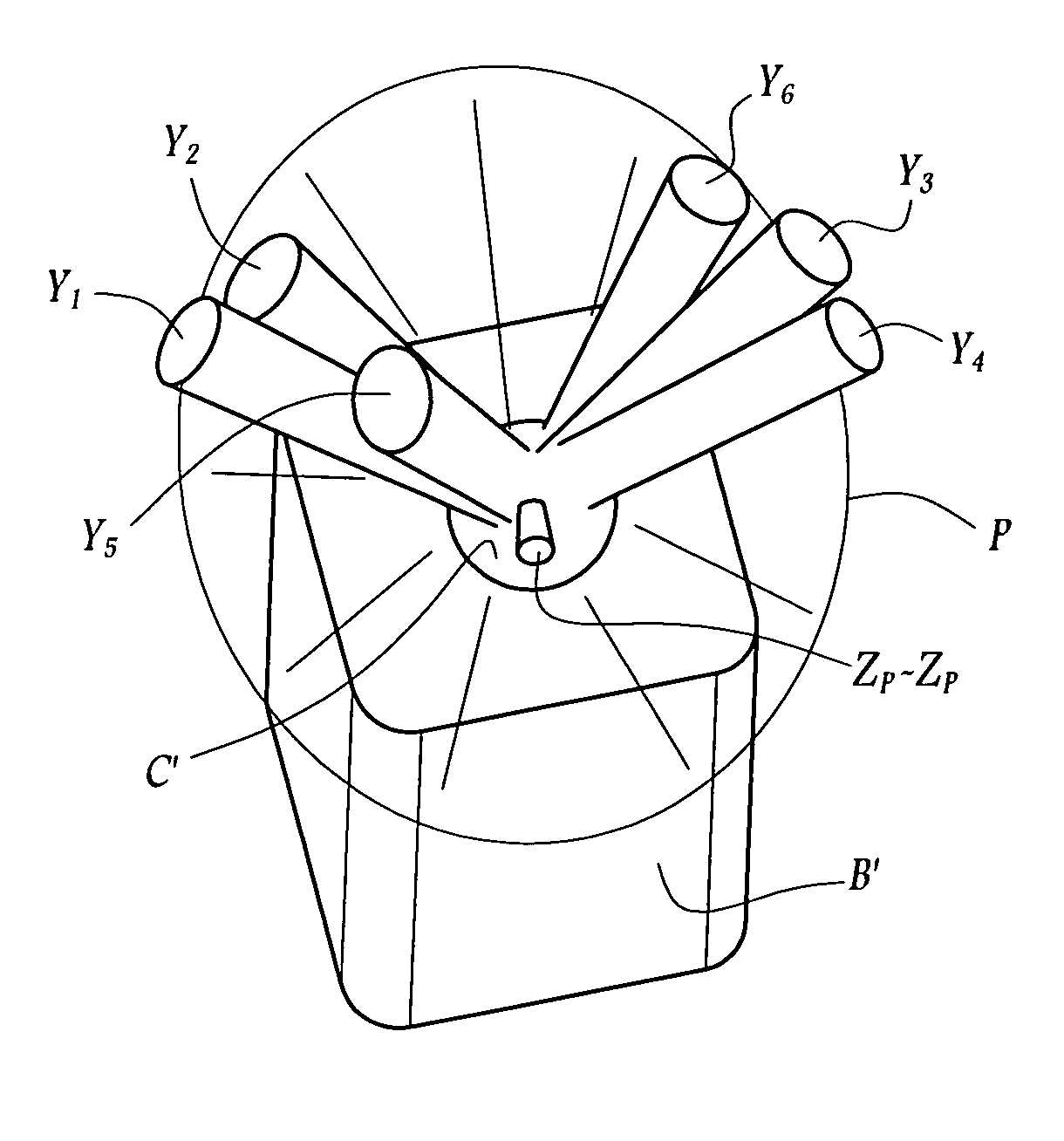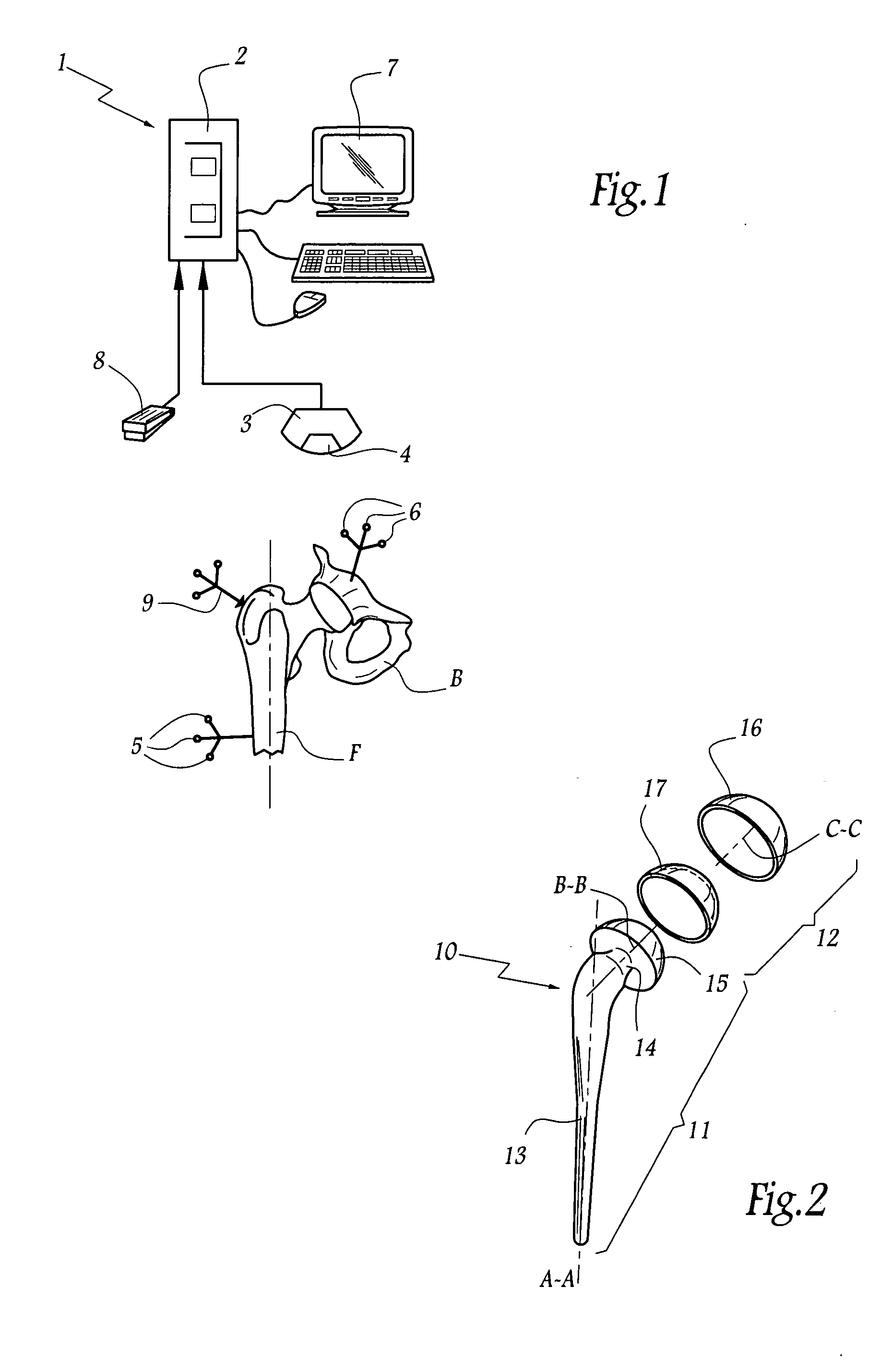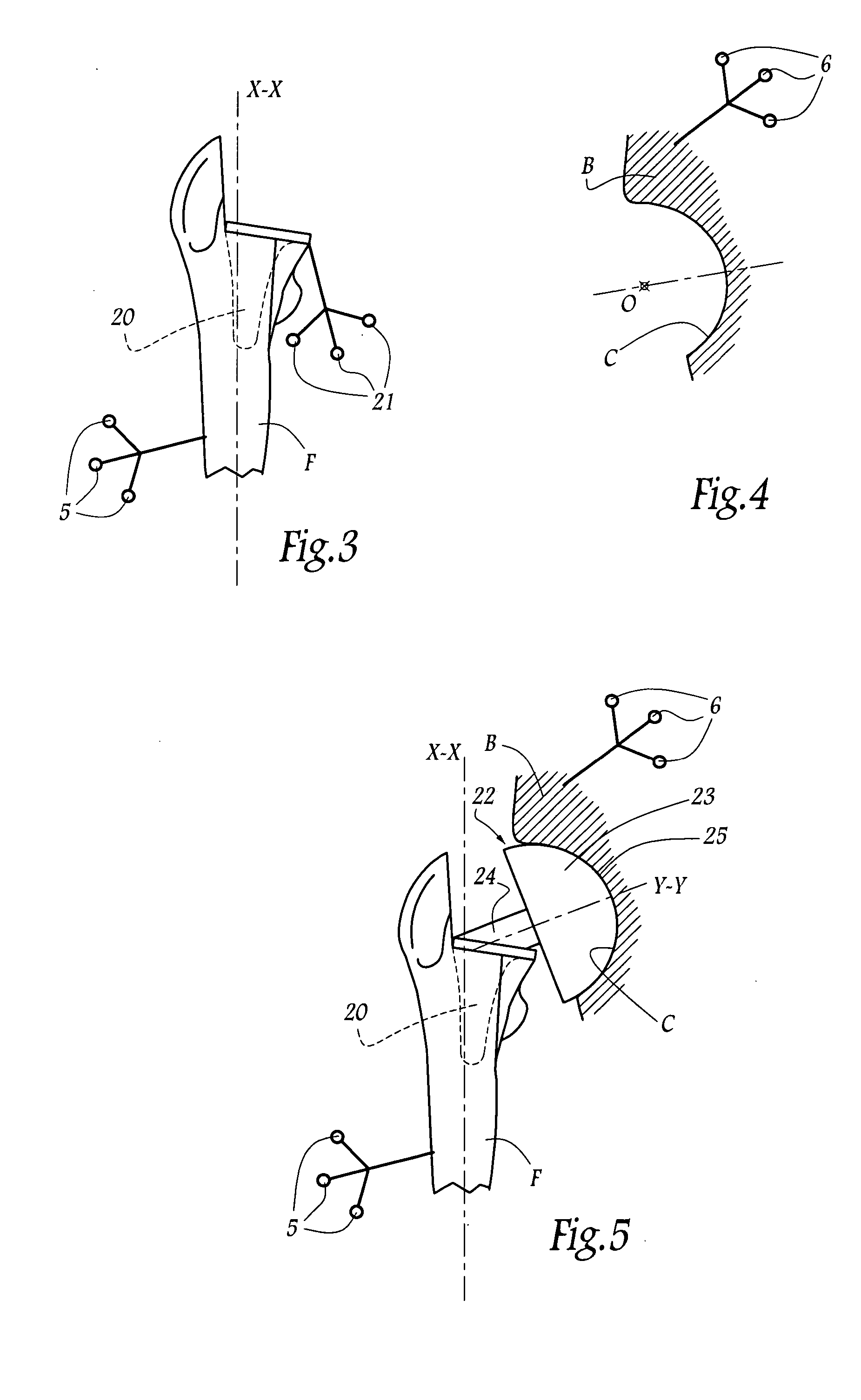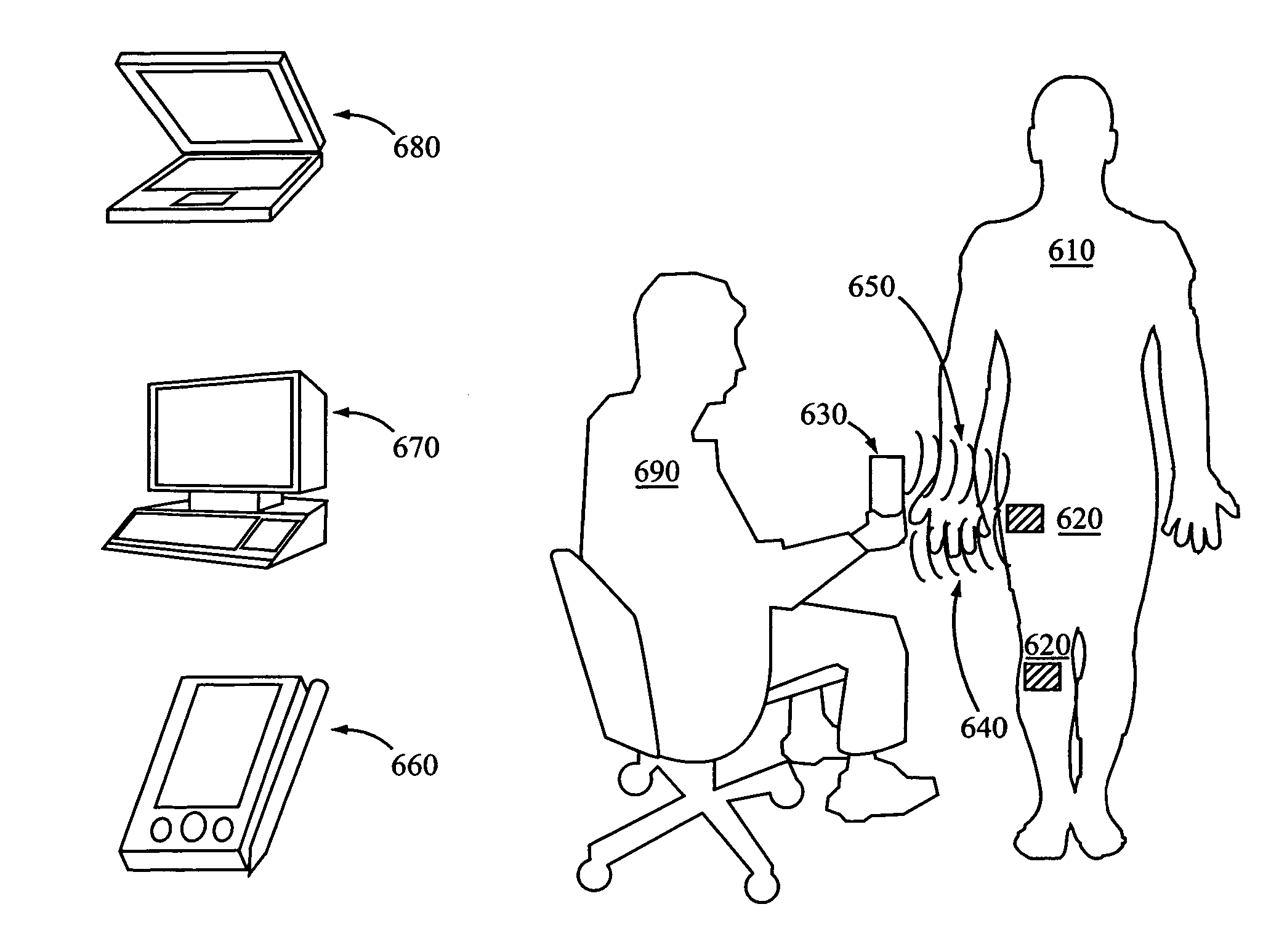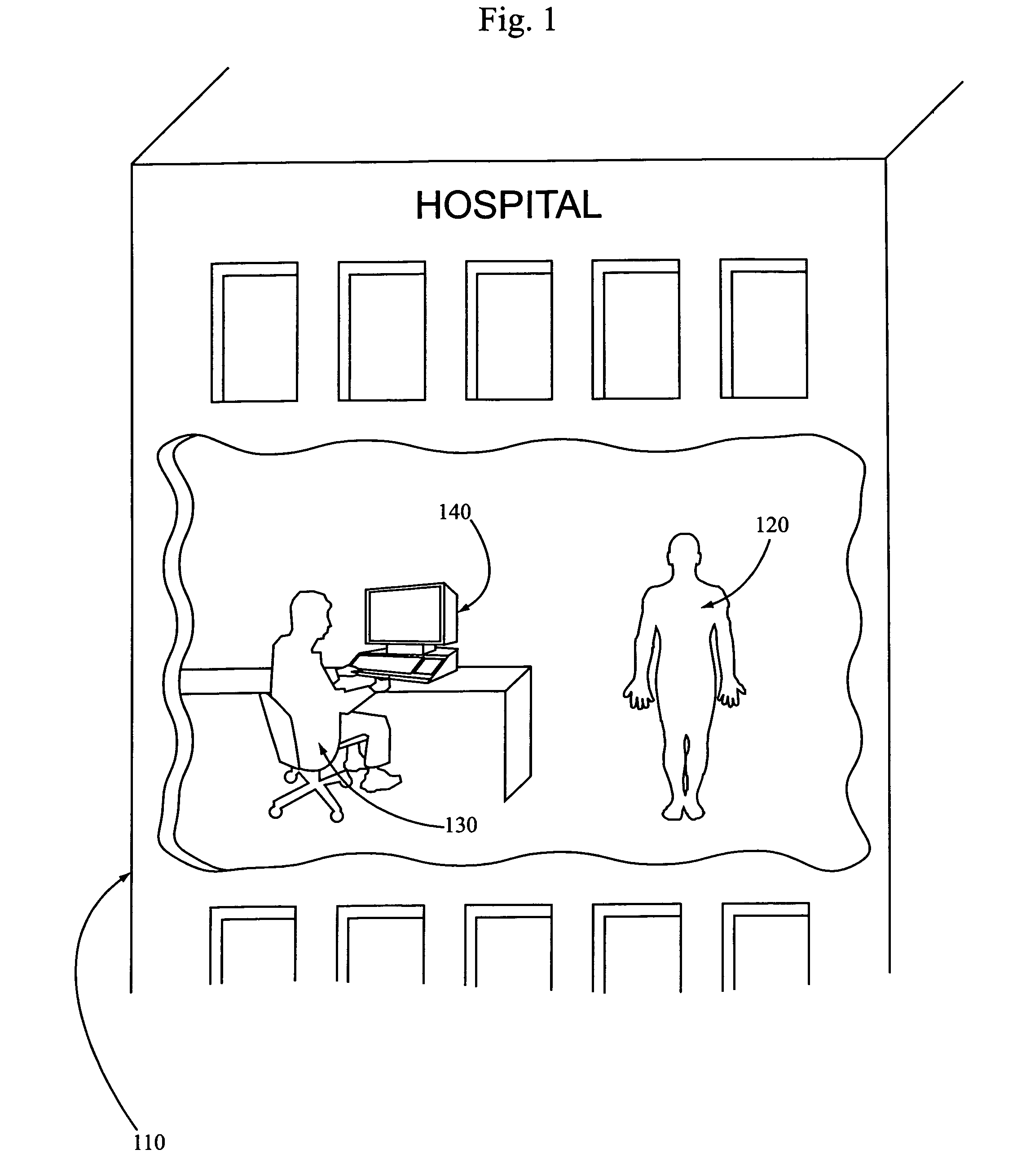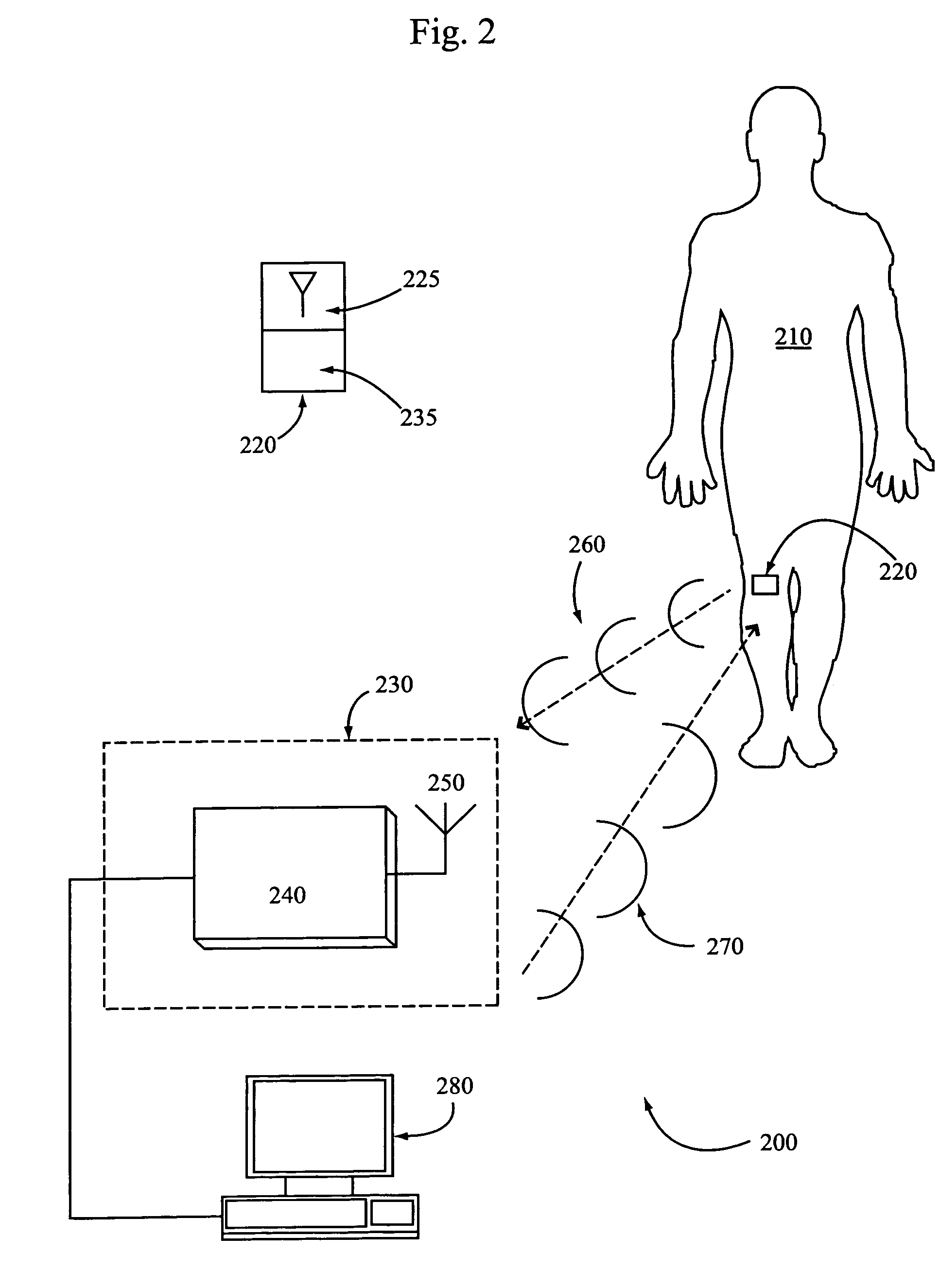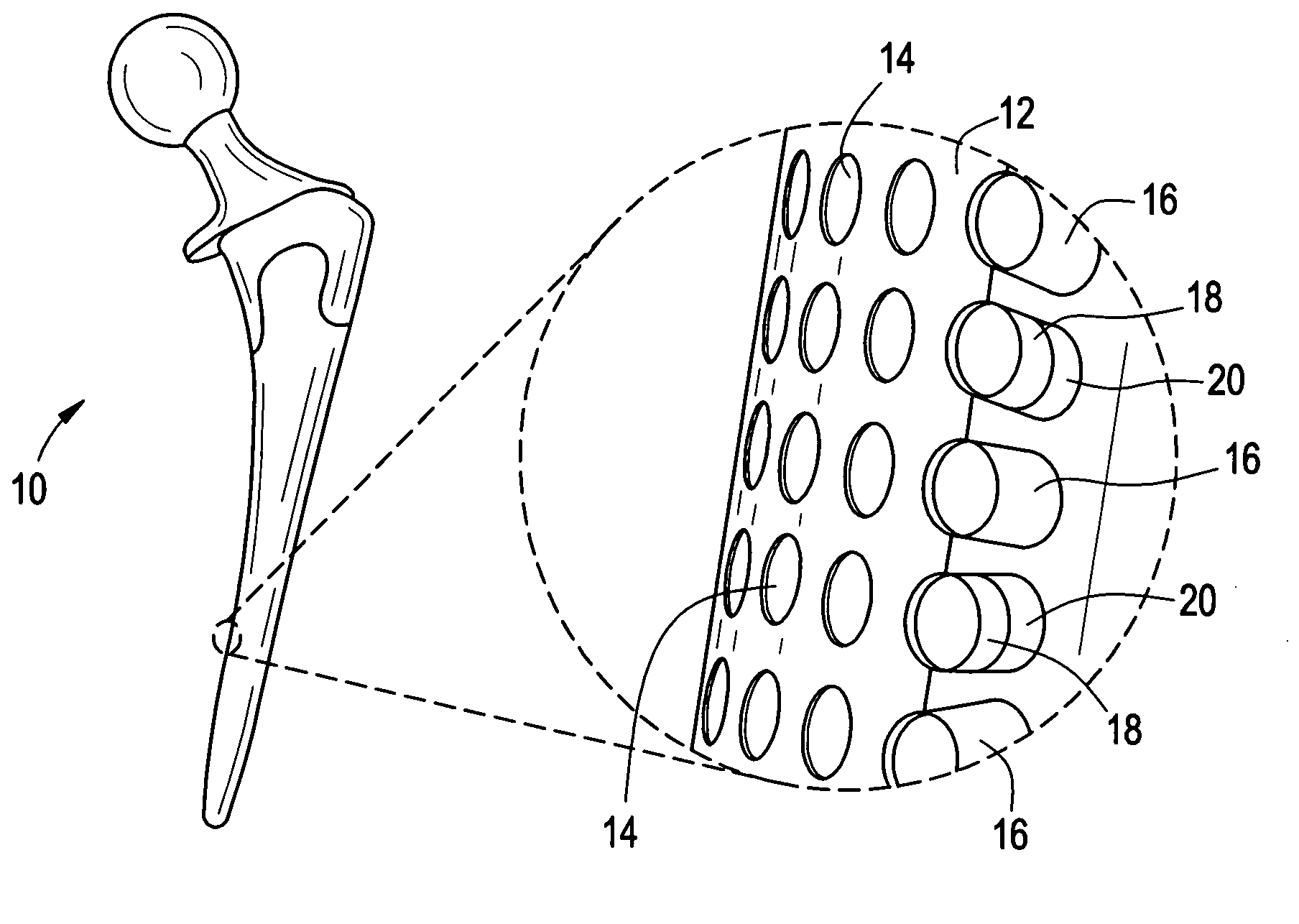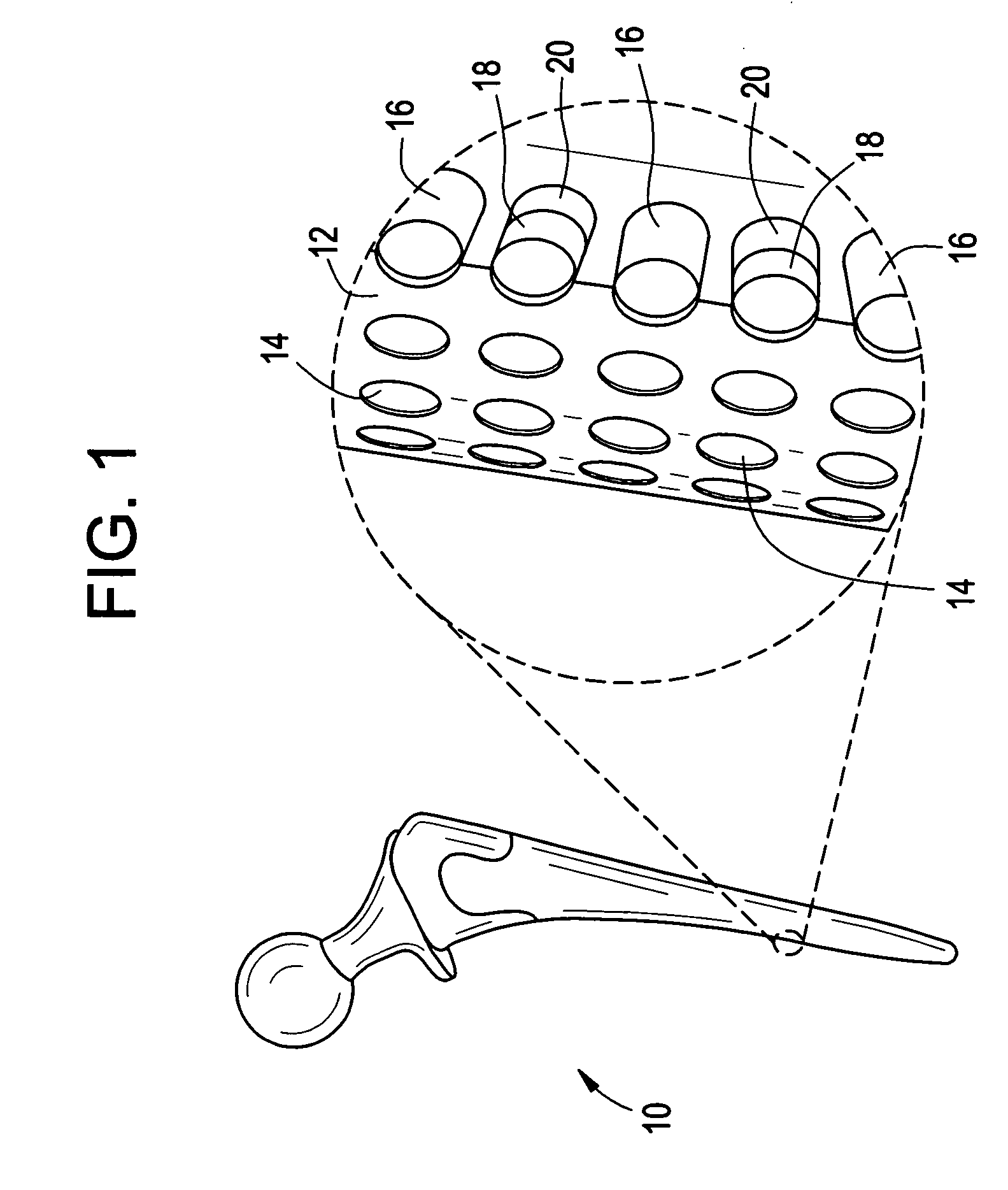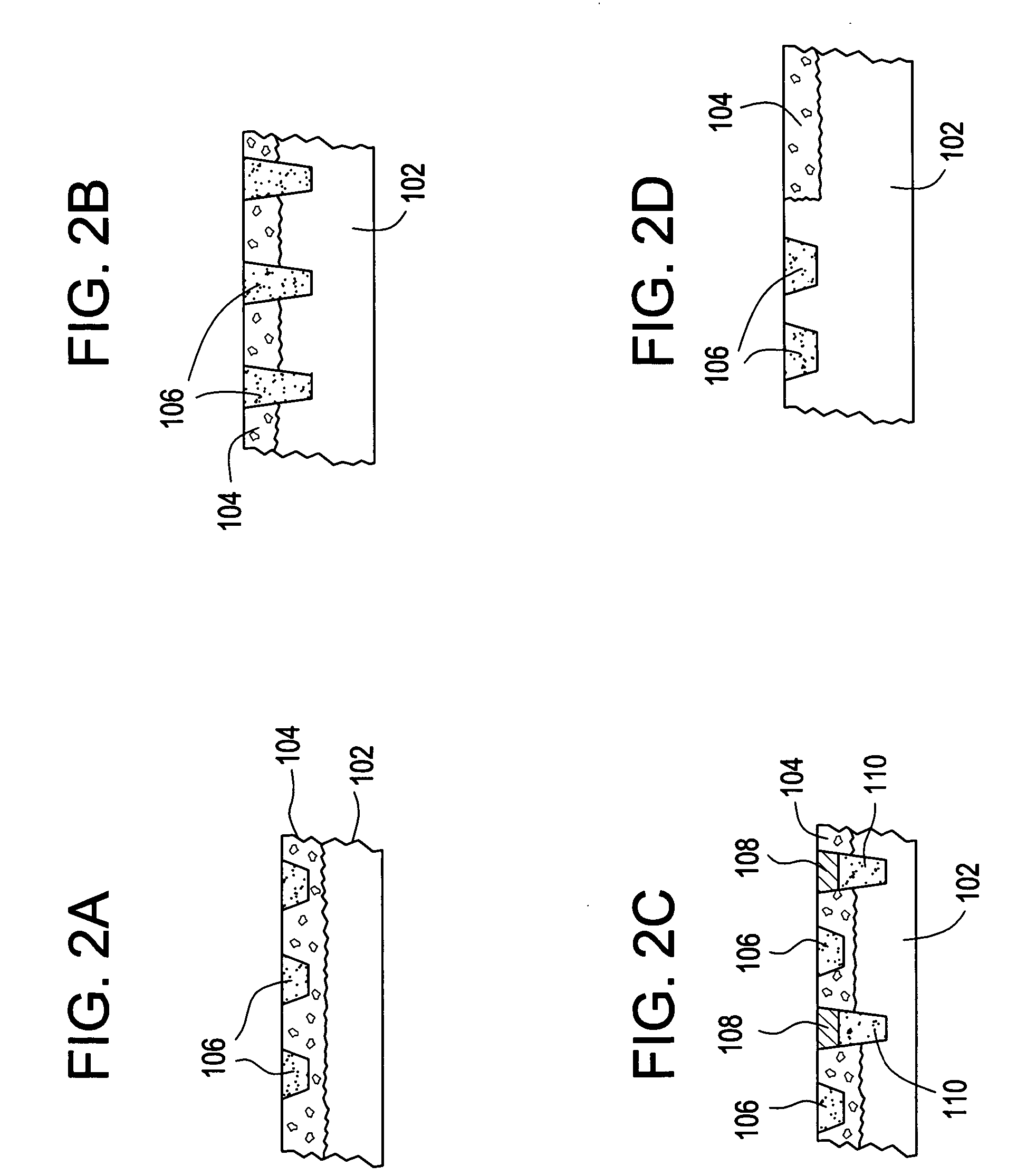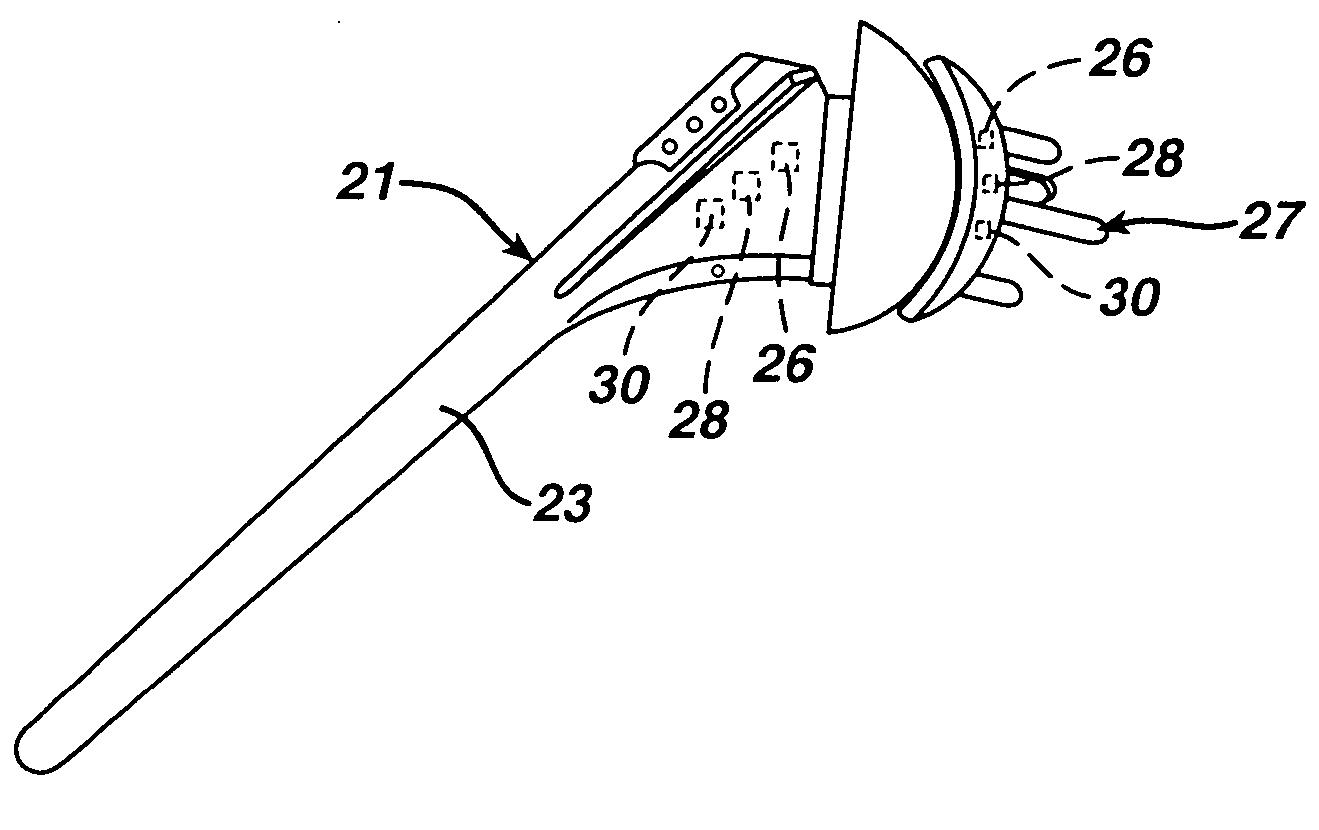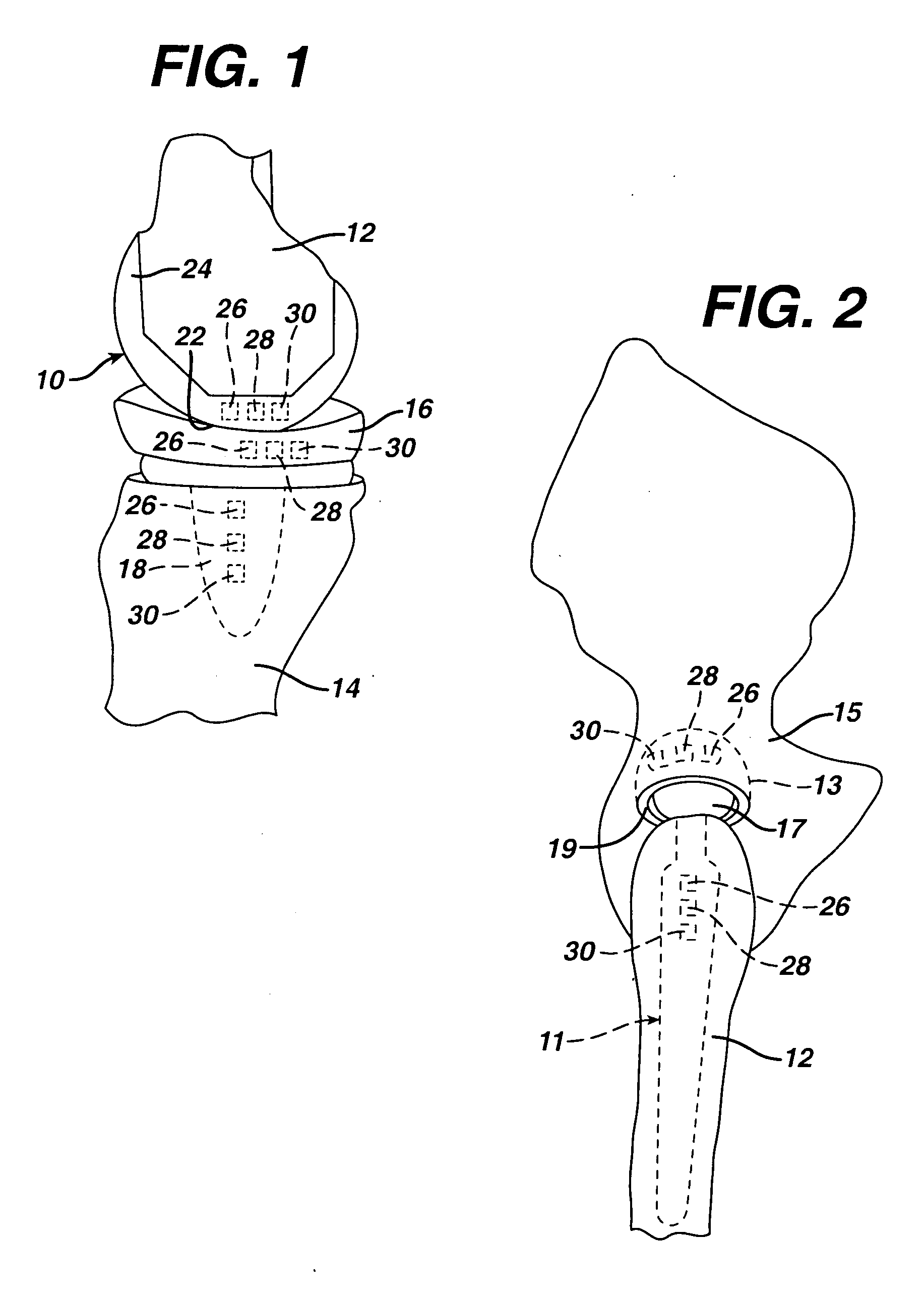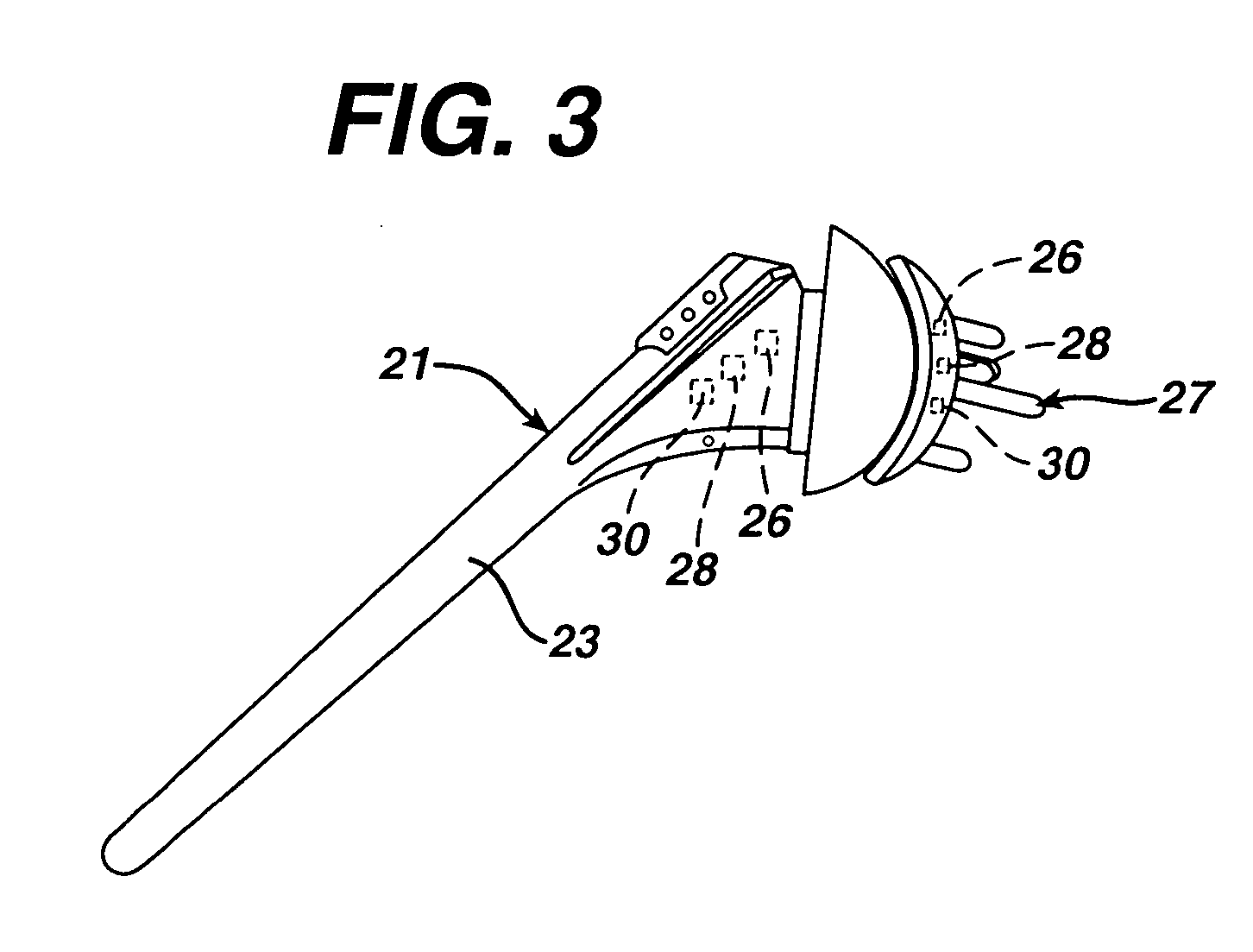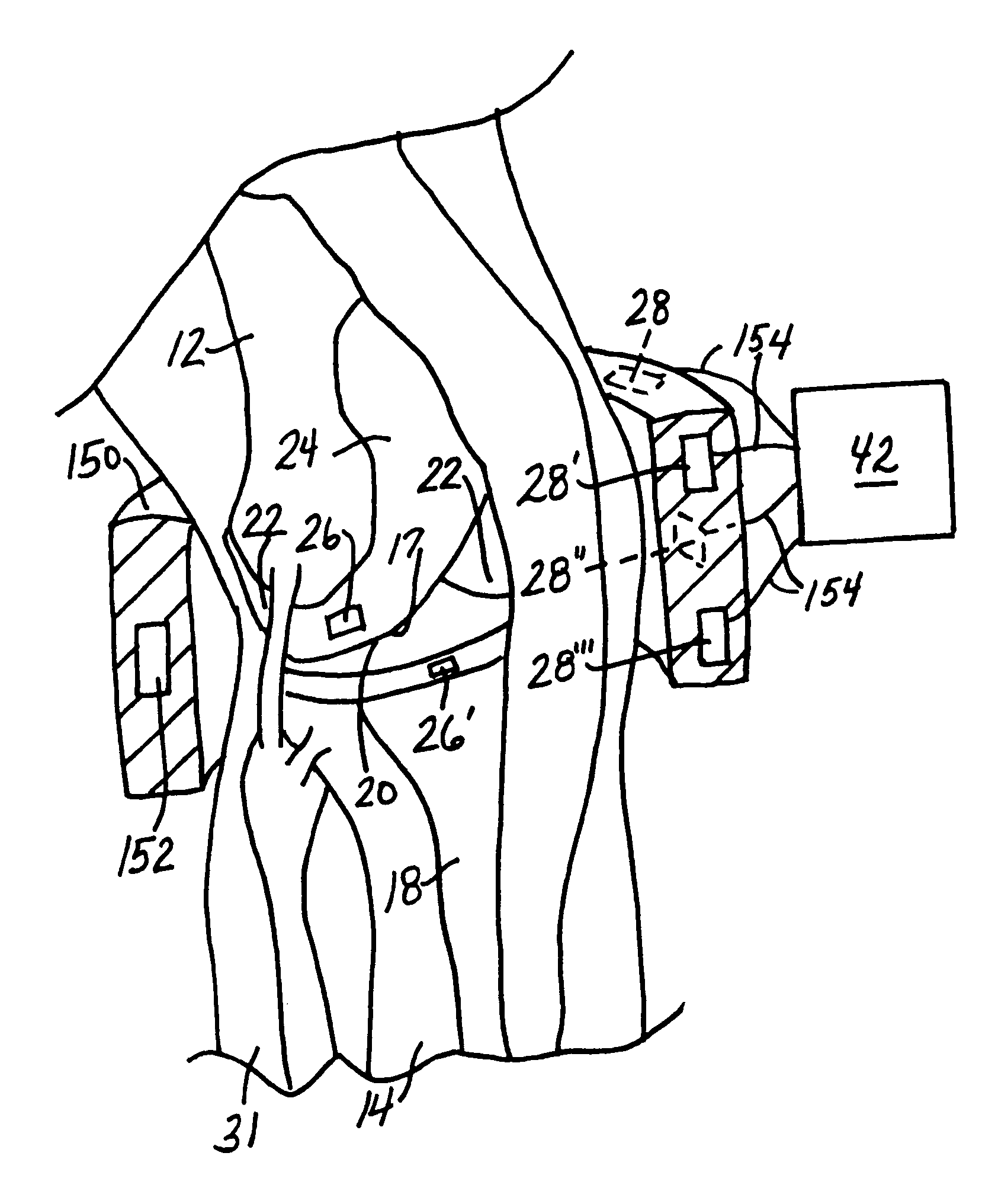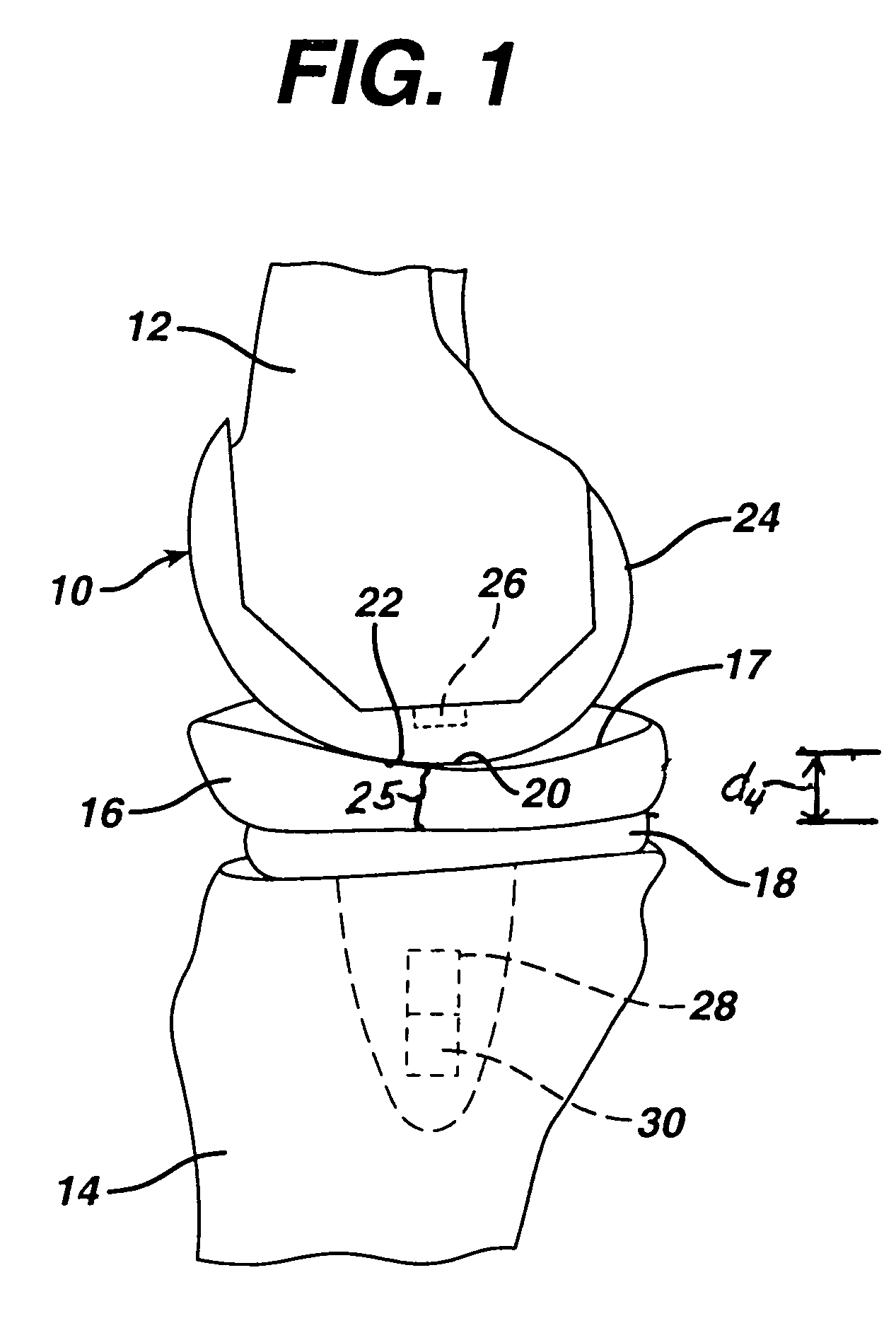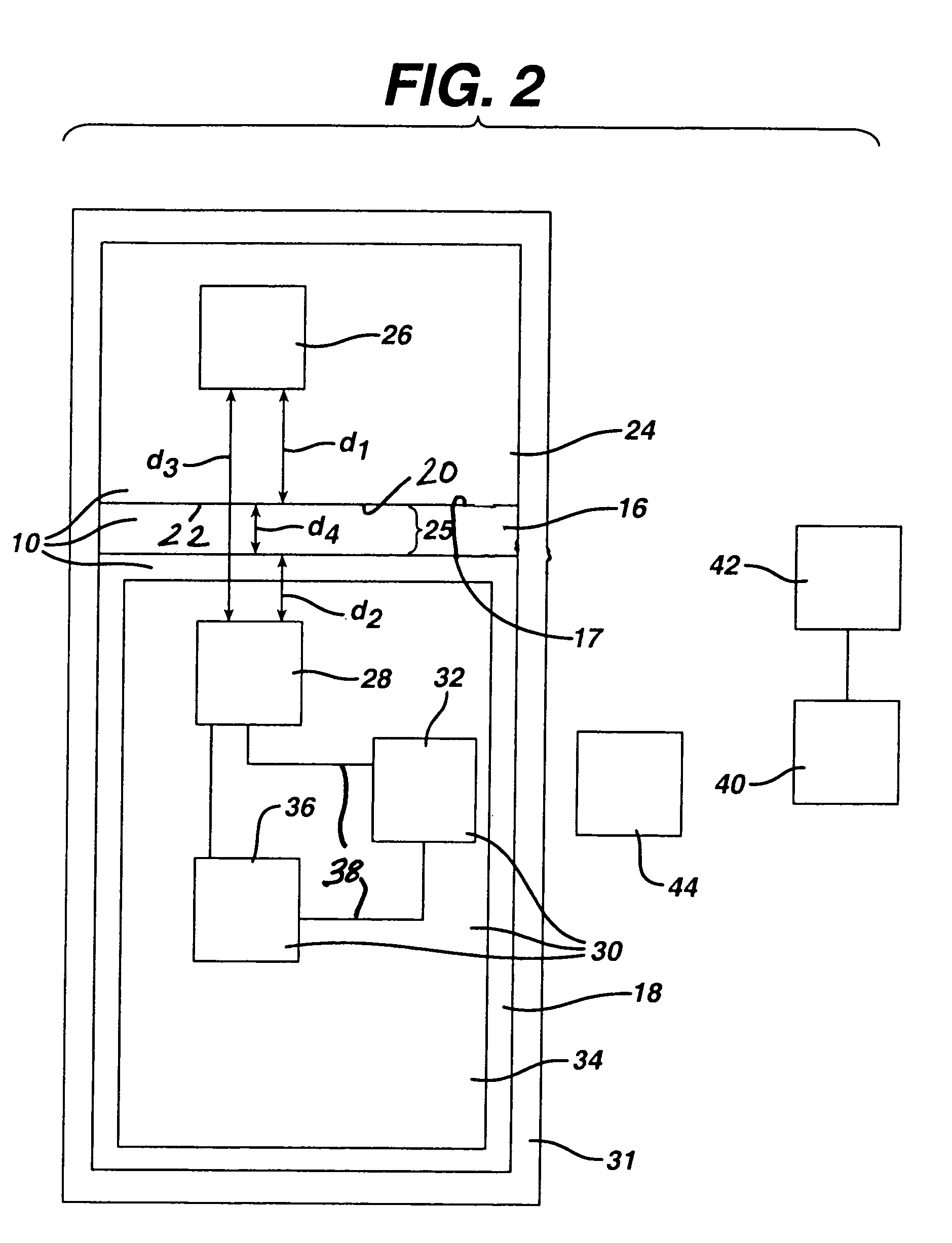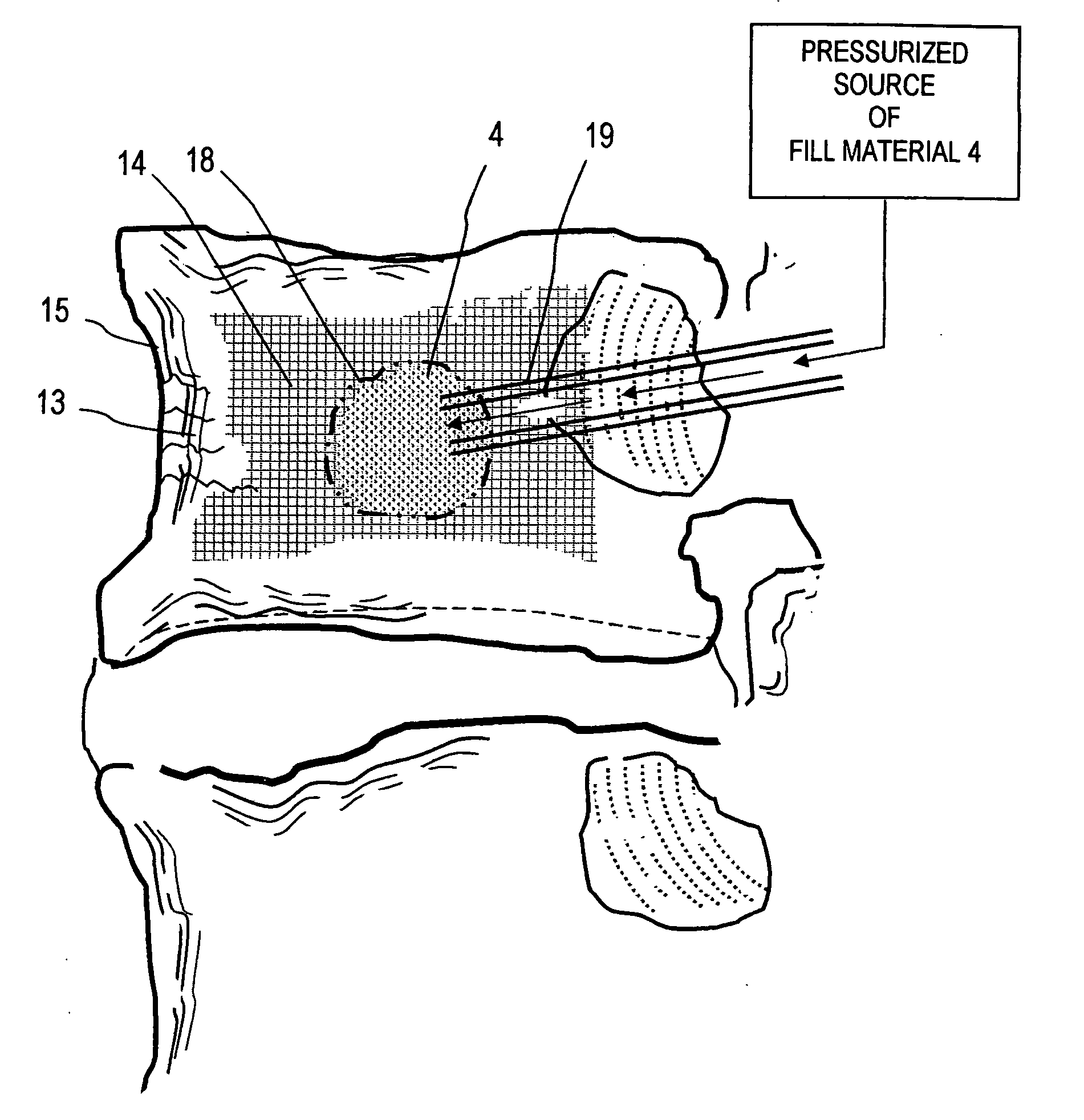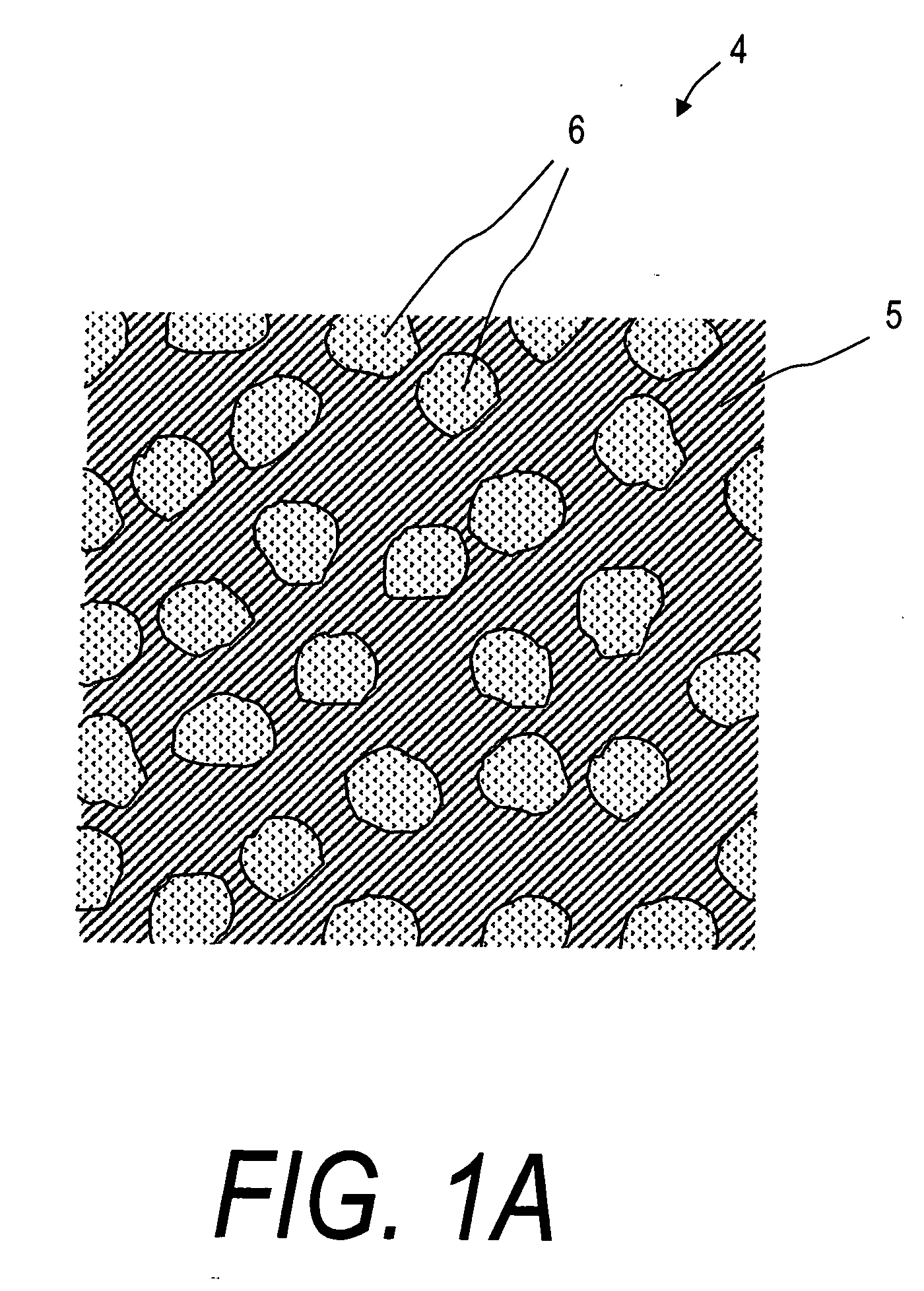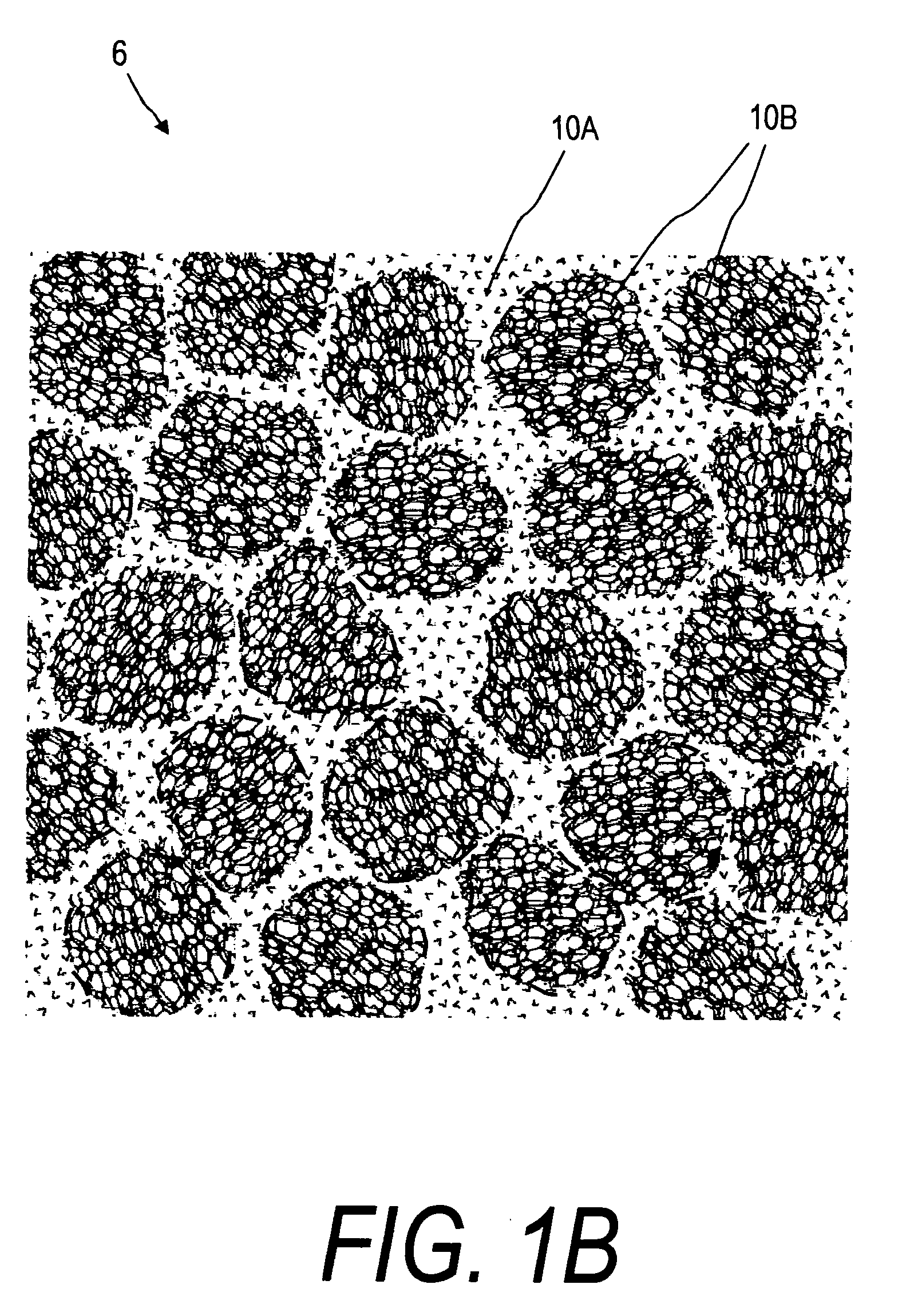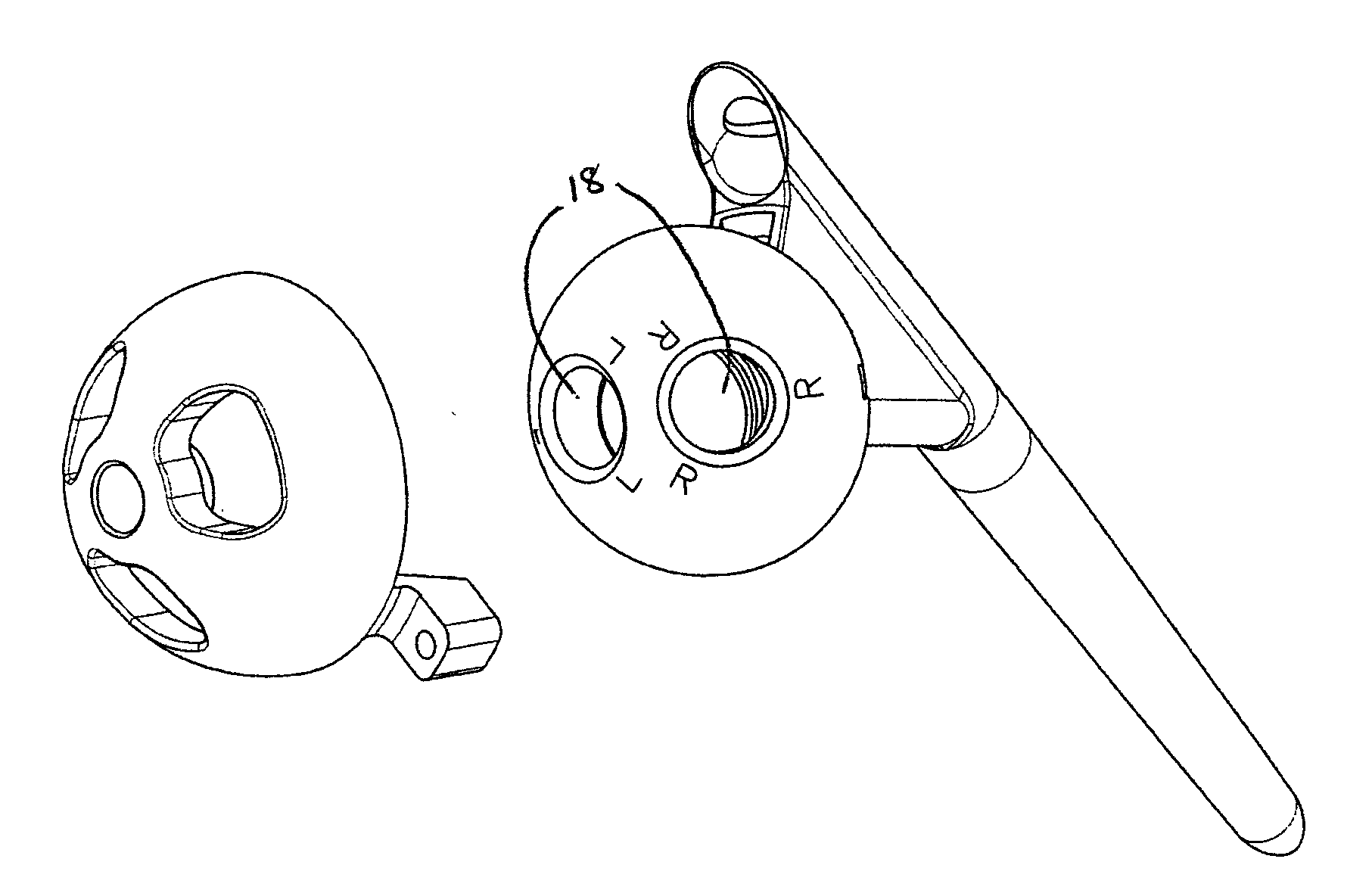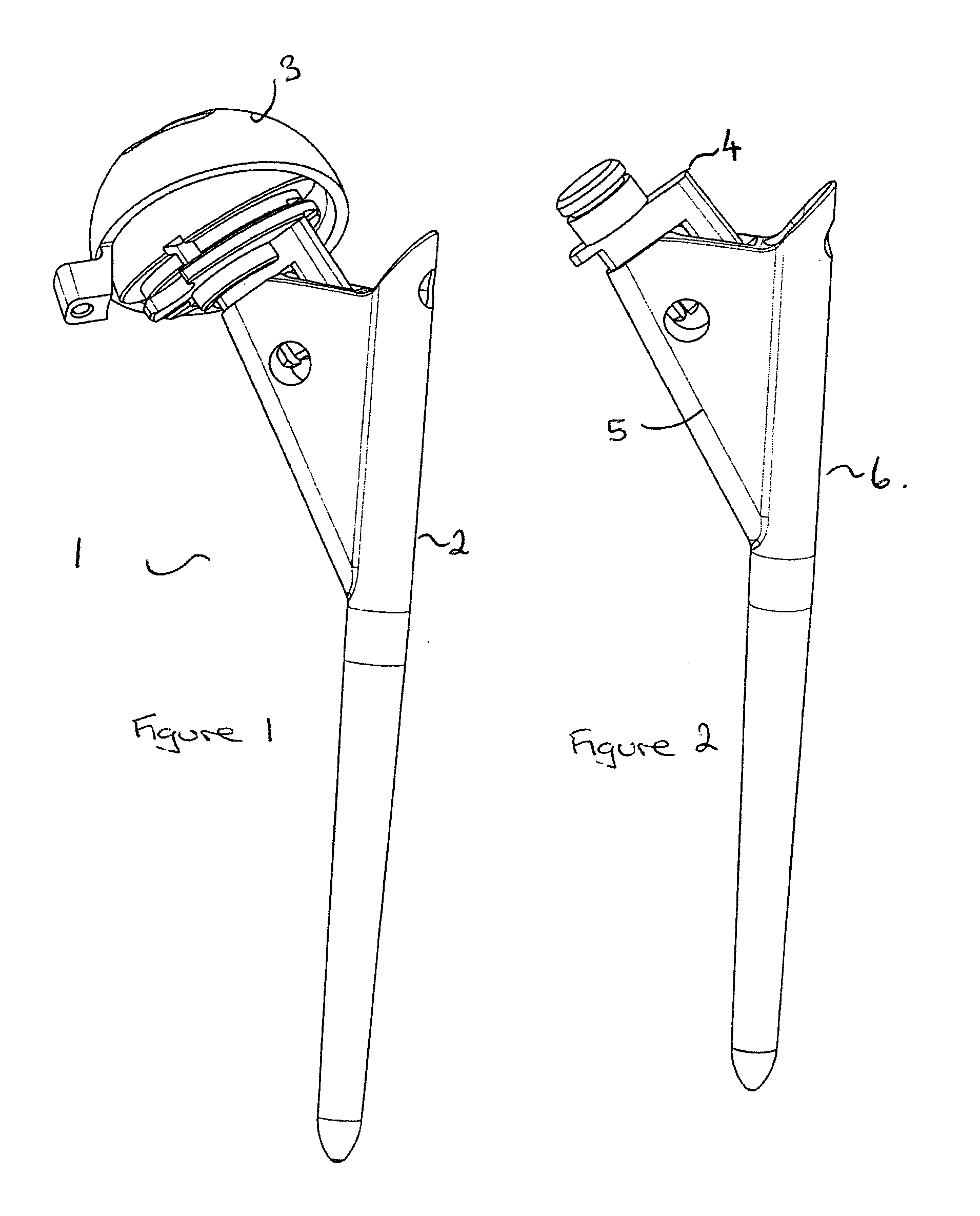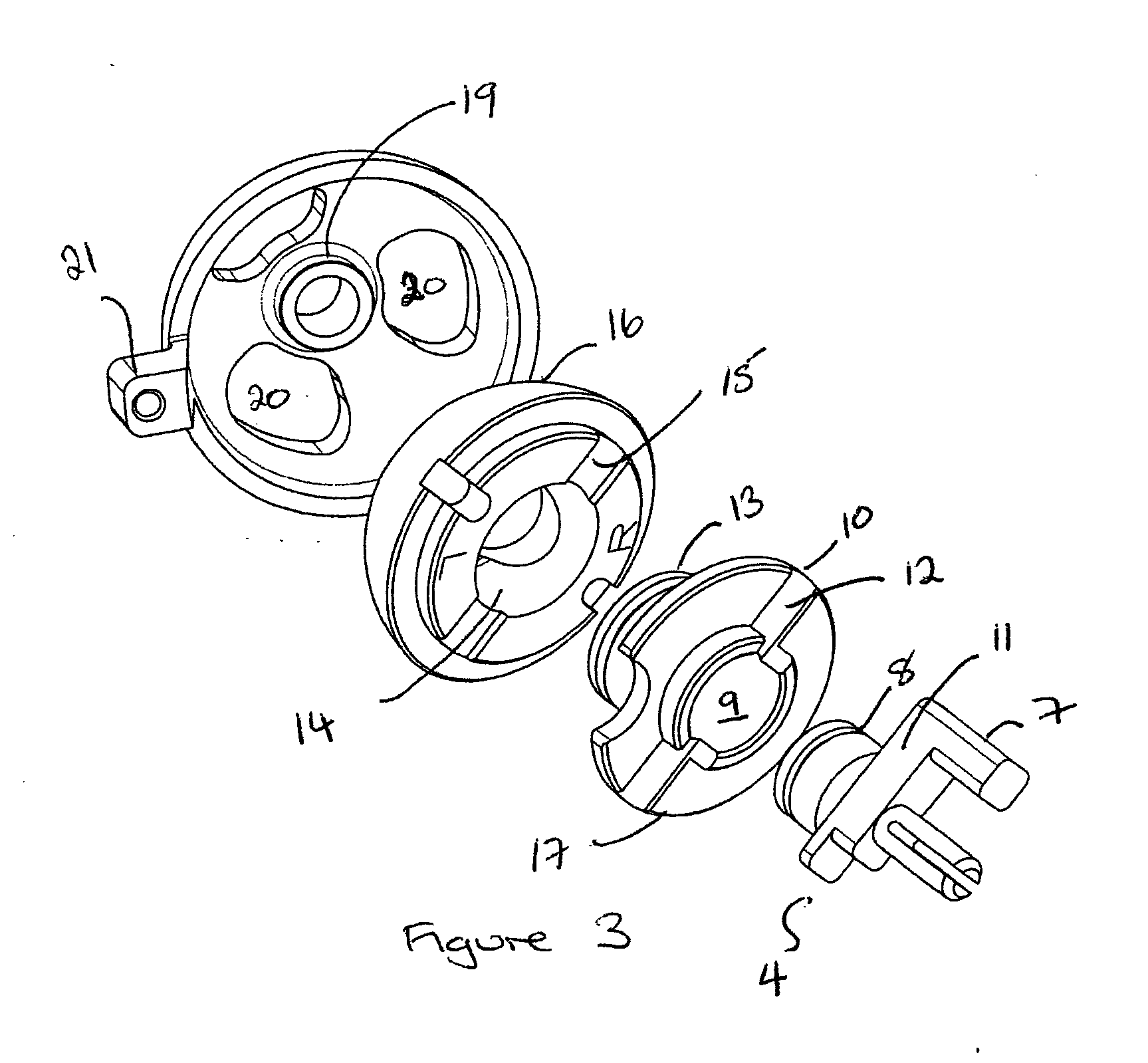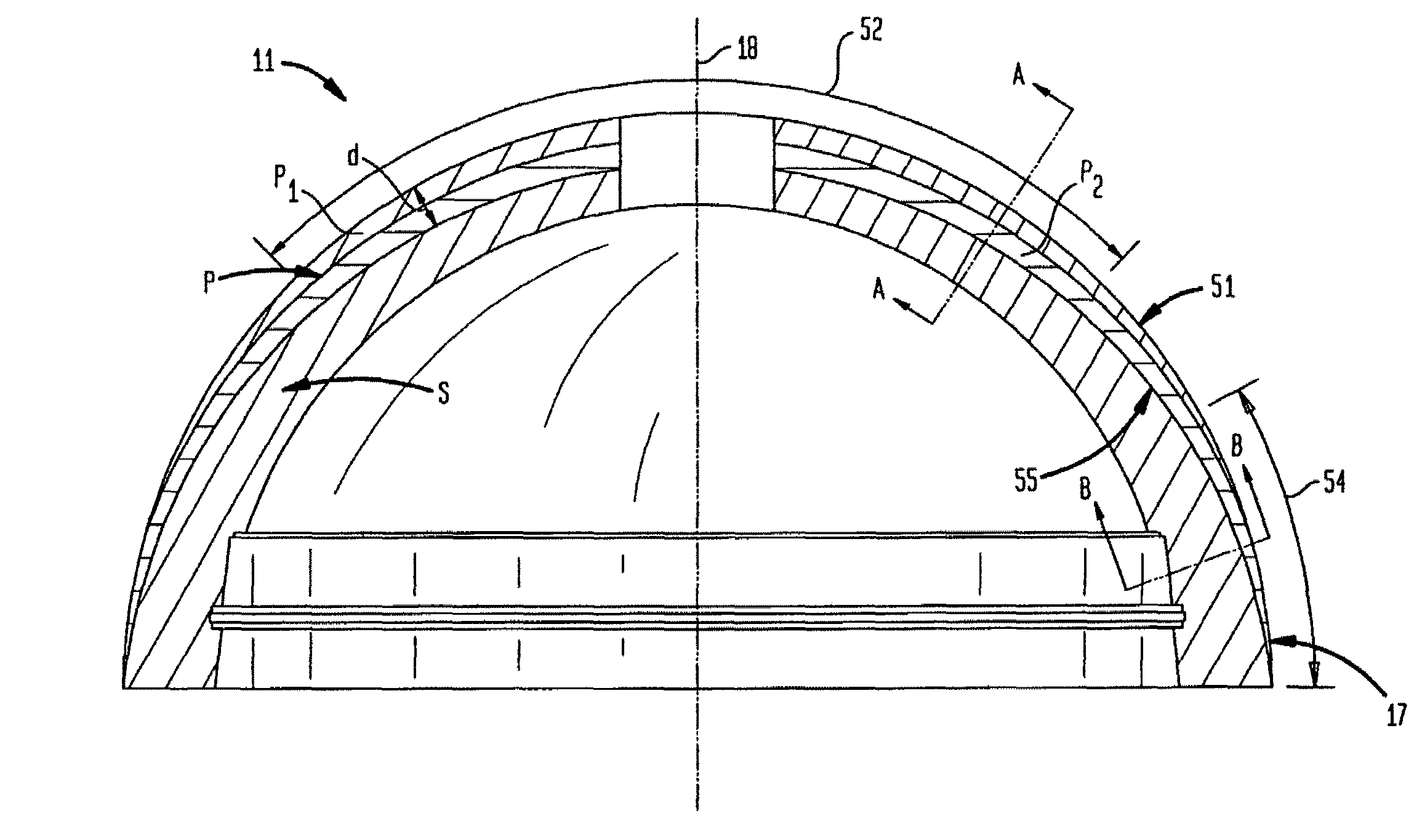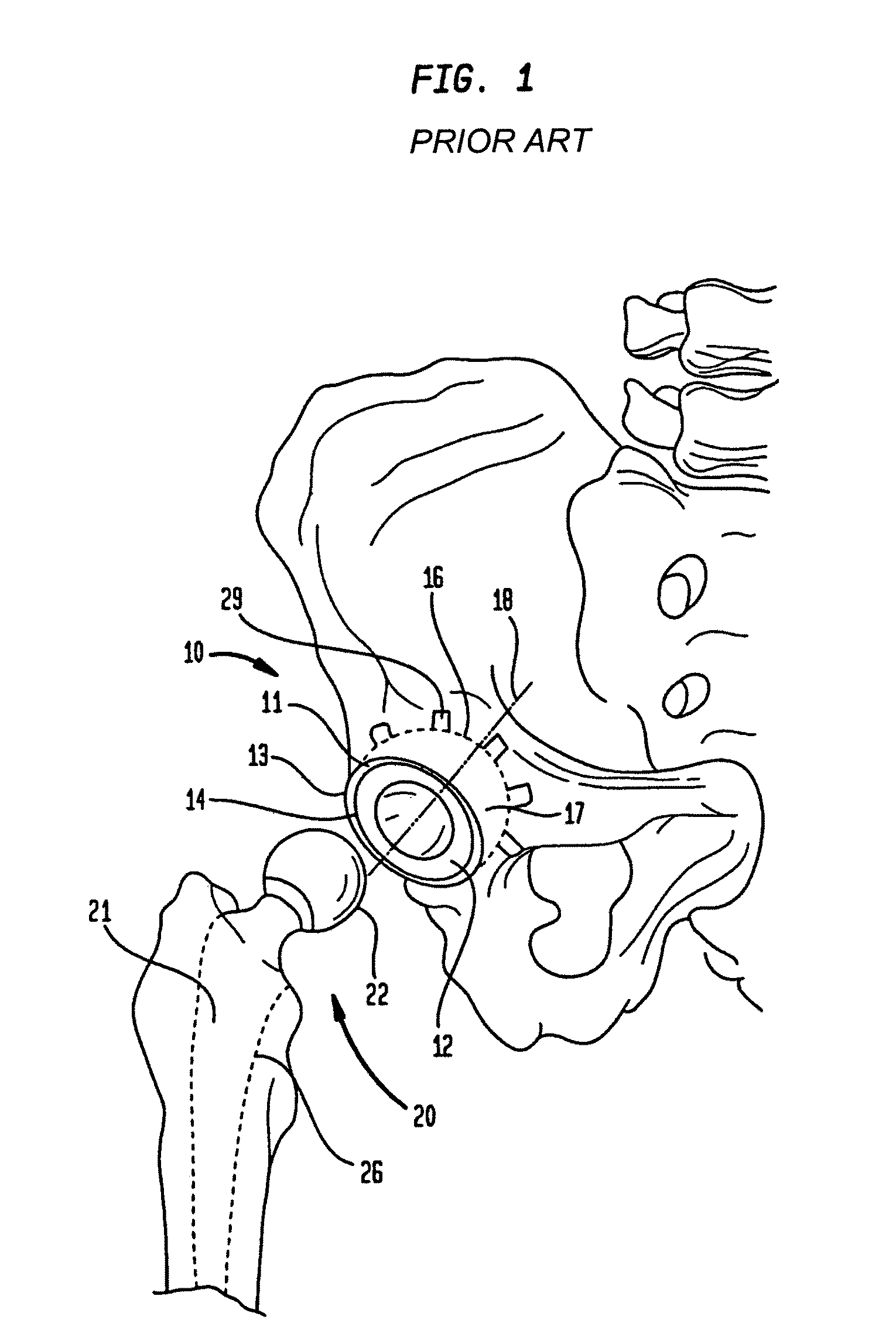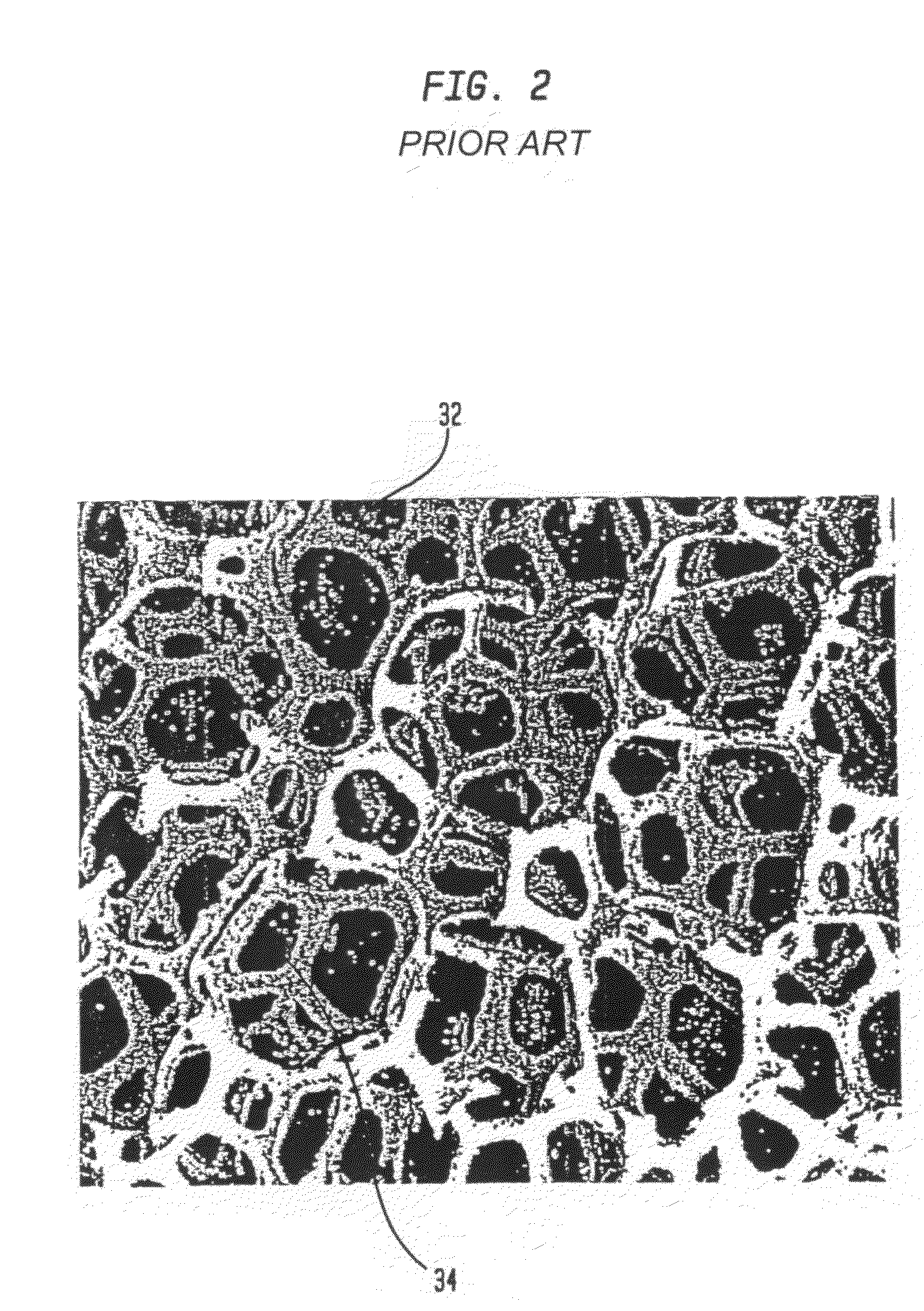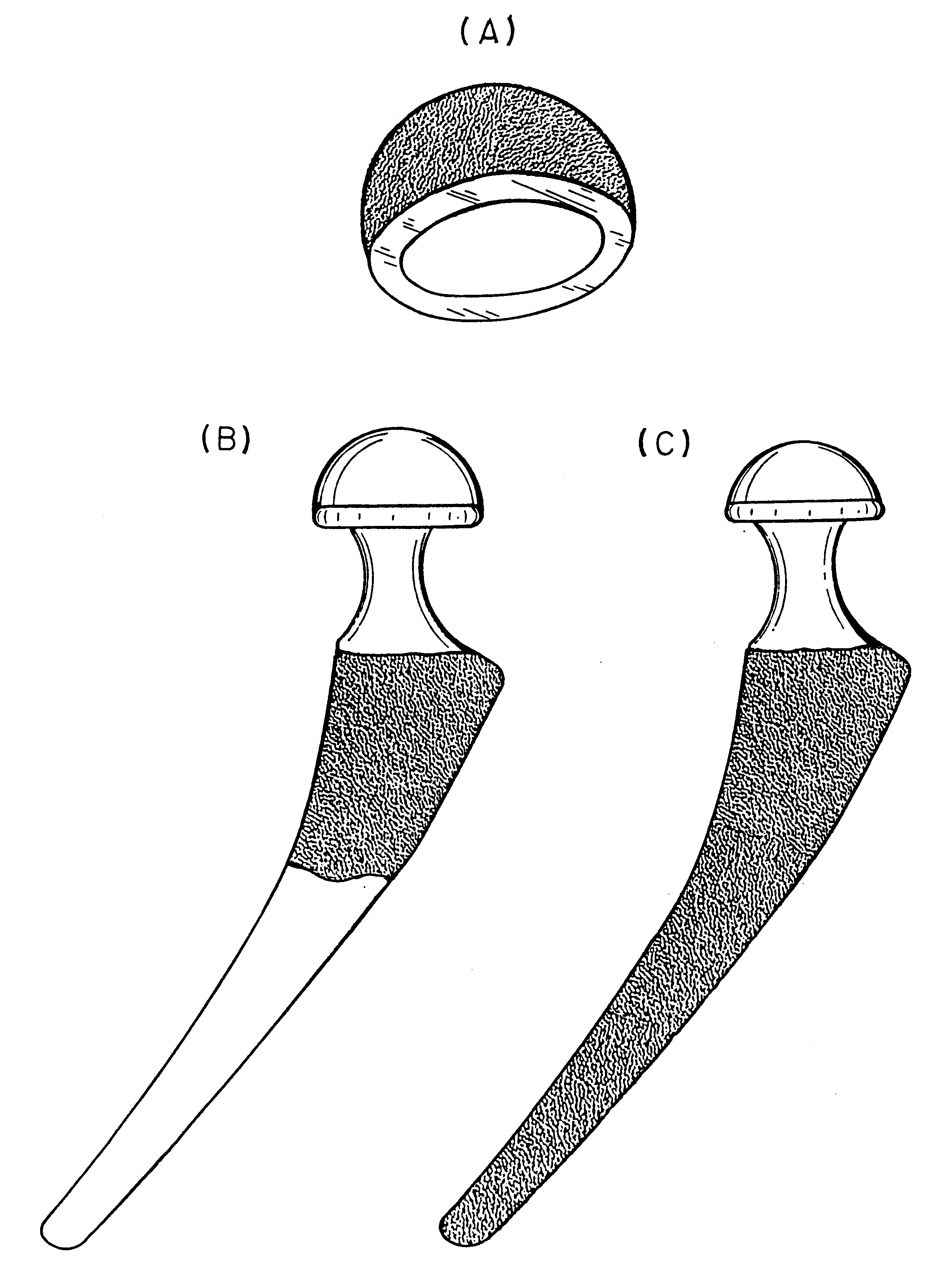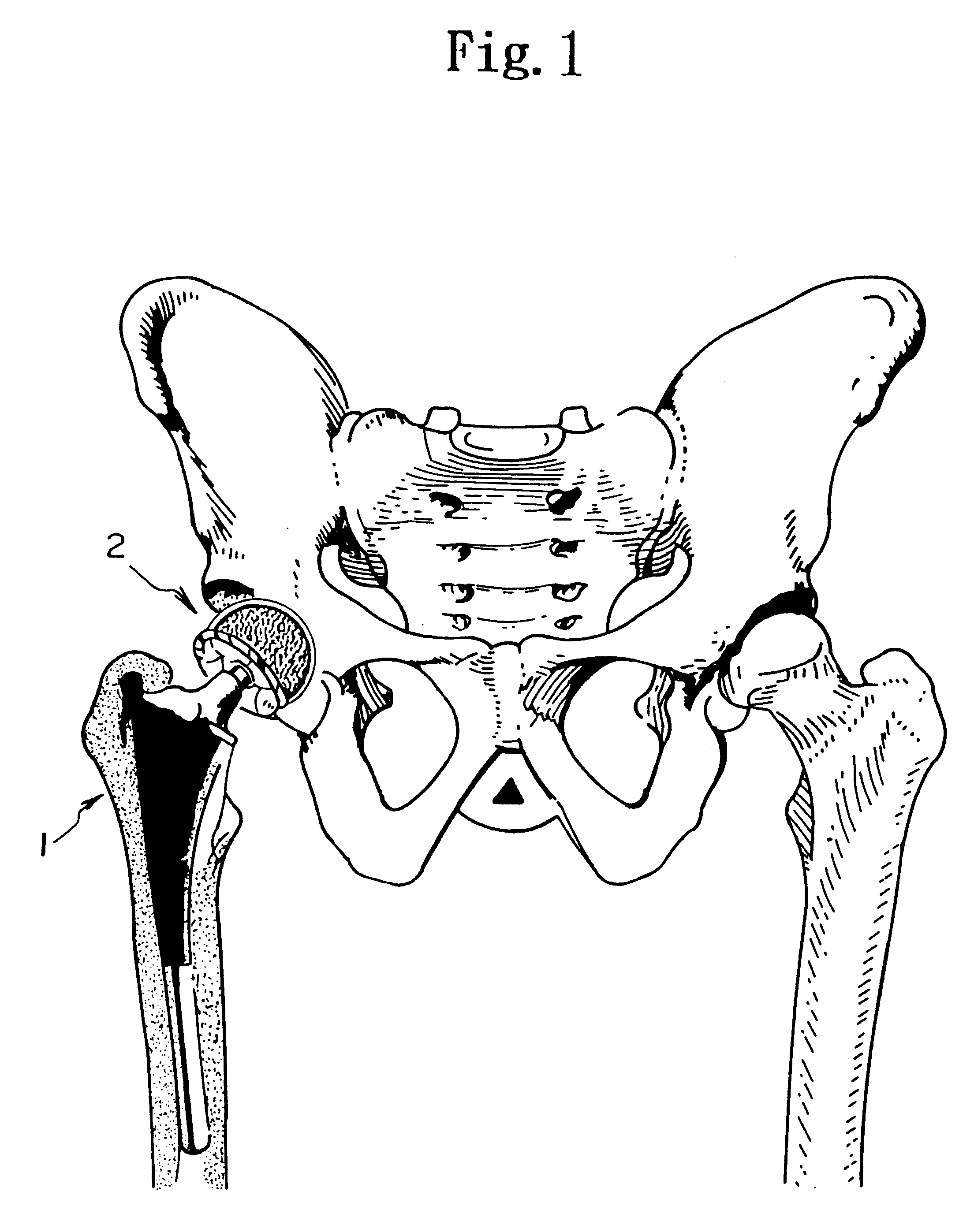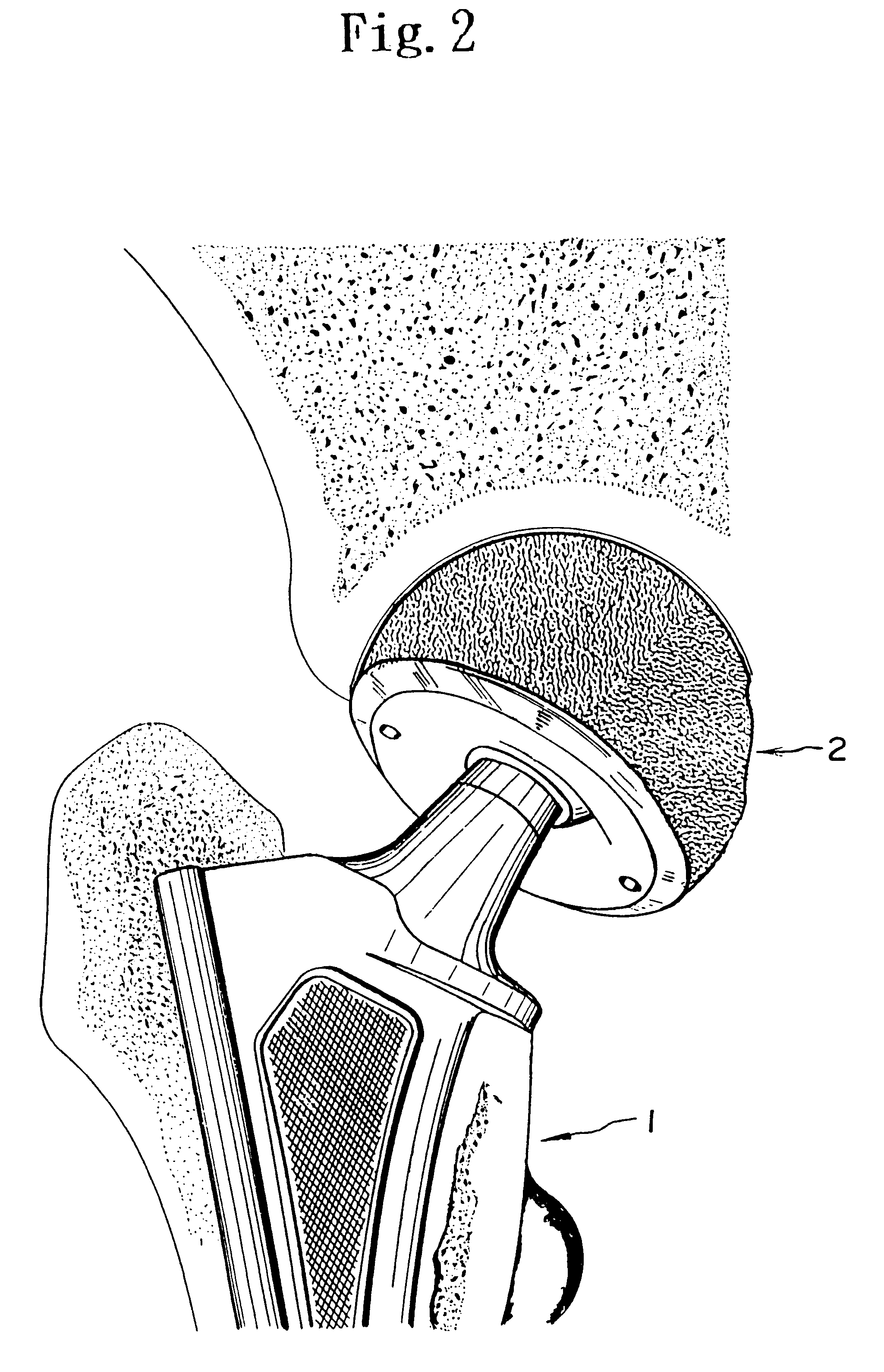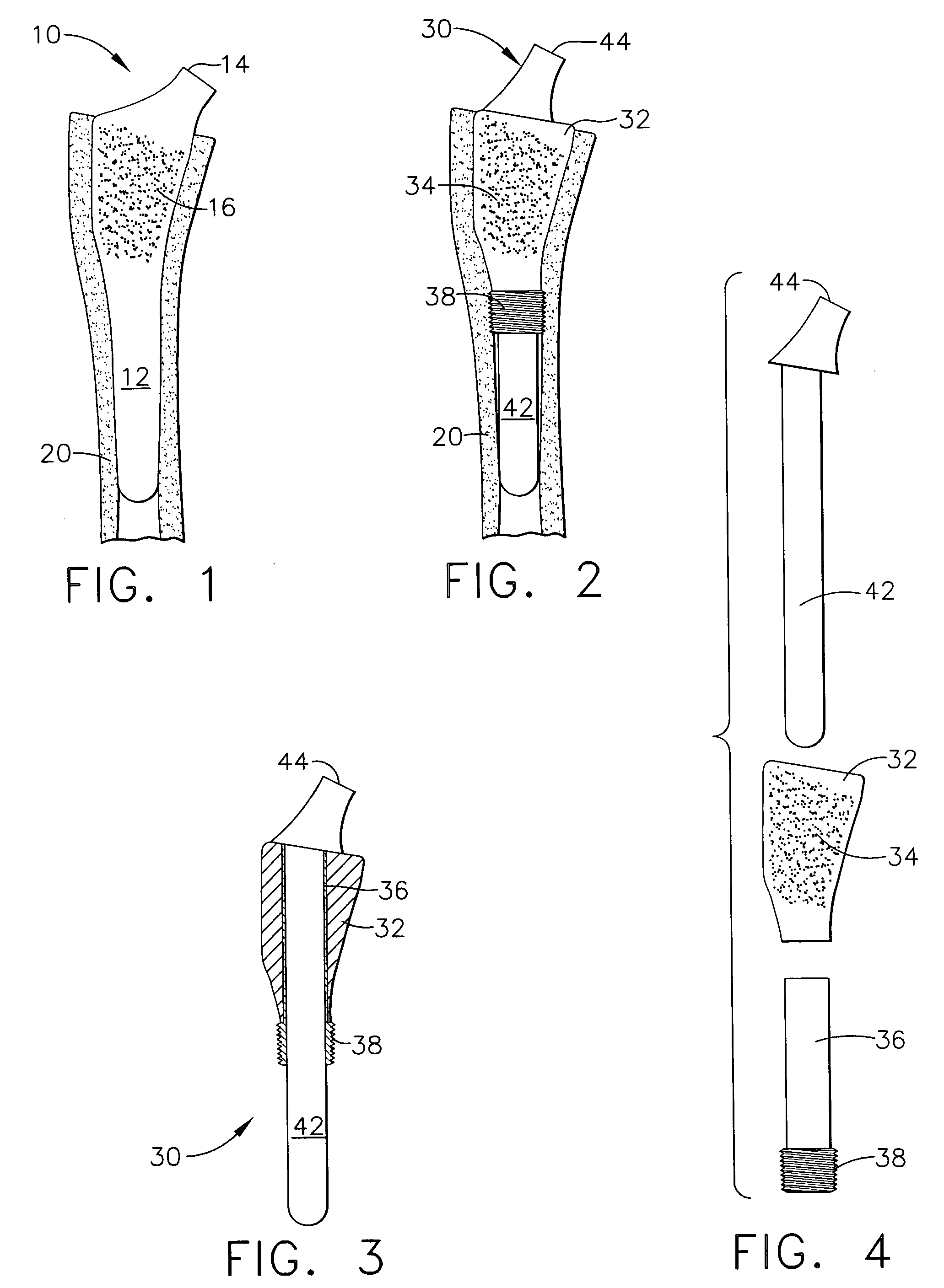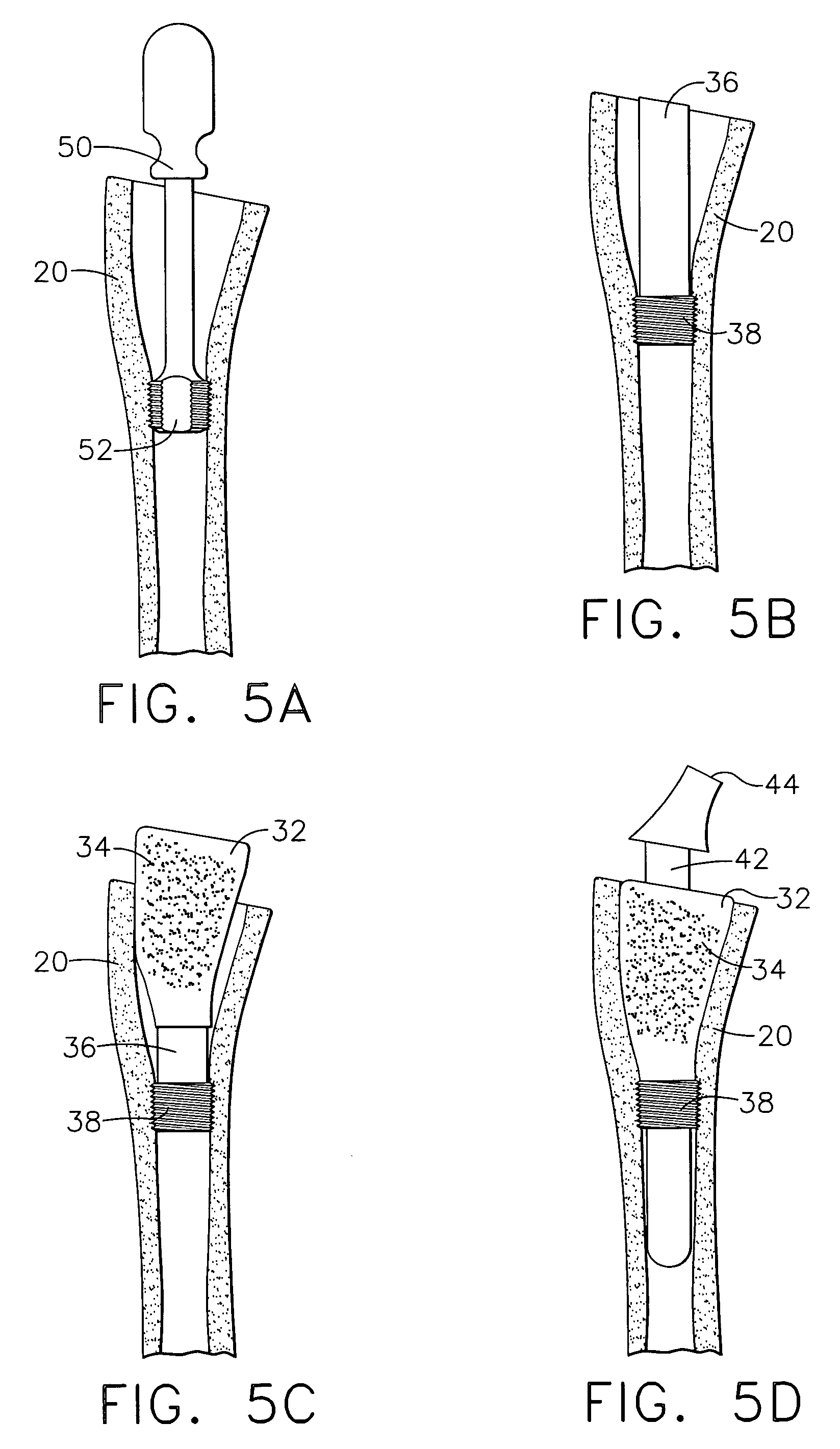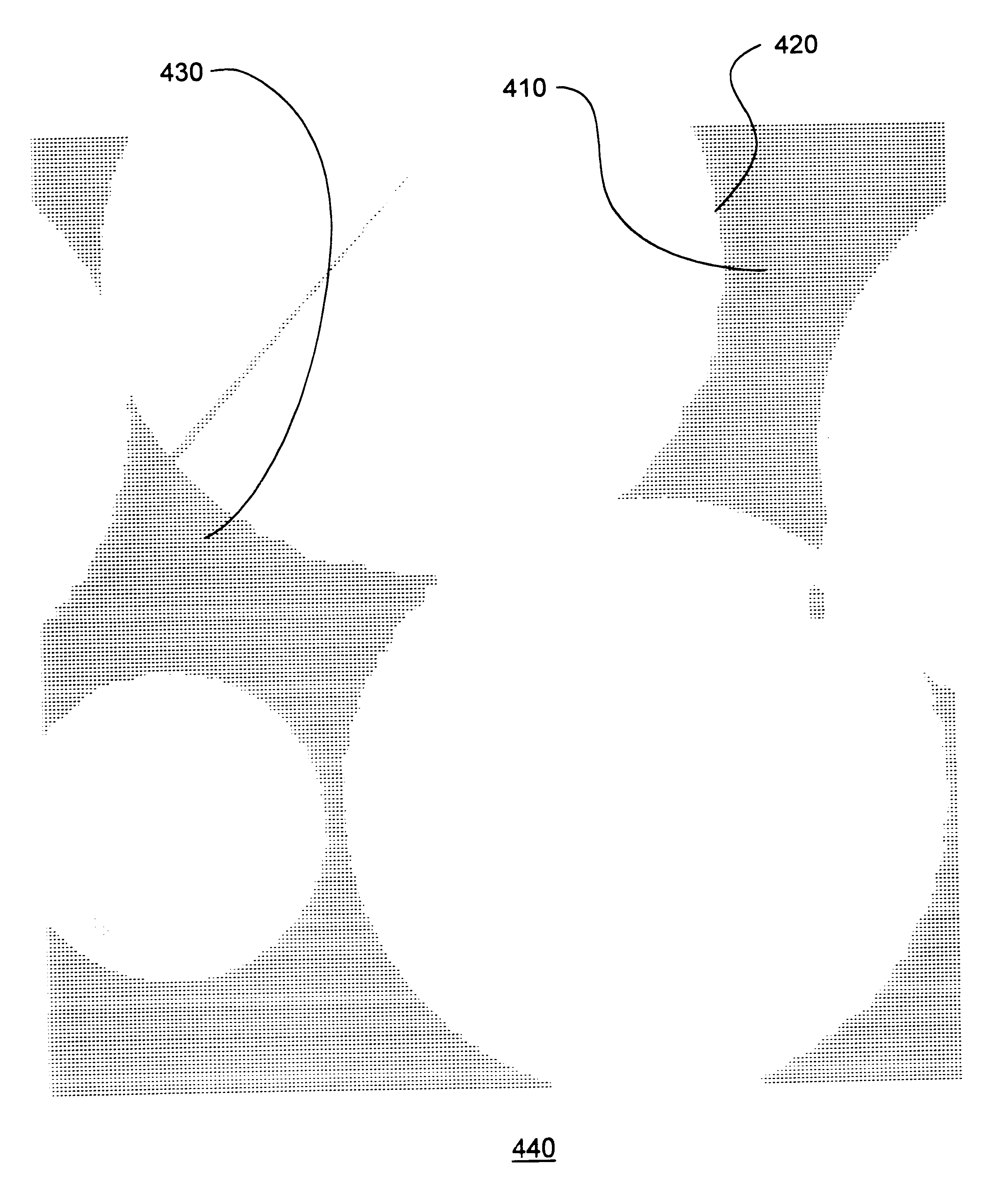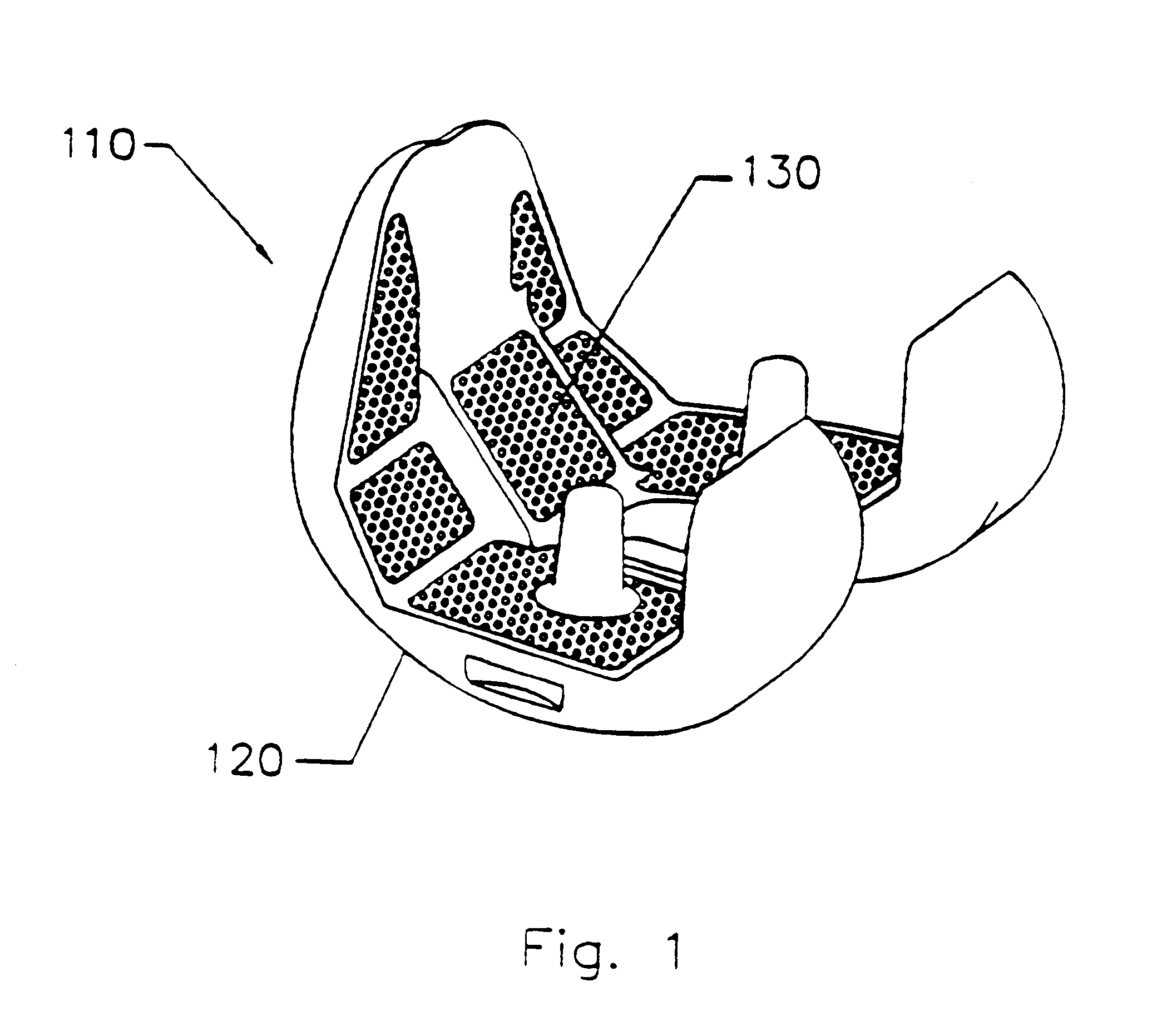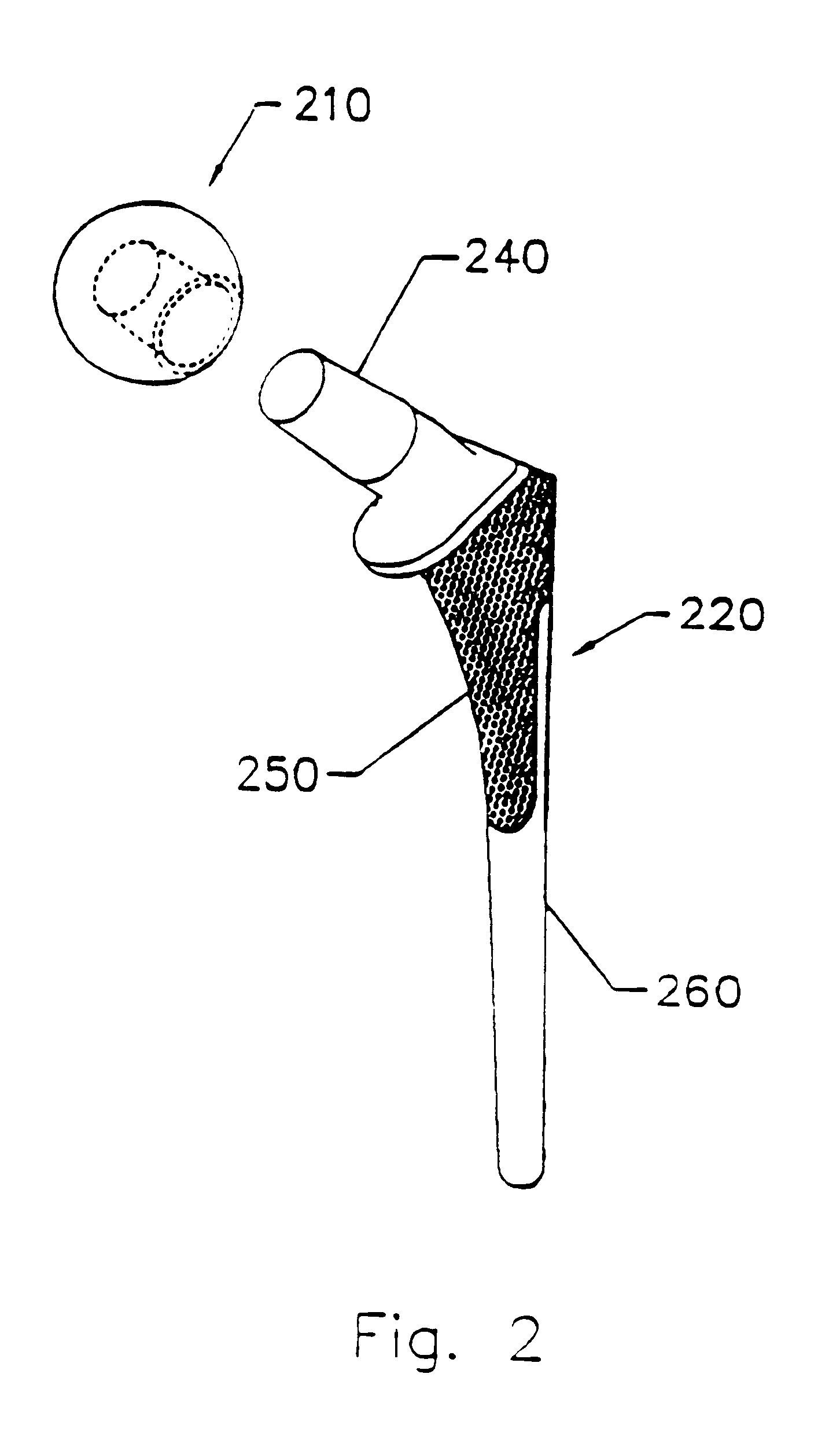Patents
Literature
Hiro is an intelligent assistant for R&D personnel, combined with Patent DNA, to facilitate innovative research.
883results about "Femoral shafts" patented technology
Efficacy Topic
Property
Owner
Technical Advancement
Application Domain
Technology Topic
Technology Field Word
Patent Country/Region
Patent Type
Patent Status
Application Year
Inventor
Remotely powered and remotely interrogated wireless digital sensor telemetry system
ActiveUS7256695B2More powerElectric signal transmission systemsElectrotherapyElectronic systemsPower flow
An electronic system includes a reader and a remotely powered and remotely interrogated sensor transponder. The sensor transponder includes a coil or an antenna, a switched reactance circuit, a processor, and a sensor. The sensor transponder receives power radiated from the reader to the coil or antenna. The sensor uses the power for sensing. The sensor transponder is capable of processing sensor data in the processor and transmitting the sensor data to the reader using the switched reactance circuit. In one embodiment, the receiver coil or antenna is part of a resonant tank circuit which includes an impedance matching circuit. The impedance matching circuit is connected to the receiver coil or antenna to provide greater current to the sensor or other power-using device than would be available to the sensor or other power-using device if the sensor or other power-using device were connected between the first and second end. The impedance matching circuit can be two or more taps to the coil or antenna.
Owner:LORD CORP
Porous Substrates for Implantation
InactiveUS20100137990A1Easy to integrateGood biocompatibilitySuture equipmentsDental implantsPorous substrateAnimal body
A porous substrate or implant for implantation into a human or animal body constructed from a structural material and having one or more regions which when implanted are subjected to a relatively lower mechanical loading. The region(s) are constructed with lesser mechanical strength by having a lesser amount of structural material in said region(s) relative to other regions. This is achieved by controlling pore volume fraction in the regions. A spacer is adapted to define an open-cell pore network by taking a model of the required porous structure, and creating the spacer to represent the required porous structure using three-dimensional modelling. Material to form the substrate about the spacer in infiltrated the scaffold structure formed.
Owner:NATIONAL UNIVERSITY OF IRELAND
Laser-produced porous structure
The present invention disclosed a method of producing a three-dimensional porous tissue in-growth structure. The method includes the steps of depositing a first layer of metal powder and scanning the first layer of metal powder with a laser beam to form a portion of a plurality of predetermined unit cells. Depositing at least one additional layer of metal powder onto a previous layer and repeating the step of scanning a laser beam for at least one of the additional layers in order to continuing forming the predetermined unit cells. The method further includes continuing the depositing and scanning steps to form a medical implant.
Owner:UNIV OF LIVERPOOL +1
System and method of designing and manufacturing customized instrumentation for accurate implantation of prosthesis by utilizing computed tomography data
ActiveUS20050148843A1Quickly and accurately attachesPrecise positioningPerson identificationJoint implantsMedicineControl data
A method and system may be used to design and control the manufacture of a surgical guide for implanting a prosthetic component. The system includes a bone surface image generator, a surgical guide image generator, and a surgical guide image converter. The bone surface image generator receives three dimensional bone anatomical data for a patient's bone and generates a bone surface image. The surgical guide image generator generates a surgical guide image from the bone surface image and an image of a prosthesis imposed on the bone surface image. The supporting structure of the generated surgical guide image conforms to the surface features of the three dimensional bone surface image. The surgical guide image is converted by surgical guide image converter into control data for operating a machine to form a surgical guide that corresponds to the surgical guide image.
Owner:DEPUY PROD INC
Surgical devices assembled using heat bondable materials
Surgical devices such as implants or suture fastenings are assembled from a plurality of discrete components, one of which components includes a heat bondable plastic material for bonding the components together. At least two components are bonded to each other by the applying heat to the heat bondable plastic material of one component. The heat bondable plastic material is preferably a polymeric or composite material suitable for surgical applications and implantation in humans, and may be a biodegradable material. A laser may be used as the heat source. The present invention is advantageously embodied in heat bonded fastenings for sutures or K-wires, in which a variety of different suture anchors are usable, including expandable distal suture anchors. Other embodiments include a metal bone plate which is held to bone by a metal bone screw and a nut of bondable material bonded to the plate to secure the connection; a piece of bondable material bonded to a metal prosthesis to custom fit the prosthesis; and a surgical implant custom formed by bonding together a plurality of discrete elements one or more of which is bondable.
Owner:P TECH +1
Shaped load-bearing osteoimplant and methods of making same
InactiveUS20030039676A1Promotes new host bone tissue formationPermit of mechanical propertySuture equipmentsDental implantsMedicineHard tissue
A load-bearing osteoimplant, methods of making the osteoimplant and method for repairing hard tissue such as bone and teeth employing the osteoimplant are provided. The osteoimplant comprises a shaped, coherent mass of bone particles which may exhibit osteogenic properties. In addition, the osteoimplant may possess one or more optional components which modify its mechanical and / or bioactive properties, e.g., binders, fillers, reinforcing components, etc.
Owner:WARSAW ORTHOPEDIC INC
Wireless system for providing instrument and implant data to a surgical navigation unit
A system for wirelessly providing data regarding surgical implements such as surgical tools, trial and inserts themselves to a surgical navigation unit. Each implement includes an RFID in which data regarding the implement are stored. The tool used to fit the implement has a first coil positioned to exchange signals with a complementary coil integral with the RFID. The tool also has a prism for receiving a navigation tracker. A second tool coil, in the prism, is connected to the first coil. The second tool coil is also connected to an RFID integral with the tool. The tracker, through the tool coils, reads the data in the implement RFID and the tool RFID. A transmitter in the tracker wirelessly forwards the data to the surgical navigation system. The data are used to facilitate reactive workflow guidance of the procedure and monitor the position of the implement.
Owner:STRYKER CORP
Surgical devices assembled using heat bondable materials
Surgical devices such as implants or suture fastenings are assembled from a plurality of discrete components, one of which components includes a heat bondable plastic material for bonding the components together. At least two components are bonded to each other by the applying heat to the heat bondable plastic material of one component. The heat bondable plastic material is preferably a polymeric or composite material suitable for surgical applications and implantation in humans, and may be a biodegradable material. A laser may be used as the heat source. The present invention is advantageously embodied in heat bonded fastenings for sutures or K-wires, in which a variety of different suture anchors are usable, including expandable distal suture anchors. Other embodiments include a metal bone plate which is held to bone by a metal bone screw and a nut of bondable material bonded to the plate to secure the connection; a piece of bondable material bonded to a metal prosthesis to custom fit the prosthesis; and a surgical implant custom formed by bonding together a plurality of discrete elements one or more of which is bondable.
Owner:P TECH +1
Radiation and melt treated ultra high molecular weight polyethylene prosthetic device and method
InactiveUS6641617B1Reduce productionReduce osteolysis and inflammatory reactionBone implantJoint implantsOxidation resistantPeriprosthetic
A medical prosthesis for use within the body which is formed of radiation treated ultra high molecular weight polyethylene having substantially no detectable free radicals, is described. Preferred prostheses exhibit reduced production of particles from the prosthesis during wear of the prosthesis, and are substantially oxidation resistant. Methods of manufacture of such devices and material used therein are also provided.
Owner:CENTPULSE ORTHOPEDICS +1
Shape-memory, biodegradable and absorbable material
InactiveUS6281262B1Easily and surely performSuture equipmentsCosmetic preparationsVitrificationPolymer science
Shape-memory biodegradable and absorbable materials which make it possible to easily treat vital tissues by suture, anastomosis, ligation, fixation, reconstitution, prosthesis, etc. without causing burn. These materials never induce halation in MRI or CT and never remain in vivo. Such a shape-memory biodegradable and absorbable material is a material made of a molded article of lactic acid-based polymer and can be recovered to the original shape without applying any external force thereto but heating to a definite temperature or above. It is obtained by deforming a molded article (a primary molded article) made of a lactic acid-based polymer and having a definite shape into another molded article (a secondary molded article) having another shape at a temperature higher than the glass transition temperature thereof but lower than the crystallization temperature thereof (or 100.degree. C. when the molded article has no crystallization temperature) and then fixing said molded article to the thus deformed shape by cooling it as such to a temperature lower than the glass transition temperature. When this material is heated to the above-mentioned deformation temperature or above, it is immediately recovered to the original shape. The lactic acid-based polymer is hydrolyzed and absorbed in vivo.
Owner:TAKIRON CO LTD
Prosthetic hip joint having sintered polycrystalline diamond compact articulation surfaces
InactiveUS6290726B1Improve wear resistanceReduce coefficient of frictionFinger jointsWrist jointsArticular surfacesProsthesis
Prosthetic joints, components for prosthetic joints, superhard bearing and articulation surfaces, diamond bearing and articulation surfaces, substrate surface topographical features, materials for making joints, bearing and articulation surfaces, and methods for manufacturing and finishing the same, and related information are disclosed, including a prosthetic hip joint having sintered polycrystalline diamond articulation.
Owner:DIAMICRON
Surgical devices having a biodegradable material with a therapeutic agent
Surgical devices such as implants or suture fastenings are assembled from a plurality of discrete components, one of which components includes a heat bondable plastic material for bonding the components together. At least two components are bonded to each other by the applying heat to the heat bondable plastic material of one component. The heat bondable plastic material is preferably a polymeric or composite material suitable for surgical applications and implantation in humans, and may be a biodegradable material. A laser may be used as the heat source. The present invention is advantageously embodied in heat bonded fastenings for sutures or K-wires, in which a variety of different suture anchors are usable, including expandable distal suture anchors. Other embodiments include a metal bone plate which is held to bone by a metal bone screw and a nut of bondable material bonded to the plate to secure the connection; a piece of bondable material bonded to a metal prosthesis to custom fit the prosthesis; and a surgical implant custom formed by bonding together a plurality of discrete elements one or more of which is bondable.
Owner:P TECH +1
Orthopaedic surgery planning
Owner:MERIDIAN TECH LTD
Diamond-surfaced cup for use in a prosthetic joint
InactiveUS6488715B1Improve wear resistanceReduce coefficient of frictionFinger jointsWrist jointsArticular surfacesSacroiliac joint
Prosthetic joints, components for prosthetic joints, superhard bearing and articulation surfaces, diamond bearing and articulation surfaces, substrate surface topographical features, materials for making joints, bearing and articulation surfaces, and methods for manufacturing and finishing the same, and related information are disclosed, including a diamond-surfaced cup for use in a prosthetic joint.
Owner:DIAMICRON
Medical device applications of nanostructured surfaces
InactiveUS20050221072A1Fine surfacePrevent/reduce bio-foulingNanomedicinePharmaceutical delivery mechanismMedicineOsteoblast
This invention provides novel nanofiber enhanced surface area substrates and structures comprising such substrates for use in various medical devices, as well as methods and uses for such substrates and medical devices. In one particular embodiment, methods for enhancing cellular functions on a surface of a medical device implant are disclosed which generally comprise providing a medical device implant comprising a plurality of nanofibers (e.g., nanowires) thereon and exposing the medical device implant to cells such as osteoblasts.
Owner:NANOSYS INC
Tissue press and system
InactiveUS6132472AReduce retentionReduce capacitySuture equipmentsInternal osteosythesisTissue GraftEngineering
A tissue press and method for shaping or compressing a piece of tissue comprises first and second members movable relative to each other. A first forming element of a predetermined shape is selectively engageable on the first member. A second forming element of predetermined shape is selectively engageable on the second member. The first and second forming elements are positionable on opposite sides of the piece of tissue. The first and second members are relatively movable between a first spaced apart condition and a second condition in which the piece of tissue is held between the first and second forming elements. Means are preferably provided for monitoring and controlling the amount of pressure applied to the piece of tissue, in order to maintain the tissue in a viable living condition. Means may also be provided for draining off fluid from compressed tissue, so that the tissue can be implanted in a compressed state and imbibe fluid from the host site. A retainer, which may be expandable, can be used to maintain the tissue graft in a compressed condition.
Owner:BONUTTI 2003 TRUST A THE +1
Medical and dental implant devices for controlled drug delivery
Implantable devices and methods for use in the treatment of osteonecrosisare provided. The device includes at least one implant device body adapted for insertion into one or more channels or voids in bone tissue; a plurality of discrete reservoirs, which may preferably be microreservoirs, located in the surface of the at least one implant device body; and at least one release system disposed in one or more of the plurality of reservoirs, wherein the release system includes at least one drug selected from the group consisting of bone growth promoters, angiogenesis promoters, analgesics, anesthetics, antibiotics, and combinations thereof. The device body may be formed of a bone graft material, a polymer, a metal, a ceramic, or a combination thereof. The device body may be a monolithic structure, such as one having a cylindrical shape, or it may be in the form of multiple units, such as a plurality of beads.
Owner:MICROCHIPS INC
Prosthetic acetabular cup and prosthetic femoral joint incorporating such a cup
ActiveUS20050060040A1Natural angular movementReduce the possibility of misalignmentInternal osteosythesisJoint implantsSpherical bearingProsthesis
An acetabular prosthesis having an outer member for engaging the acetabulum. The outer member has a part-spherical bearing surface terminating in a distal rim. The rim has a contour such that the portion thereof to be located between the ischium and the pubis extends distally further from an equator of the bearing surface than the contour to be implanted between the pubis and the illium and between the ischium and the illium.
Owner:STRYKER EURO OPERATIONS HLDG LLC
Surgical device for implanting a total hip prosthesis
The surgical device according to the invention comprises both means for per-operative measurement and for memorization of a plurality of positions of a given femoral prosthetic direction and means for per-operative comparison of these positions with the cone of mobility of the prosthesis to be implanted, the position of the axis of revolution of this cone being, during the implantation of the prosthesis, adjustable with respect to the zone of the pelvis where the implantation of an acetabulum of the prosthesis is provided. By using this device, the surgeon can easily and rapidly determine, in the course of the surgical operation, a preferential direction for implanting the prosthetic acetabulum in order to reduce the subsequent risks of dislocations of the implanted prosthesis.
Owner:CORIN
Method and apparatus for implant identification
A method and apparatus for automatically identifying surgical implants by use of a radio-frequency tag (RFID) is disclosed. The method, apparatus, and system enable a radio-frequency tagged implant to receive an interrogation signal from a reader and to respond to the interrogation signal with identifying information about the tagged implants. The interrogation signal interrogates the implant to ascertain its information, and the RFID tag affixed on the implant in turn transmits a signal back to the reader. The method, apparatus, and system can track, inspect, and verify surgical implants, to assess, for example, any wear and tear on implants, and / or positional displacement of components of the implant.
Owner:WARSAW ORTHOPEDIC INC
Orthopedic and dental implant devices providing controlled drug delivery
Implantable prosthetic devices are provided for controlled drug delivery, for orthopedic and dental applications. The device may include a prosthetic device body having at least one outer surface area; two or more discrete reservoirs located in spaced apart positions across at least a portion of the outer surface area, the reservoirs formed with an opening at the surface of the device body and extending into the device body; and a release system disposed in the reservoirs which comprises at least one therapeutic or prophylactic agent, wherein following implantation into a patient the therapeutic or prophylactic agent is released in a controlled manner from the reservoirs. The prosthetic device body preferably is a joint prosthesis or part thereof, such as a hip prosthesis, a knee prosthesis, a vertebral or spinal disc prosthesis, or part thereof. Optional reservoir caps may further control release kinetics.
Owner:MICROCHIPS INC
Orthopaedic element with self-contained data storage
An orthopaedic element has an information storage portion. A transmitter portion and an internal power source portion may be associated with the body of the orthopaedic element. Information, such as data related to the orthopaedic element, patient or caregiver can be stored in the information storage portion. The transmitter portion is coupled to the information storage portion and the internal power source portion. The stored information is selectively transmitted to an external receiver and data interpretation device.
Owner:DEPUY PROD INC
In vivo joint space measurement device and method
A joint endoprosthesis system has first and second prosthetic components. The second prosthetic component has a bearing surface. The interface of the bearing surface and the first prosthetic component defines the joint articulation. A signal source and sensor are affixed on opposite sides of the joint articulation. The signal source generates a first signal that is received by the sensor. The sensor generates a second signal that has a characteristic that varies depending on the distance between the sensor and the signal source. A transmitter transmits a signal. The signal has a characteristic that varies depending on the characteristic of the second signal. This system can be used to measure a dimension of the joint space and to determine whether a dimension of the joint space has changed over time. The system may alternatively use magnets and magnetic sensors.
Owner:DEPUY PROD INC
Composites and methods for treating bone
A system and method for treating bone abnormalities including vertebral compression fractures and the like. In one vertebroplasty method, a fill material is injected under high pressures into cancellous bone wherein the fill material includes a flowable bone cement component and an elastomeric polymer component that is carried therein. The elastomer component can further carry microscale or mesoscale reticulated elements. Under suitable injection pressures, the elastomeric component ultimately migrates within the flowable material to alter the apparent viscosity across the plume of fill material to accomplish multiple functions. For example, the differential in apparent viscosity across the fill material creates a broad load-distributing layer within cancellous bone for applying retraction forces to cortical bone endplates. The differential in apparent viscosity also transitions into a flow impermeable layer at the interface of cancellous bone and the flowable material to prevent extravasion of the flowable bone cement component.
Owner:DFINE INC
Tool
An alignment trial system for a hip prosthesis comprising: (a) a trial femoral prosthesis comprising a head component, a neck component and a stem component; and (b) a trial acetabular cup prosthesis wherein the head component of the trial femoral prosthesis and the trial acetabular cup prosthesis include interlocking engagement formations and wherein the trial acetabular cup prosthesis includes means to facilitate the formation of a bore in the pelvis. The invention also relates to a method of inserting an acetabular cup prosthesis comprising the steps of: (I) preparing the femur and pelvis for insertion of a femoral prosthesis and an acetabular cup prosthesis; (ii) inserting the alignment trial apparatus of the above first aspect such that the trial femoral prosthesis is located in the prepared femur; (iii) locating the patient's hip such that the trial cup prosthesis is seated in the prepared portion of the pelvis; (v) drilling a bore in the pelvis; (vi) removing the alignment trial apparatus; (vii)inserting the acetabular cup prosthesis into the pelvis using the mark as a guide.
Owner:FINSBURY DEV
Gradient porous implant
ActiveUS7578851B2Optimizes various mechanical and biological requirements of the implants performanceIncreasing the thicknessAdditive manufacturing apparatusBone implantPorous implantMedical device
An implantable medical device includes a porous metal foam or foam-like structure having pores defined by metal struts or webs wherein the porous structure has directionally controlled pore characteristics. The pore characteristics controlled include one or more of the metal structure porosity, pore size, pore shape, pore size distribution and strut thickness. The pore characteristics may vary in one or more directions throughout the structure. Preferably the pore characteristics are controlled to match the porous metal structure to various mechanical and biological requirements of different regions of the structure in order to optimize aspects of the implants performance and may vary not only over the surface of the porous structure but through the depth of the porous structure. The thickness of the porous metal structure may also be modified to establish a thickness profile that optimizes mechanical and biological requirements of the implants performance. Acetabular cup embodiments of the invention are described. Various methods of manufacturing implants having directionally controlled pore characteristics are described.
Owner:HOWMEDICA OSTEONICS CORP
Orthopedic implant system
InactiveUS6312473B1Easy to fixAvoid excessive temperatureSurgical adhesivesBone implantFemoral stemPolymethyl methacrylate
It is an object of the present invention to provide an improved orthopedic implant system with satisfied biological, mechanical and morphological compatibilities.Solid metal femoral stem and solid metal acetabular head are covered with diffusion-bonded foamed-shaped sheet made of commercially pure titanium or titanium alloy(s). The open-cells in said foamed metal sheet are impregnated with biocompatible polymethyl methacrylate resin cement, which is reinforced with selected oxides including alumina, magnesia, zirconia, or a combination of these oxides along with an application of a small amount of a metal primer agent.
Owner:OSHIDA YOSHIKI
Artificial disc replacements with deployable fixation components
InactiveUS20040030389A1Reduce shear stressInternal osteosythesisDiagnosticsIntervertebral discBone growth
Arthroplasty devices having improved bone in growth to provide a more secure connection within the body. Different embodiments disclosed include devices having threaded intramedullary components, devices configured to receive bone growth promoting substances, devices with resorbable components, and devices configured to reduce shear stress.
Owner:FERREE BRET A
Implant with composite coating
InactiveUS6261322B1High strengthCost effectiveImpression capsBone implantBiocompatible coatingBiocompatibility Testing
Systems and methods are described for implants with composite coatings to promote tissue in-growth and / or on-growth. An implant includes: a substrate; a structured surface formed on at least a portion of the substrate; and a biocompatible coating deposited on at least a fraction of the structured surface. The systems and methods provide advantages in that the implant has good biocompatibility while the biocompatible coating has good strength.
Owner:SHALBY ADVANCED TECH INC
Features
- R&D
- Intellectual Property
- Life Sciences
- Materials
- Tech Scout
Why Patsnap Eureka
- Unparalleled Data Quality
- Higher Quality Content
- 60% Fewer Hallucinations
Social media
Patsnap Eureka Blog
Learn More Browse by: Latest US Patents, China's latest patents, Technical Efficacy Thesaurus, Application Domain, Technology Topic, Popular Technical Reports.
© 2025 PatSnap. All rights reserved.Legal|Privacy policy|Modern Slavery Act Transparency Statement|Sitemap|About US| Contact US: help@patsnap.com
